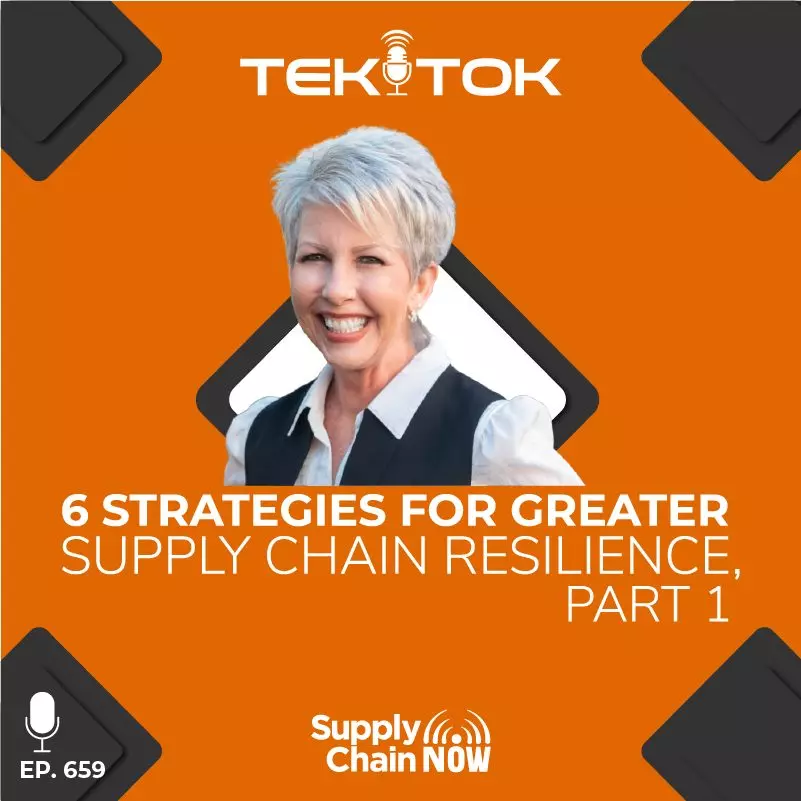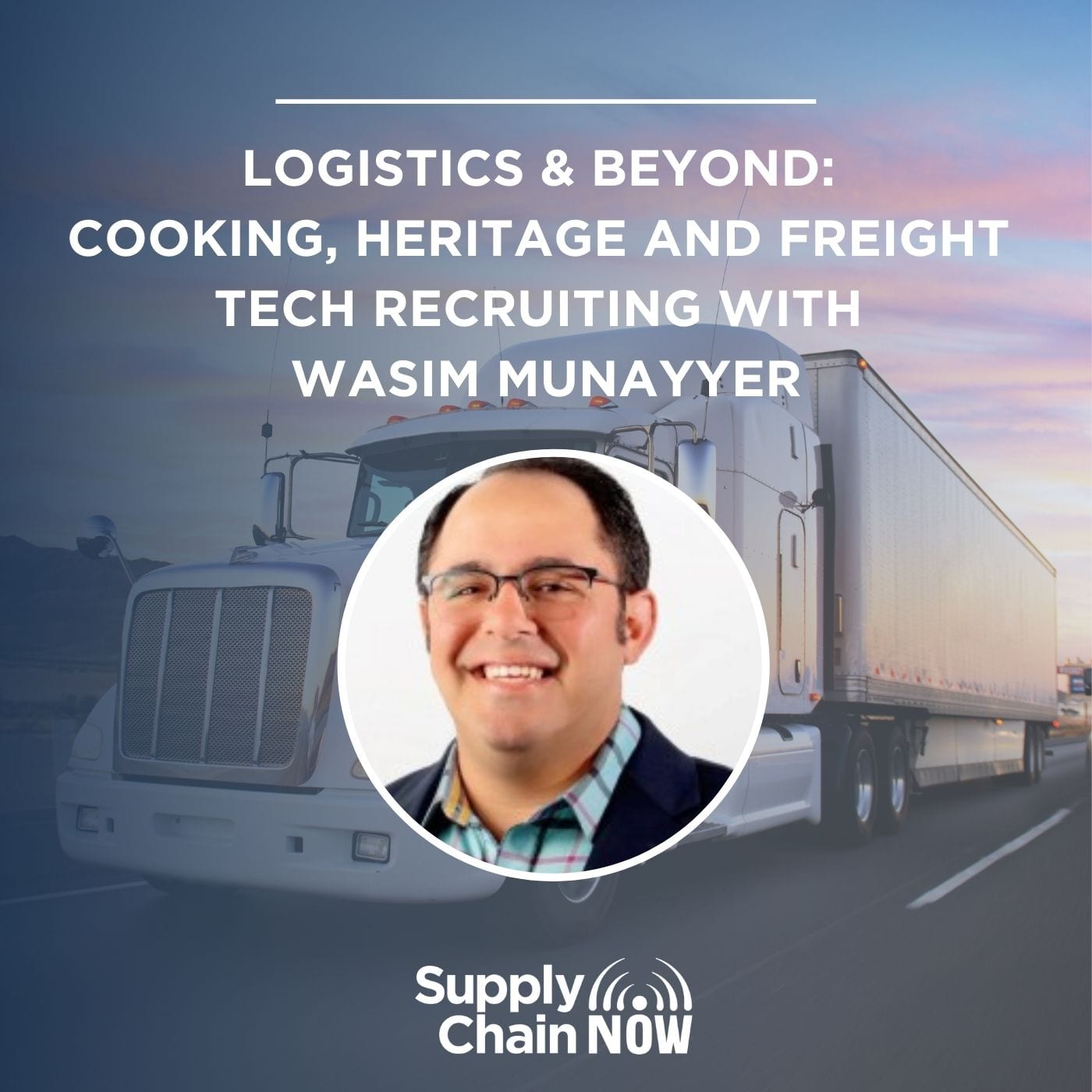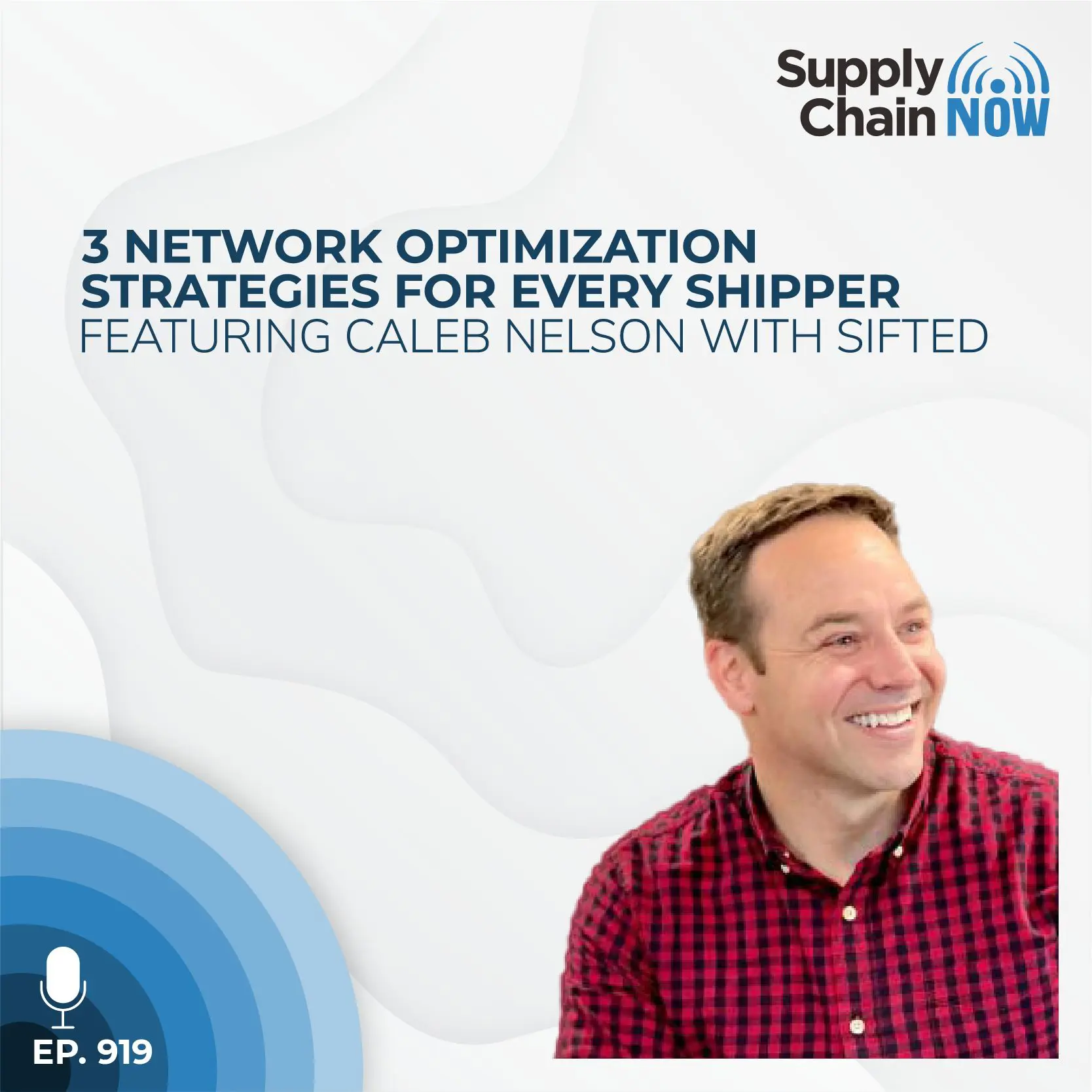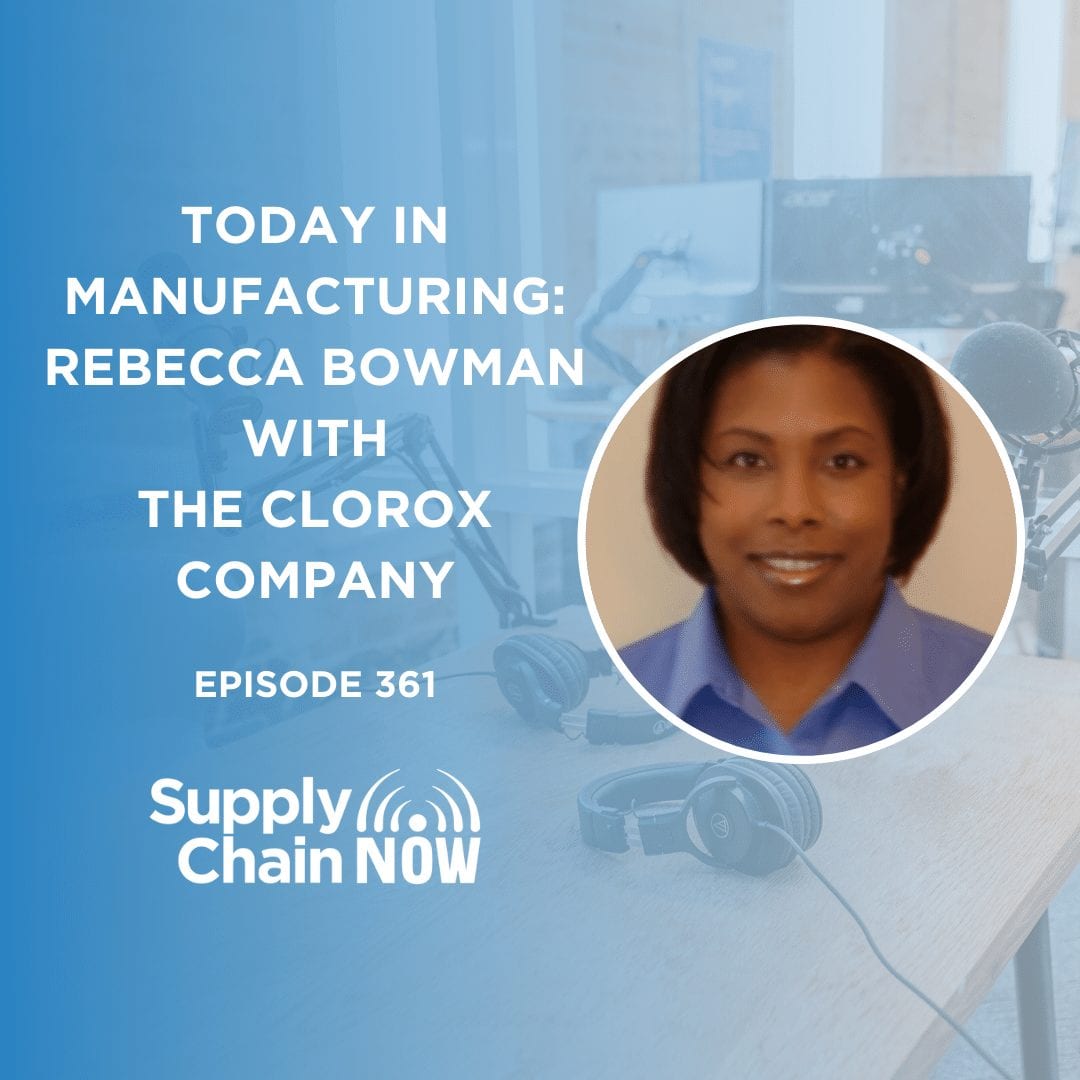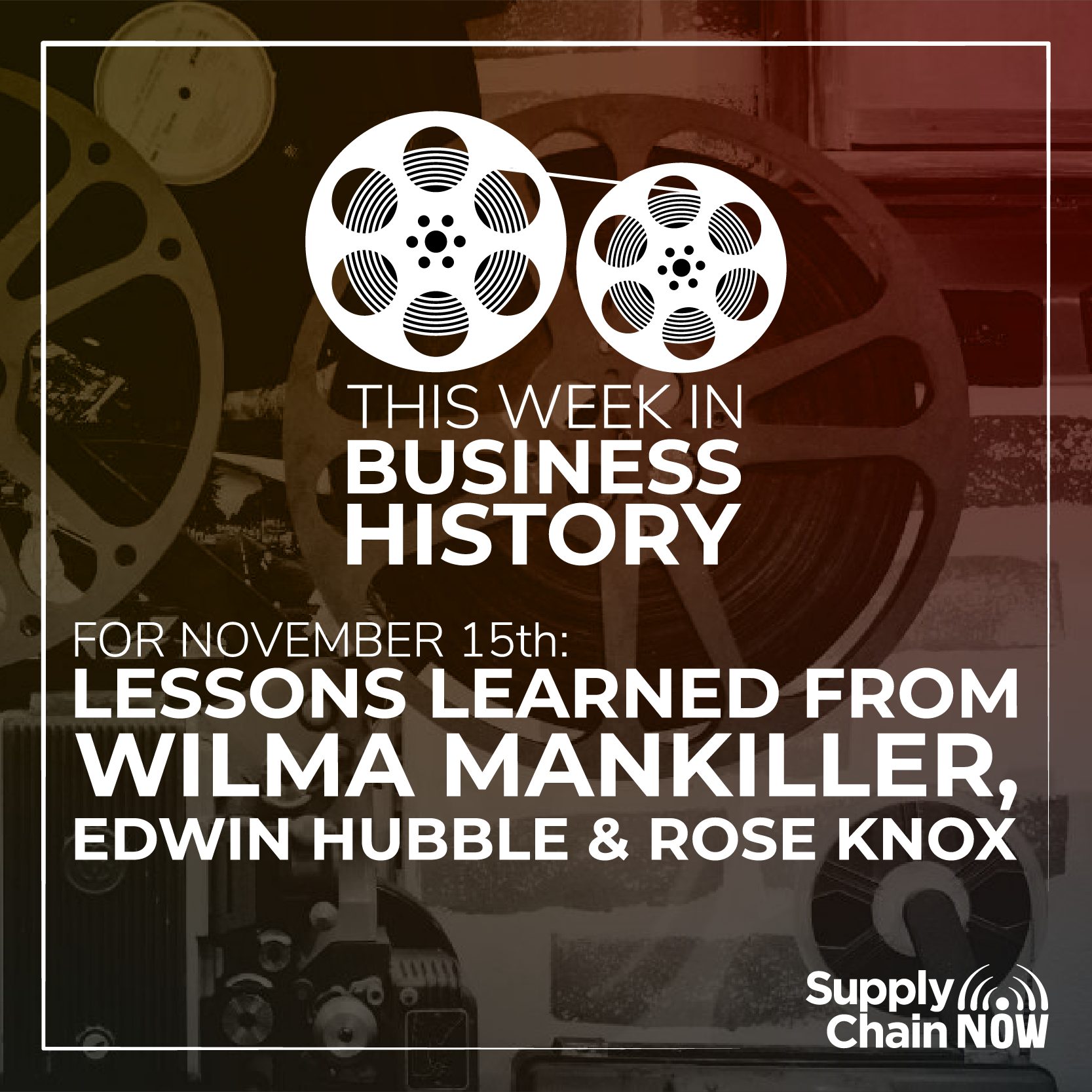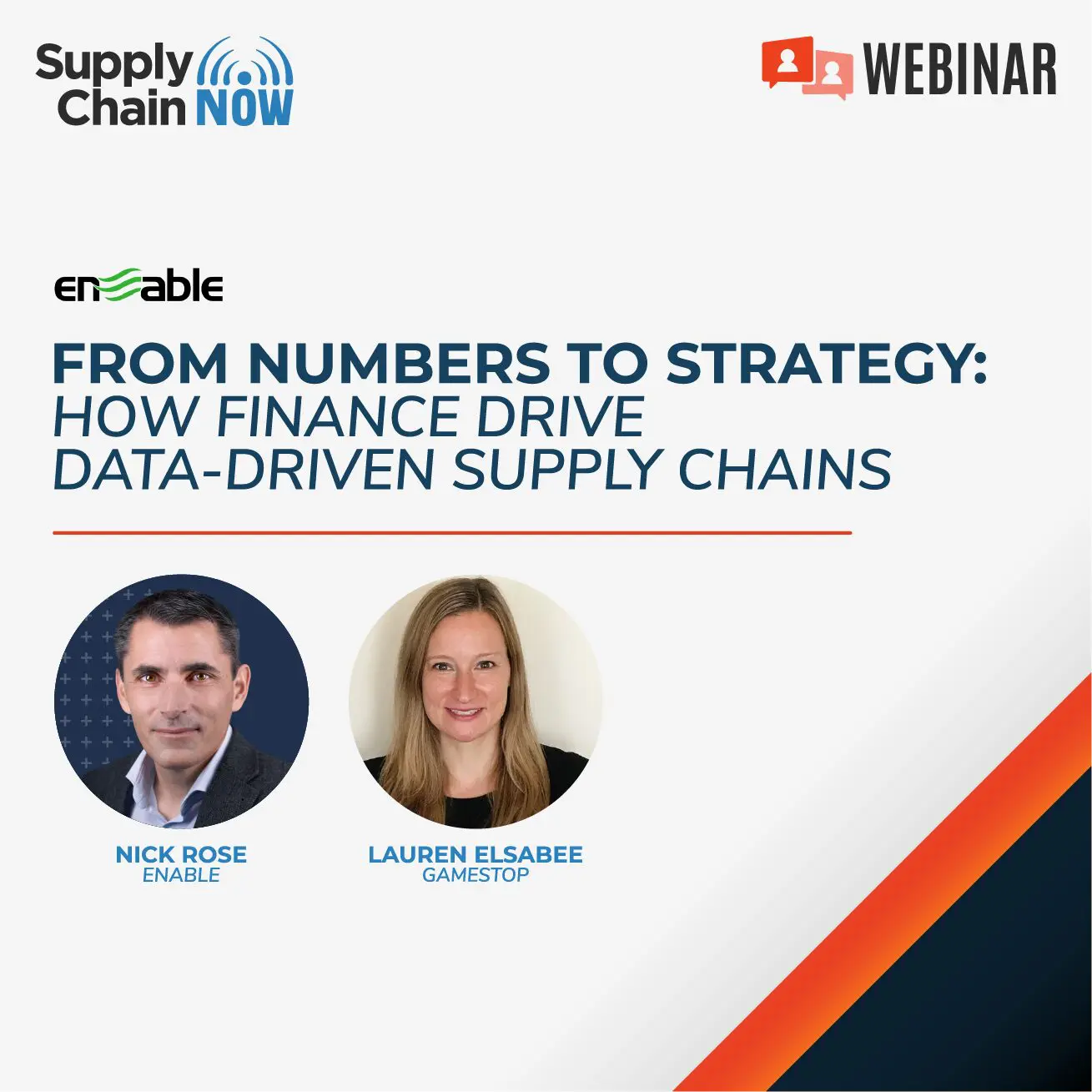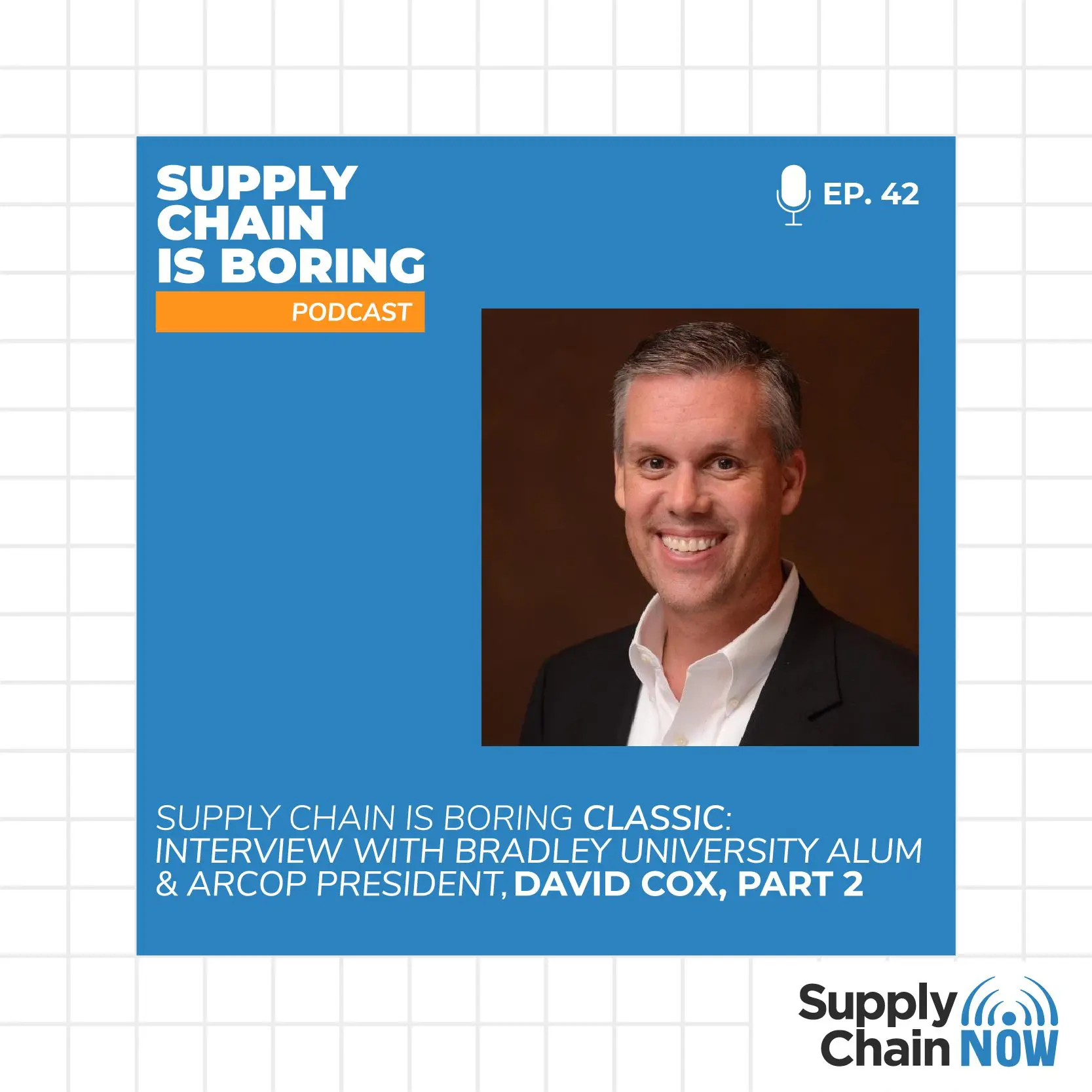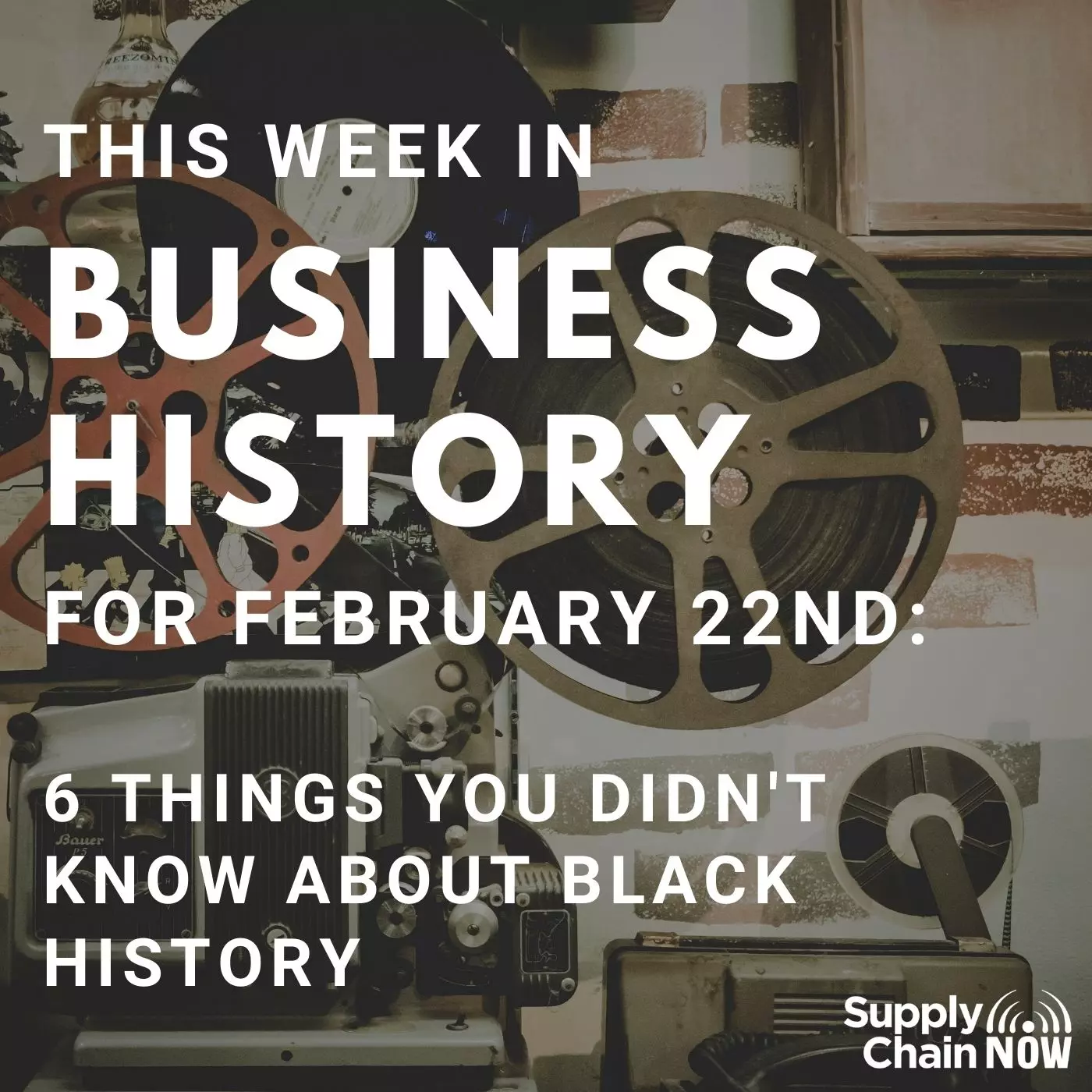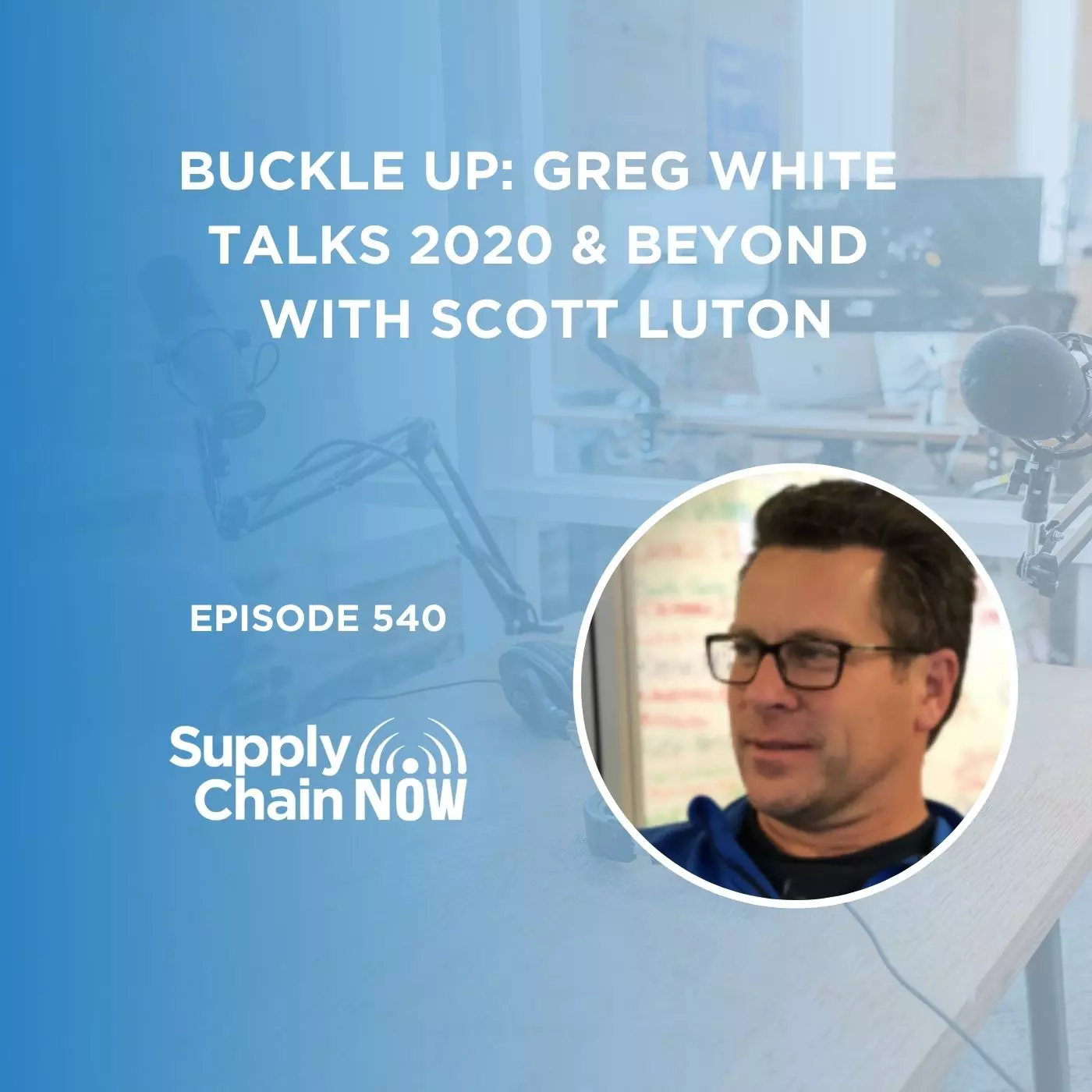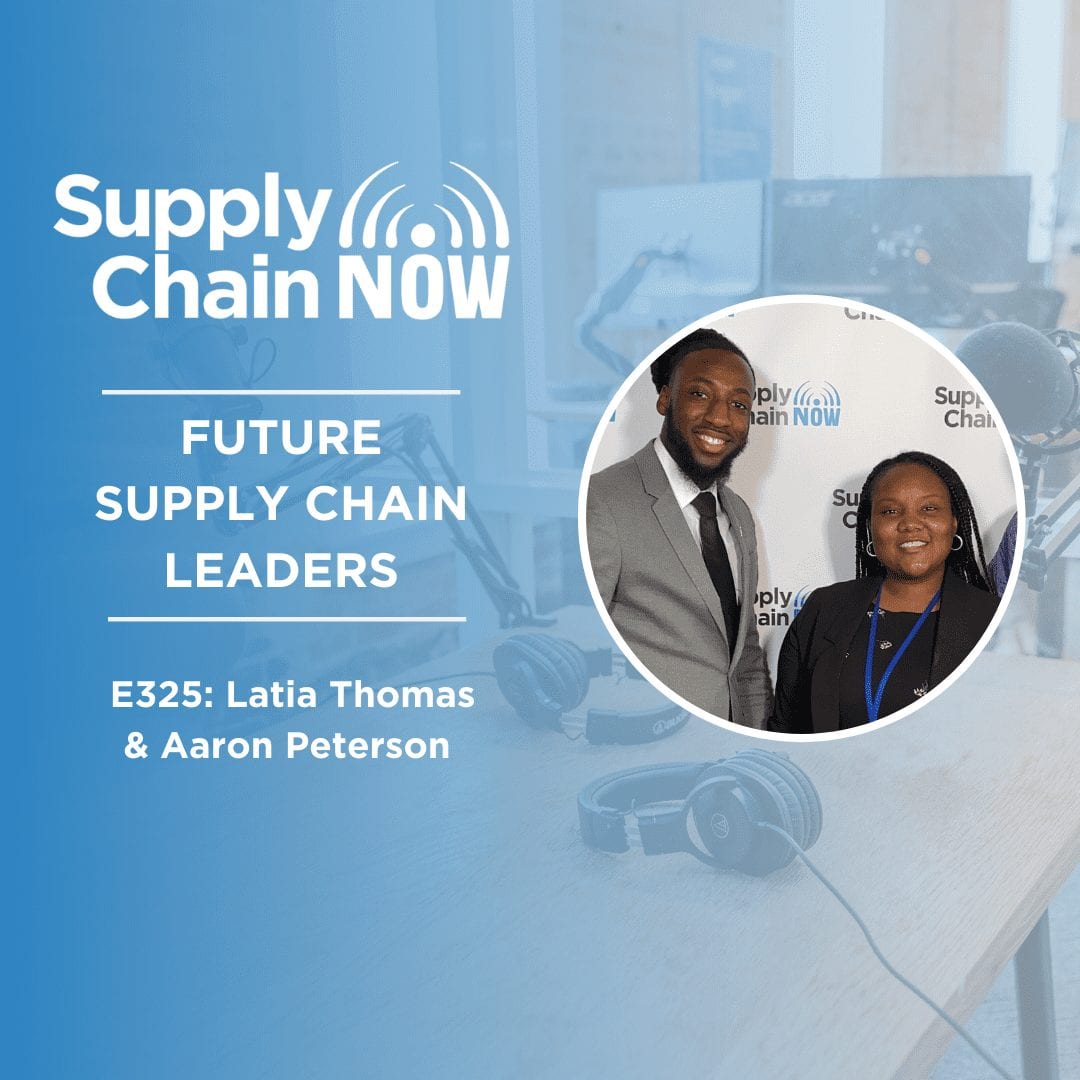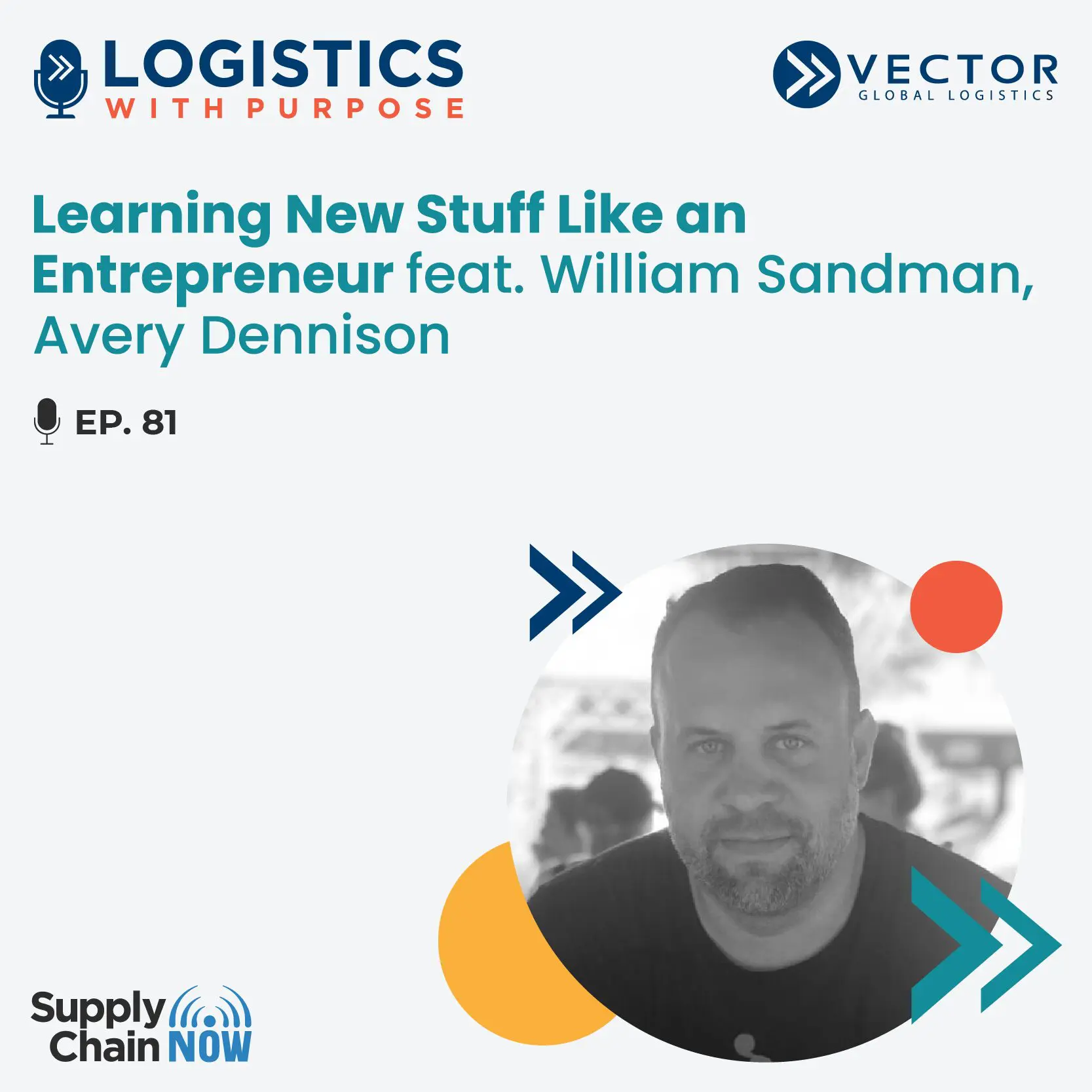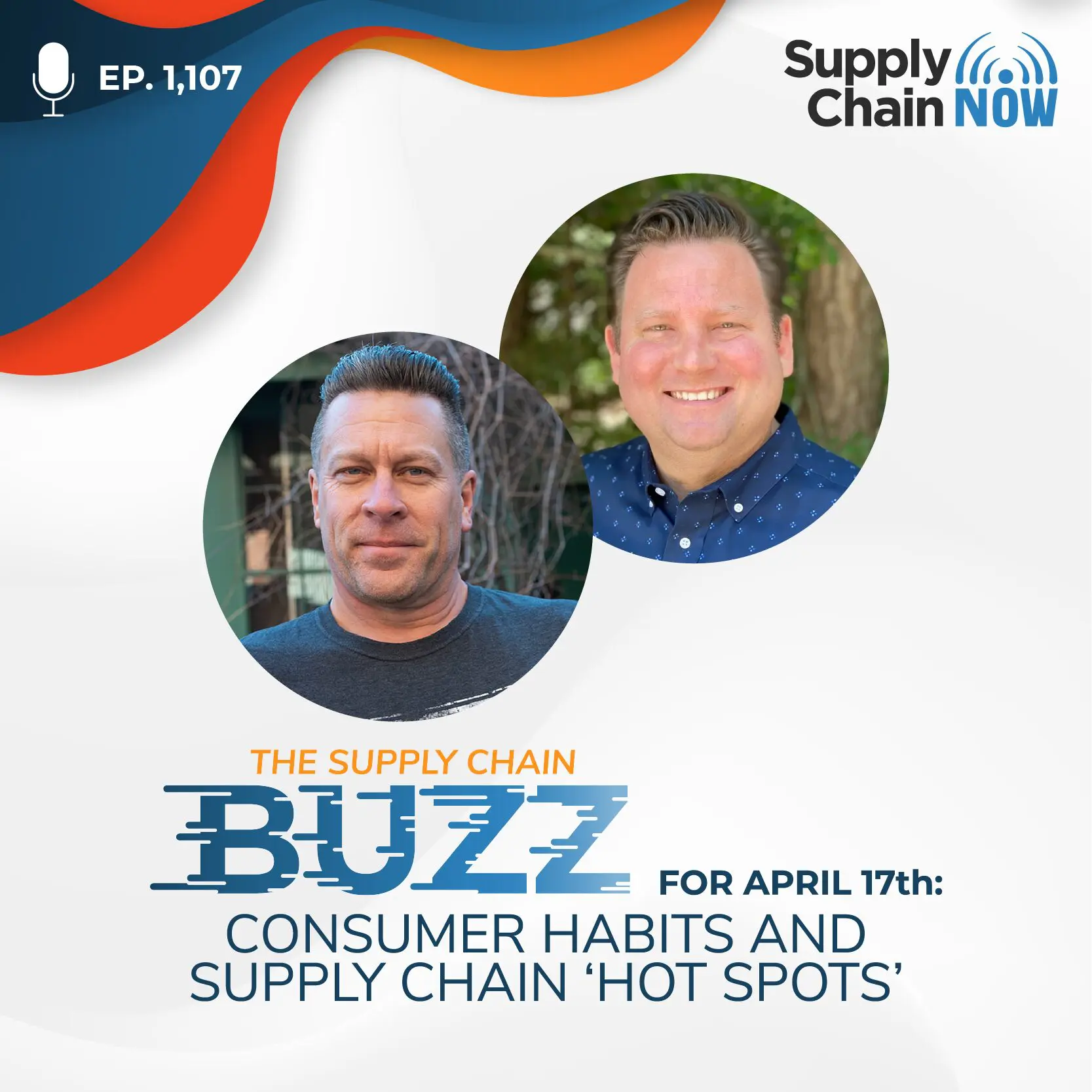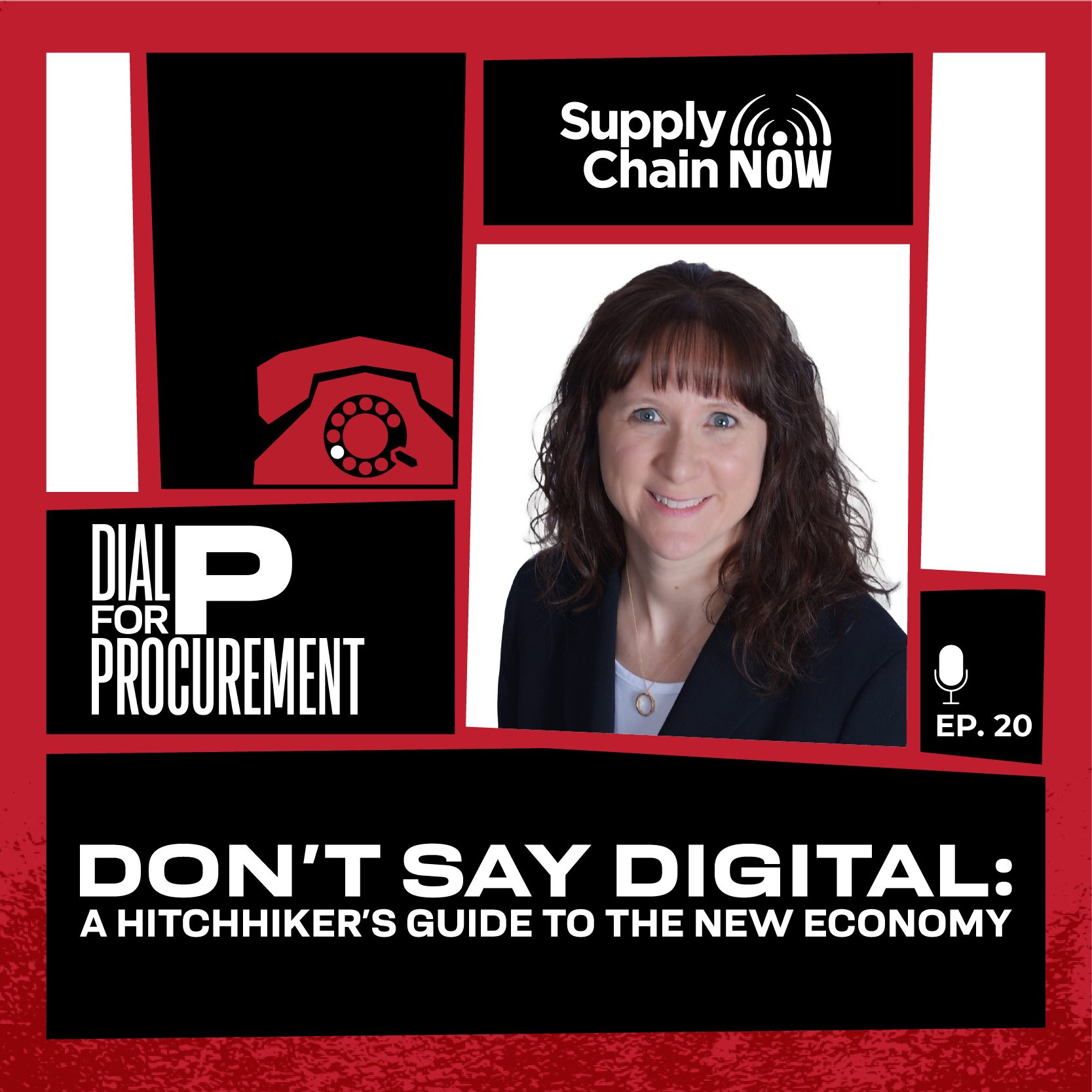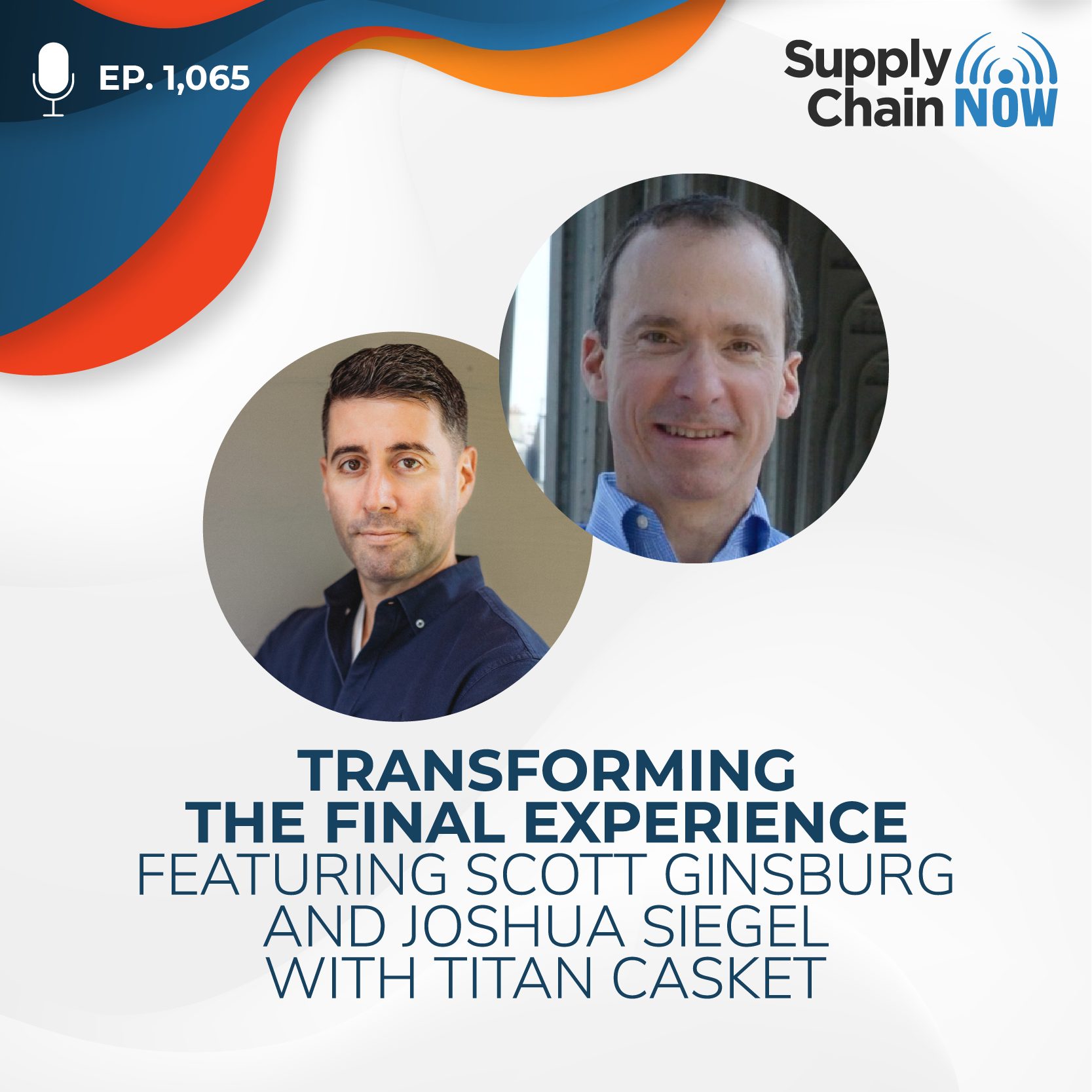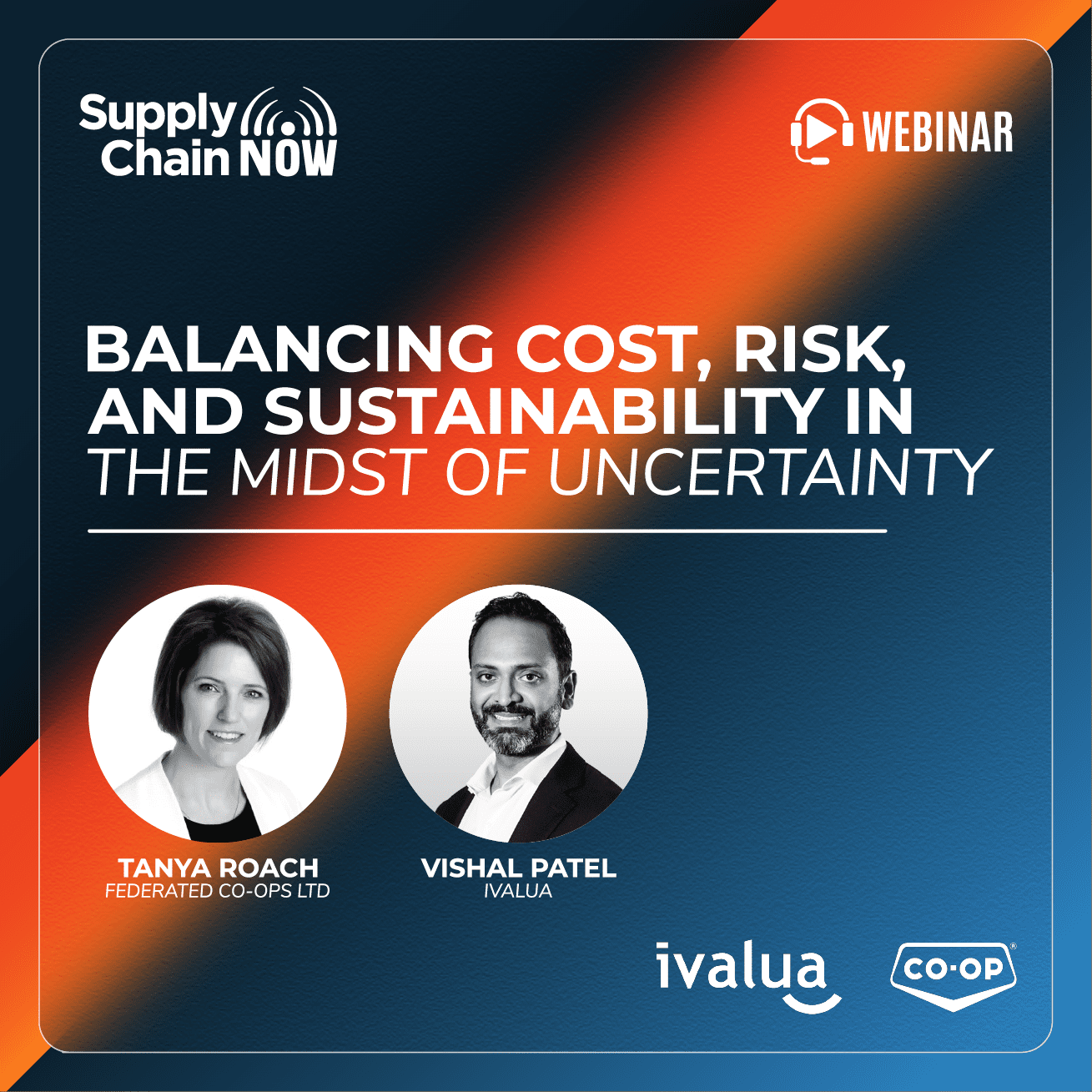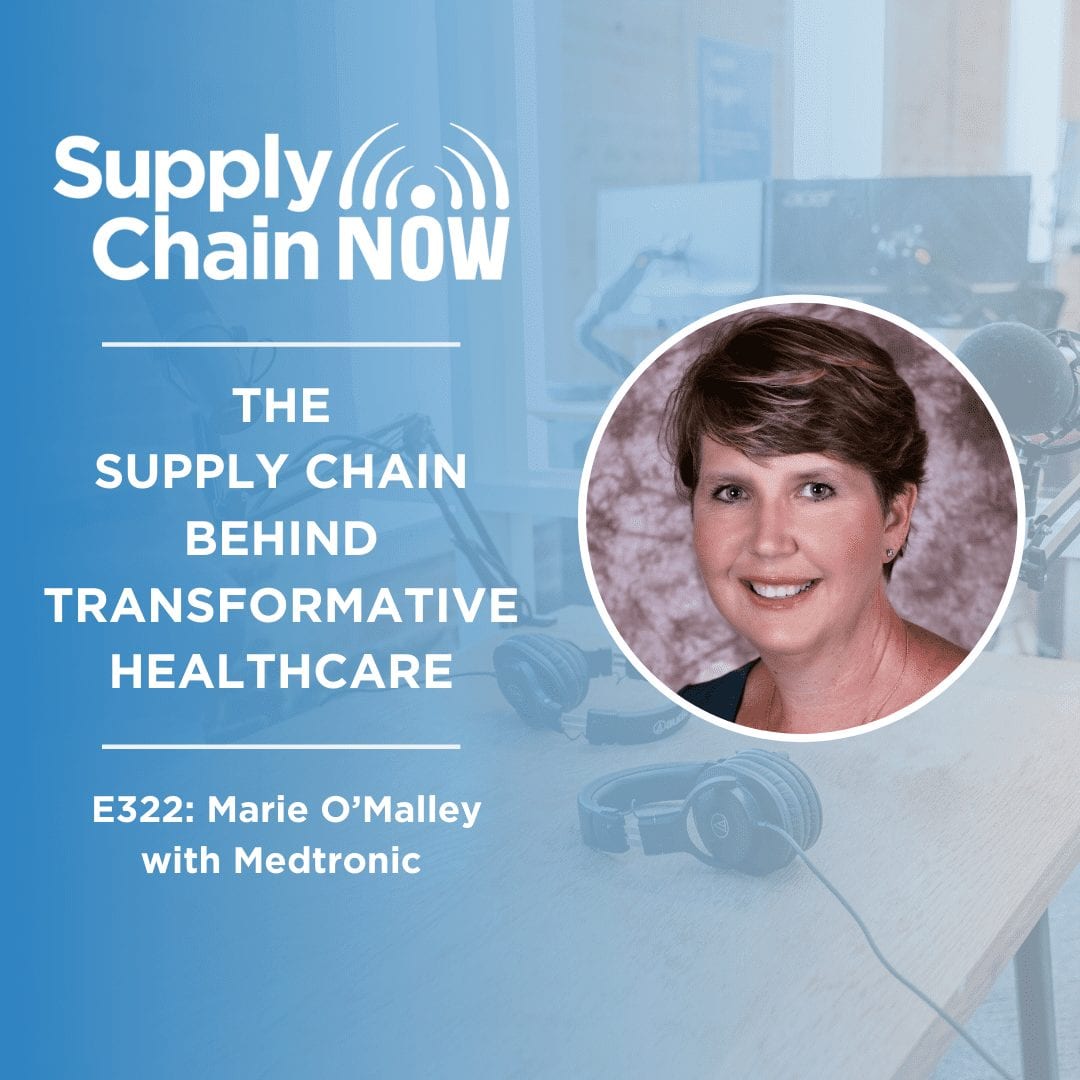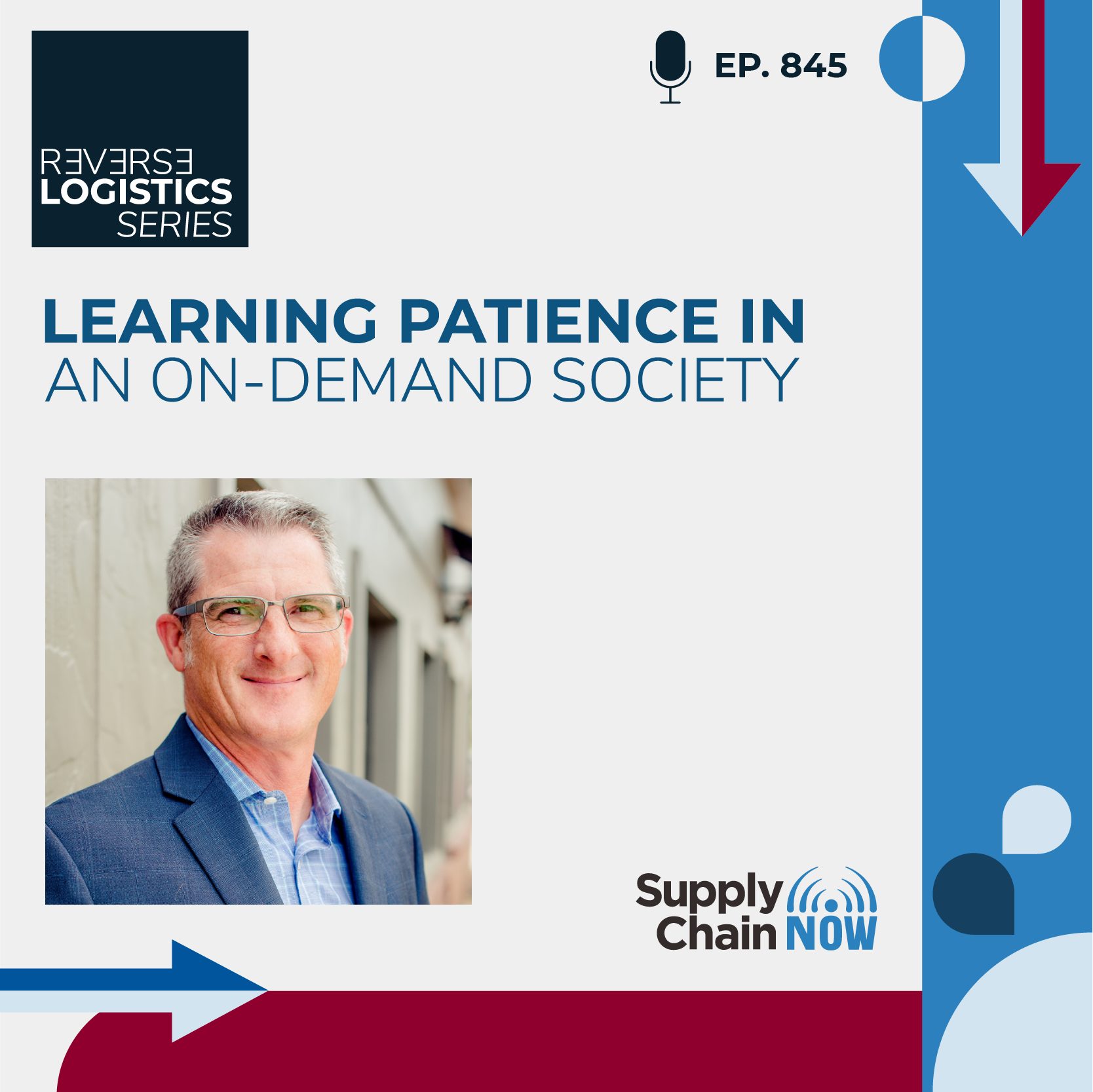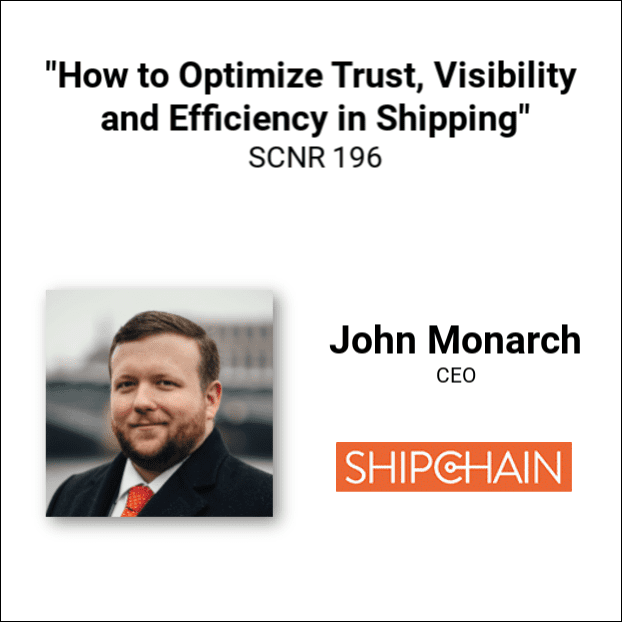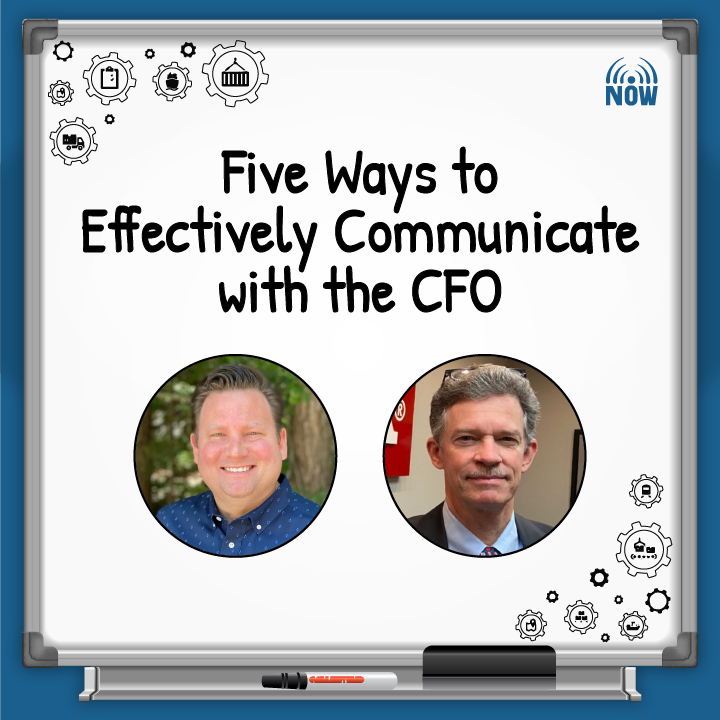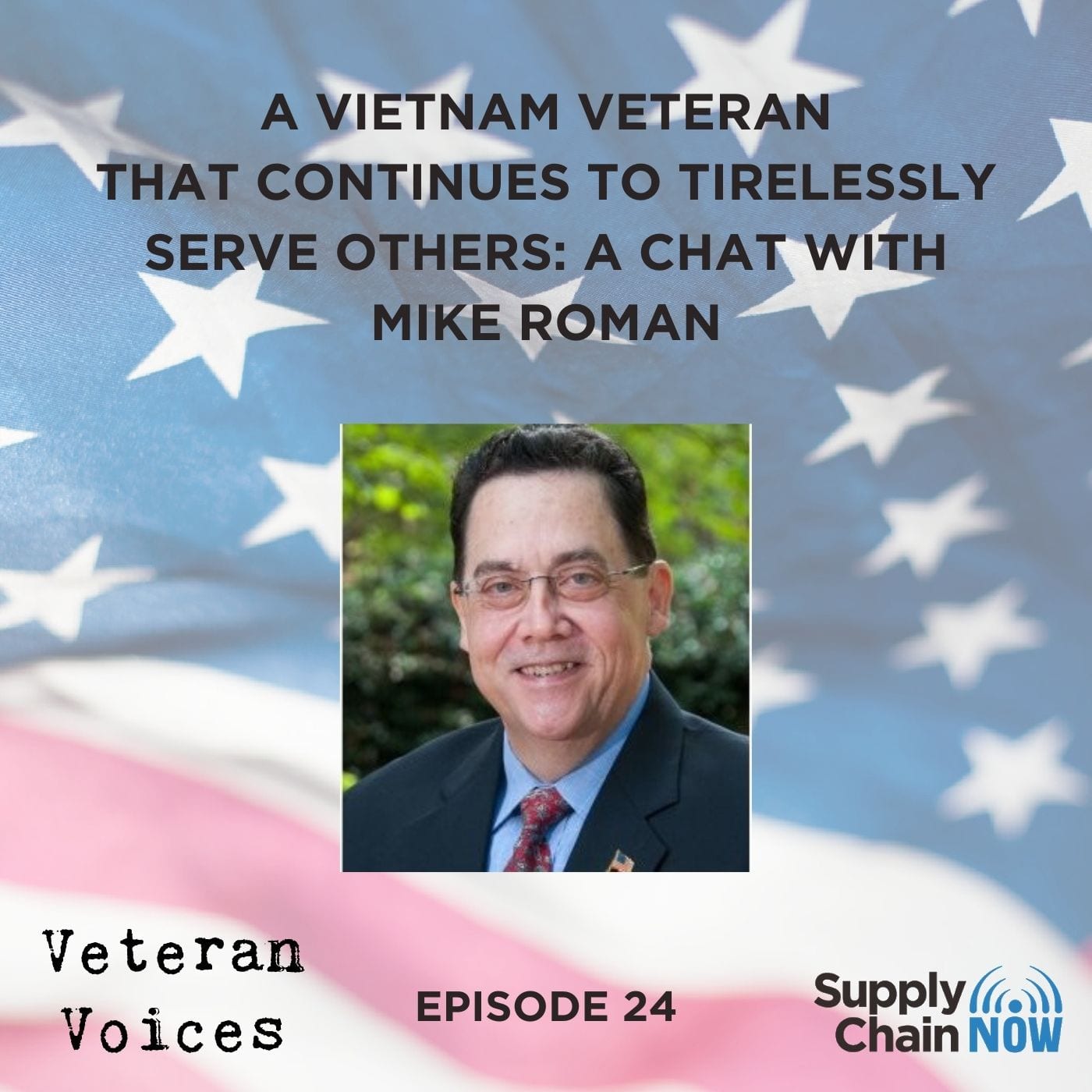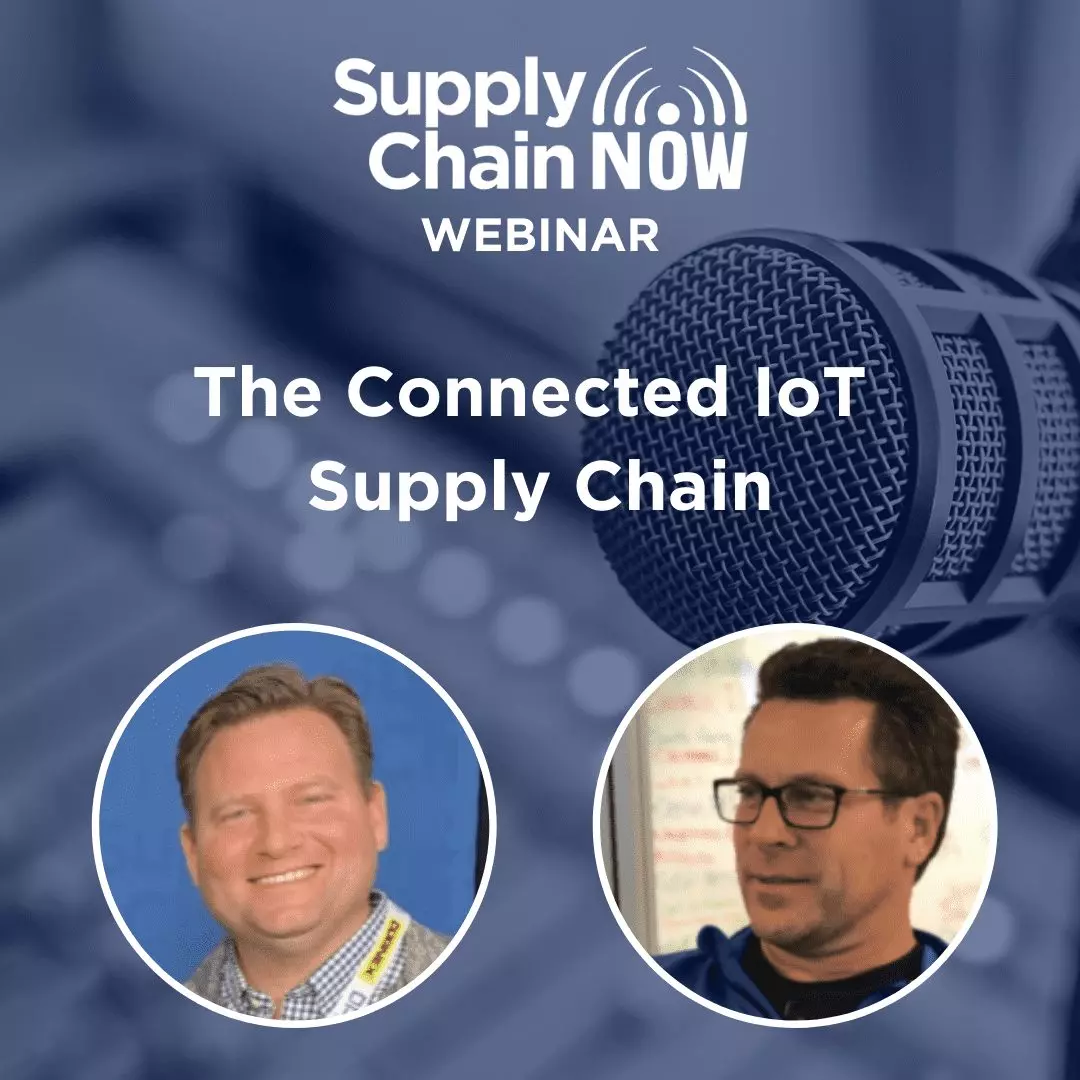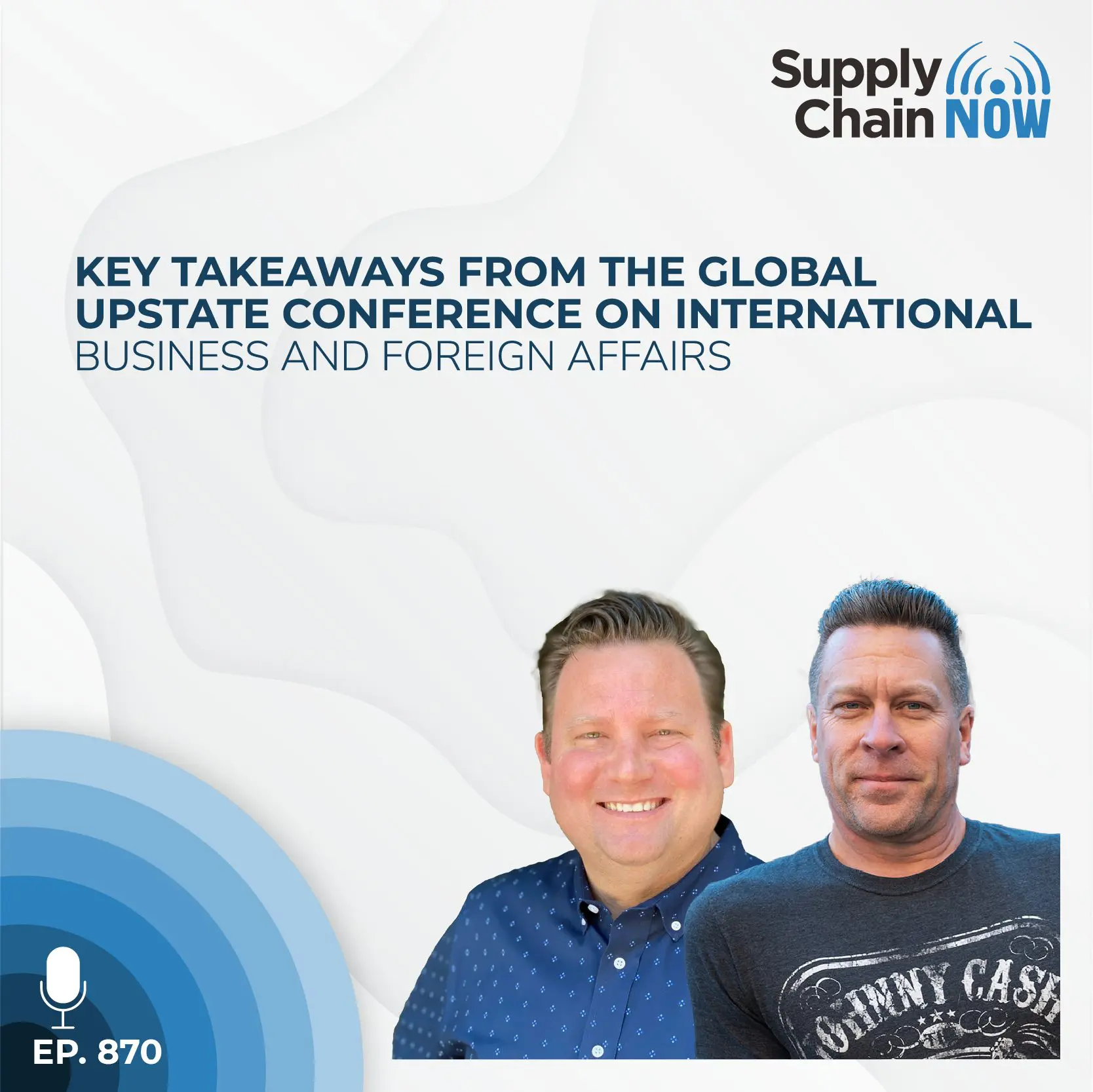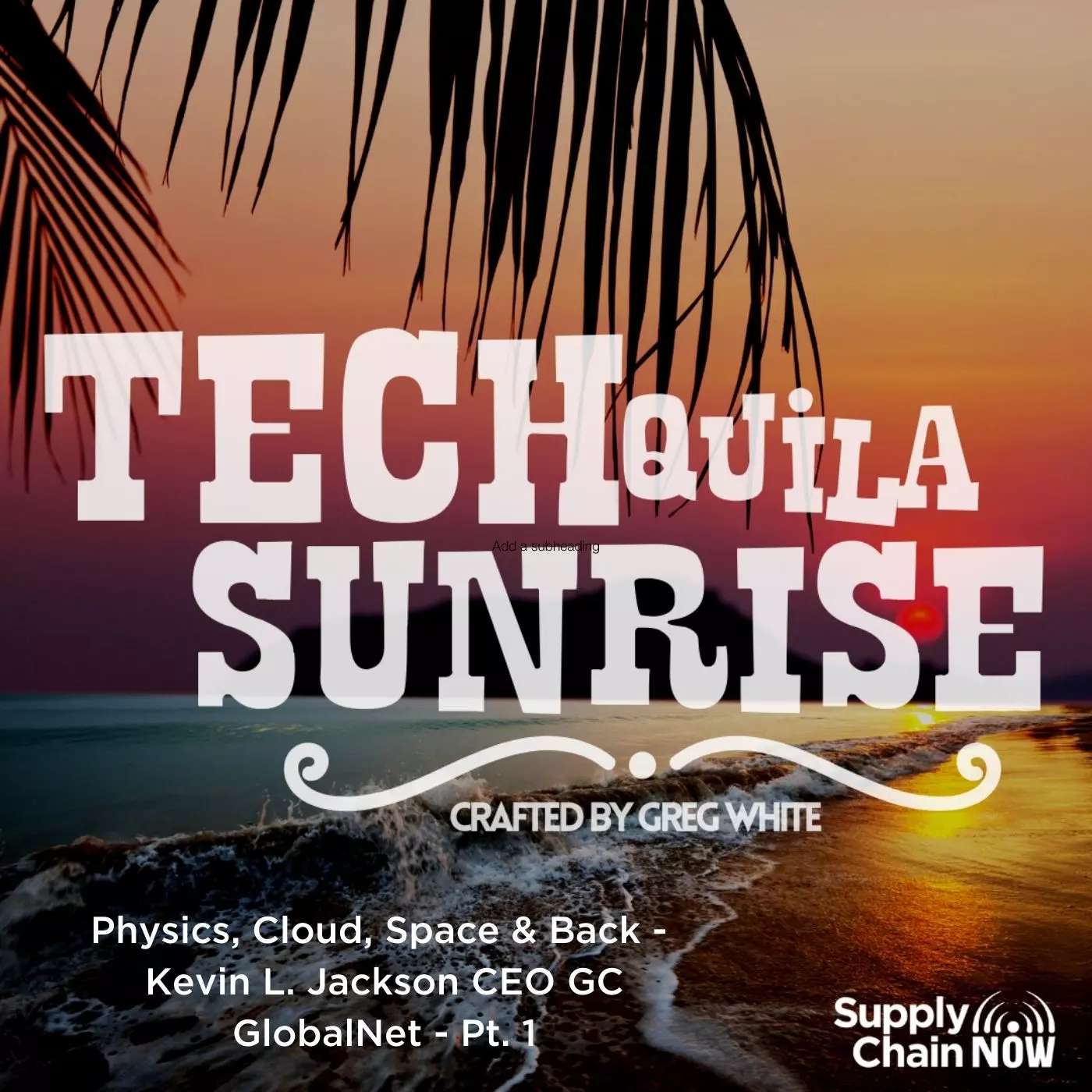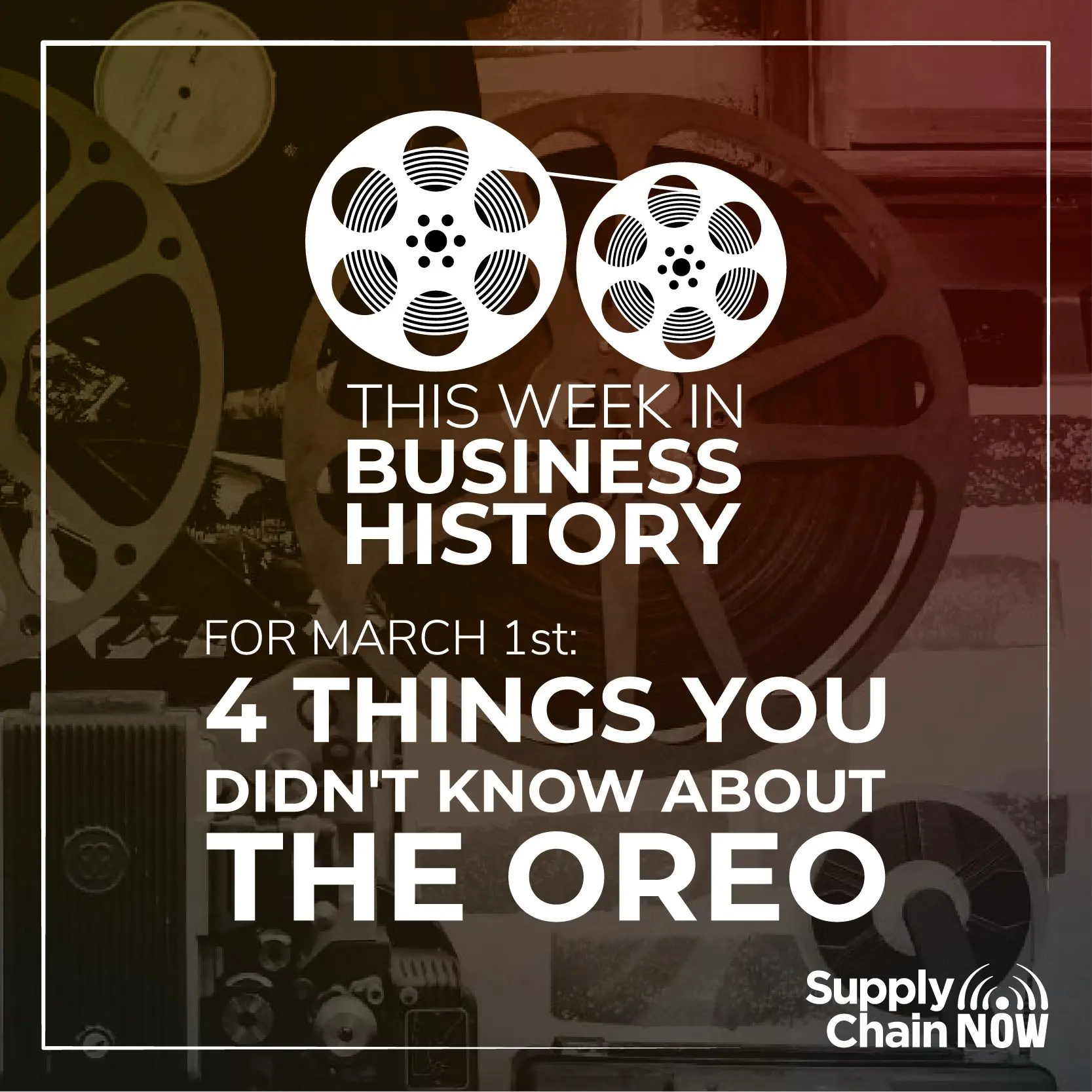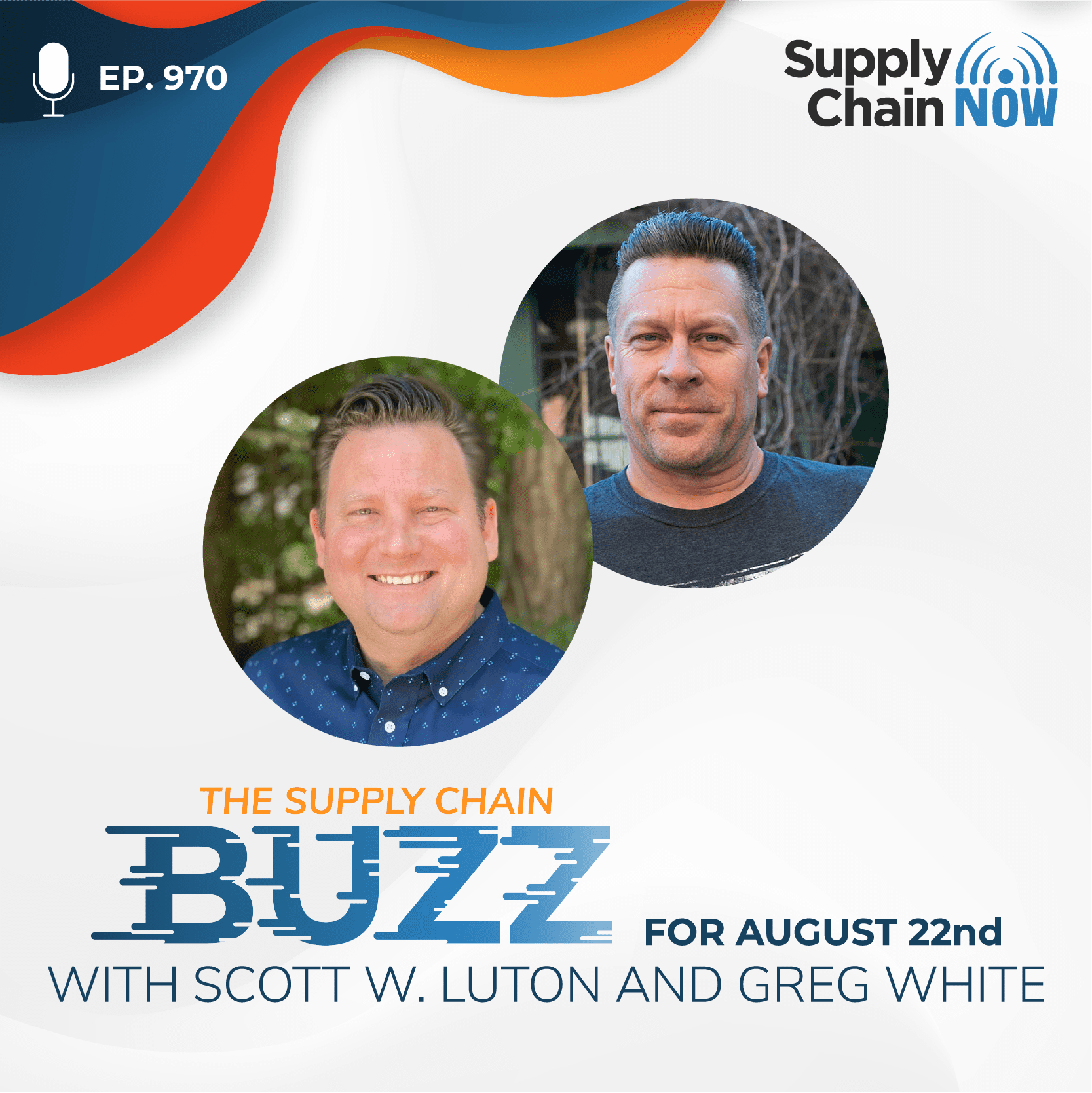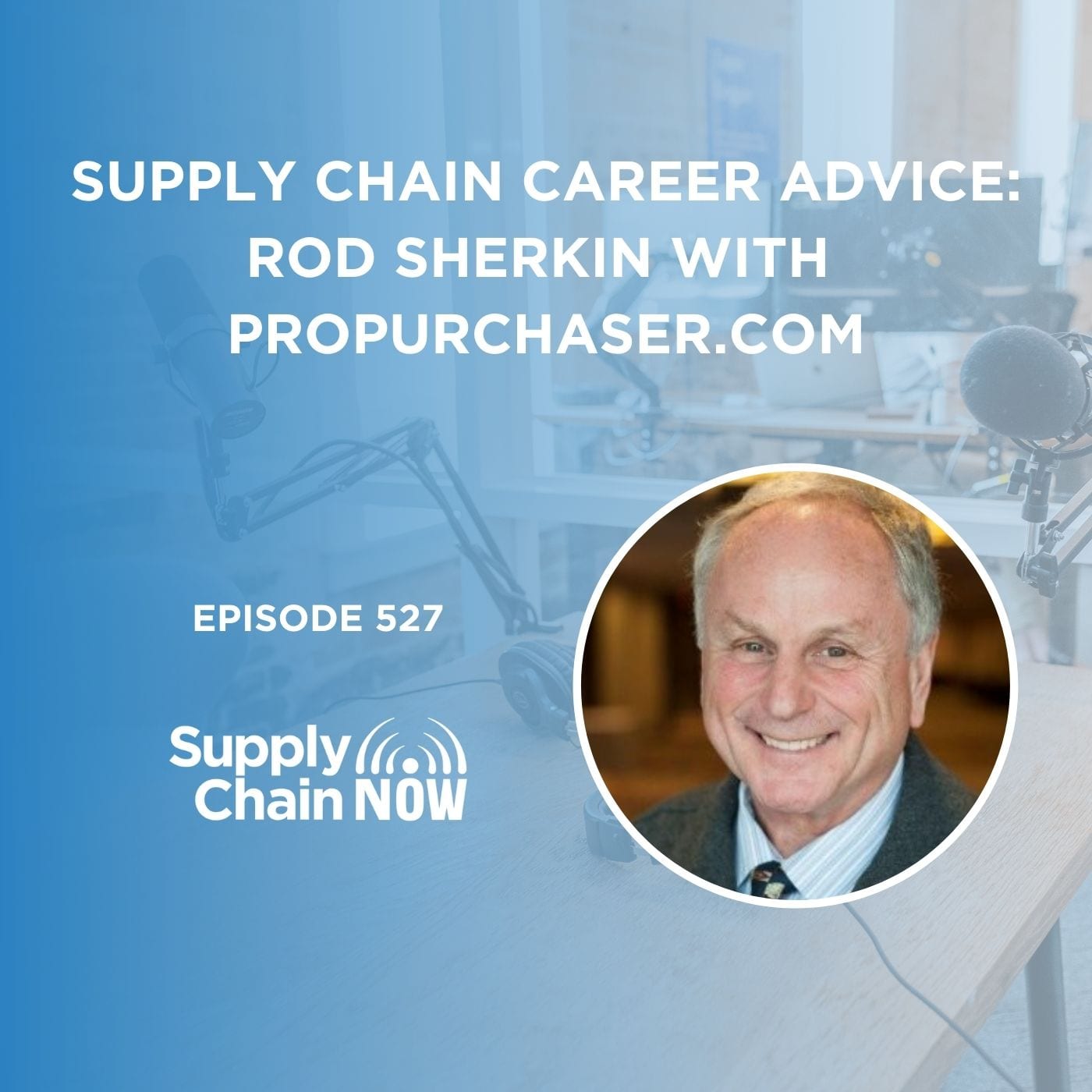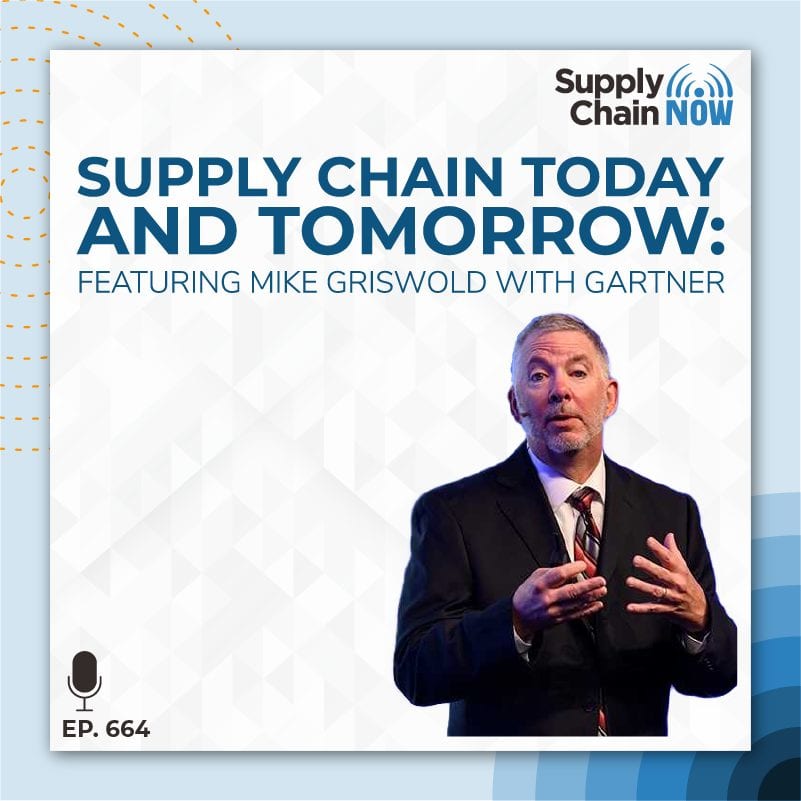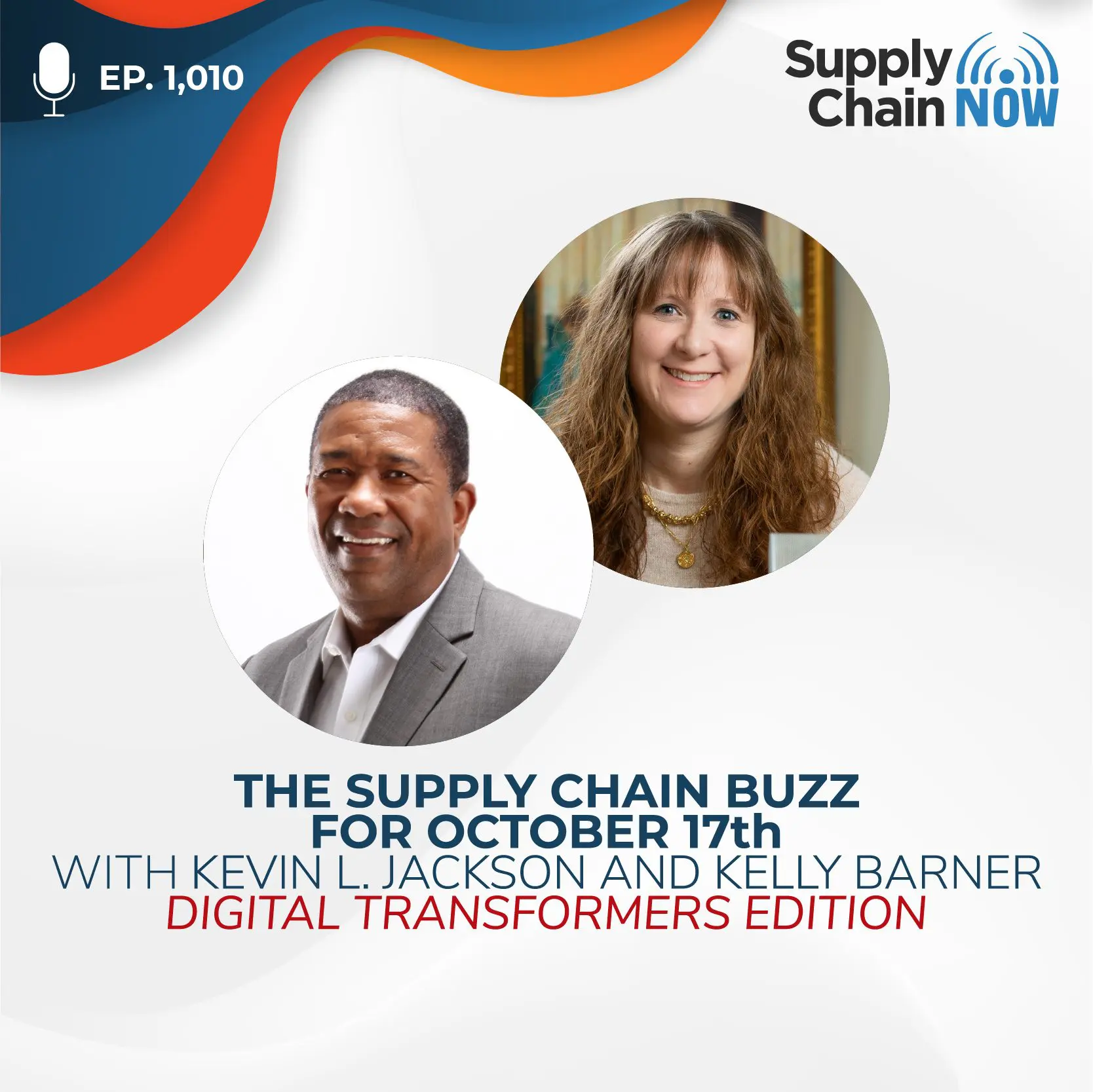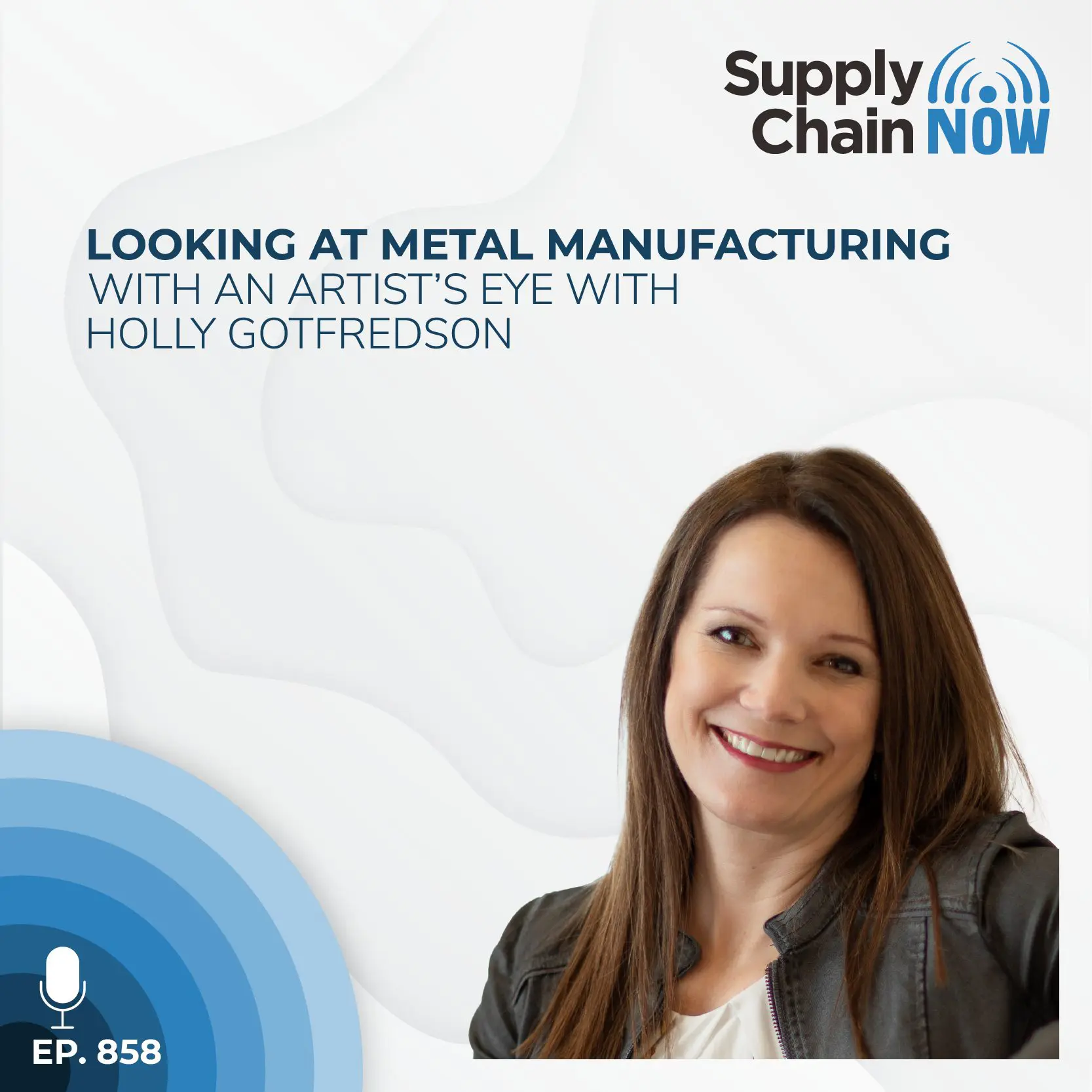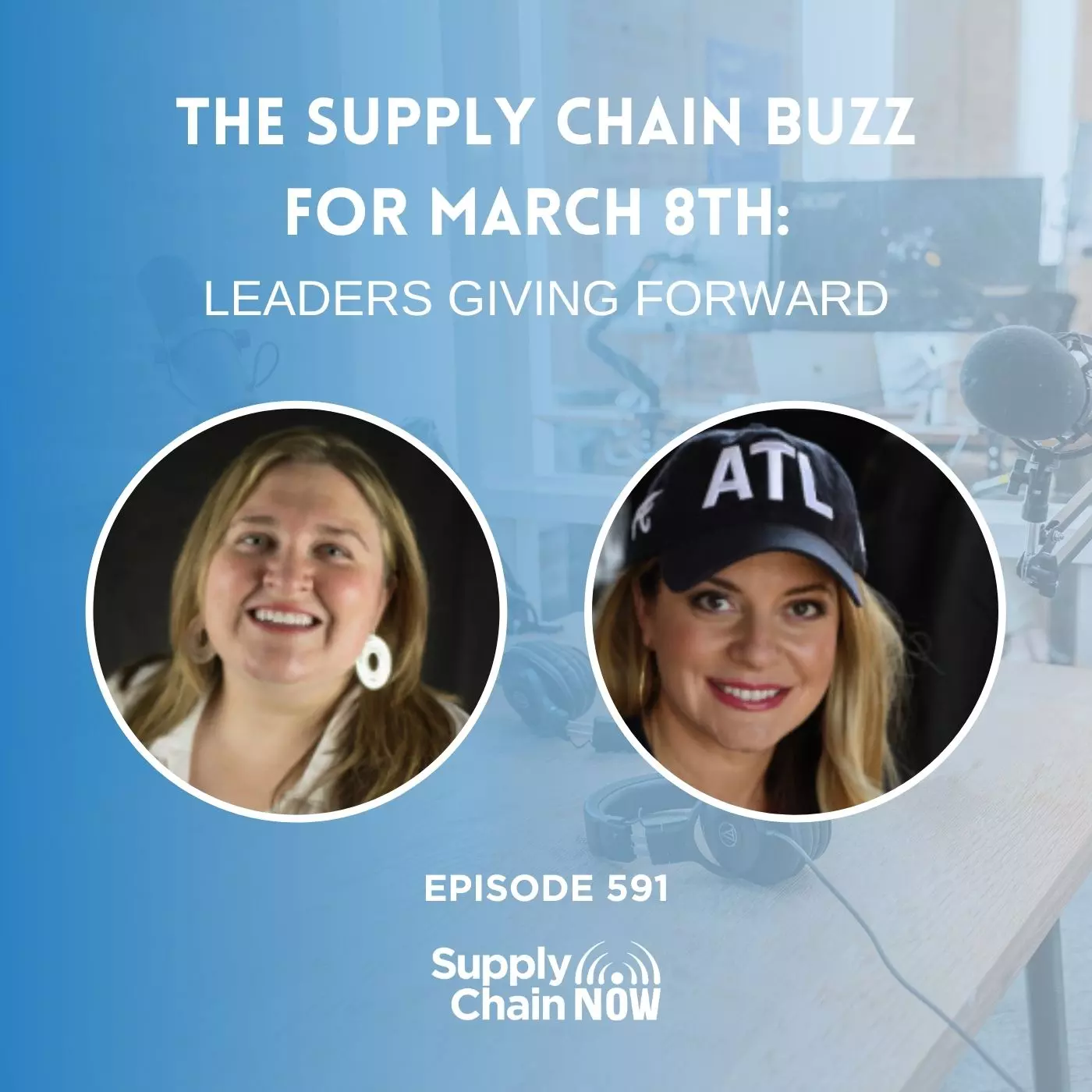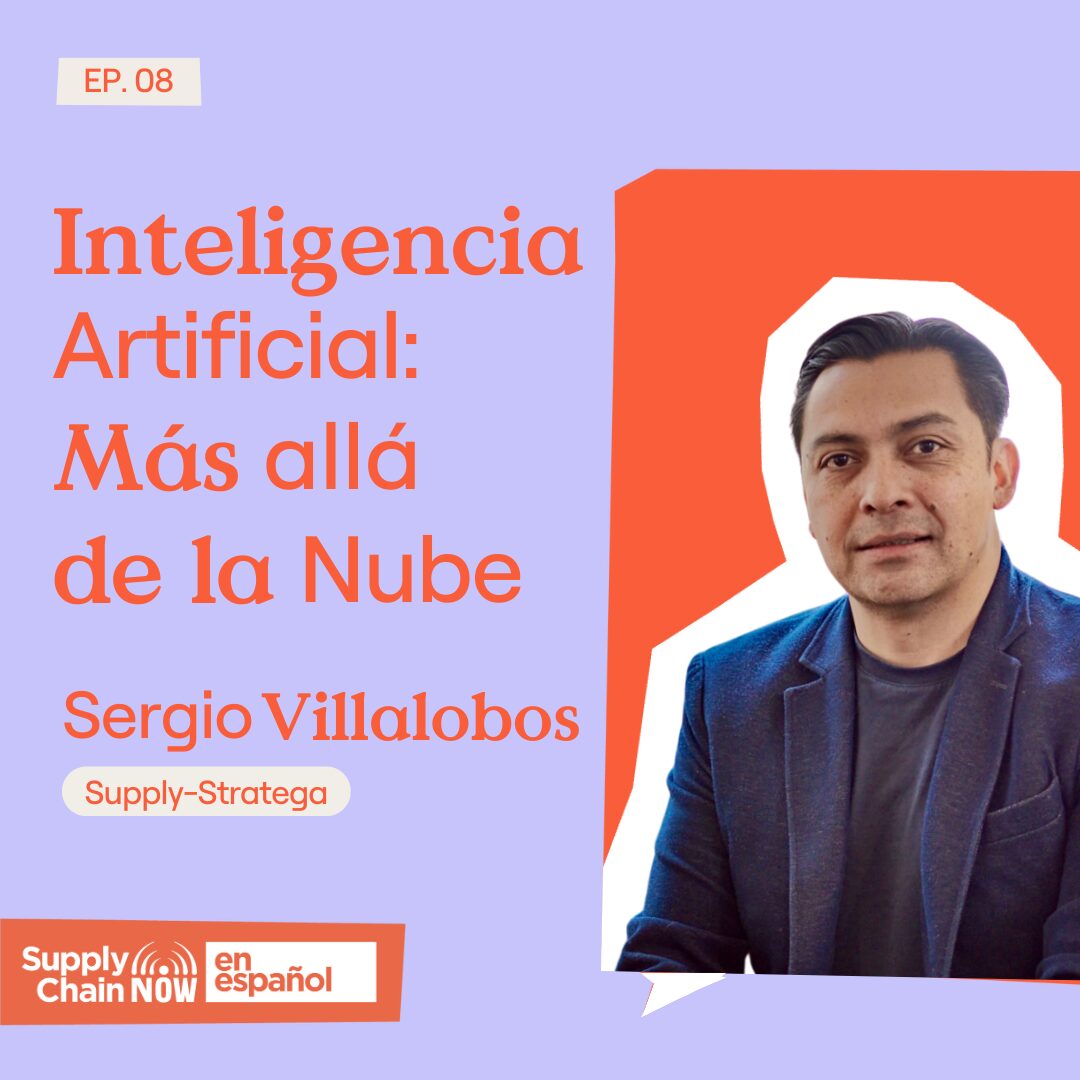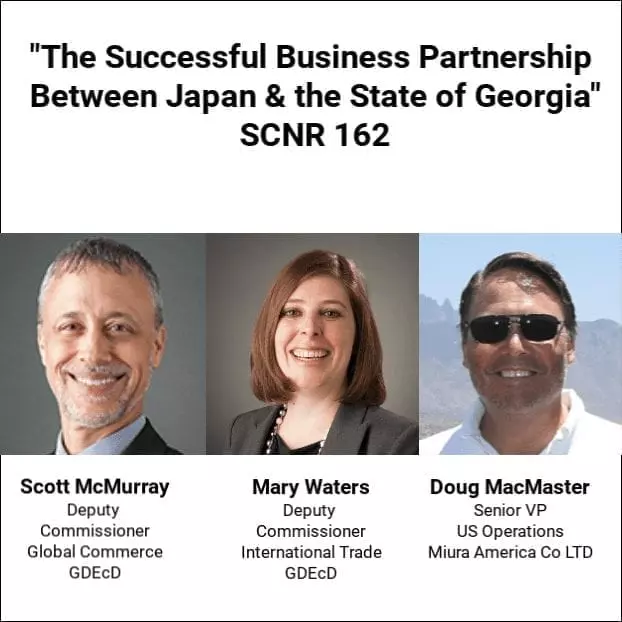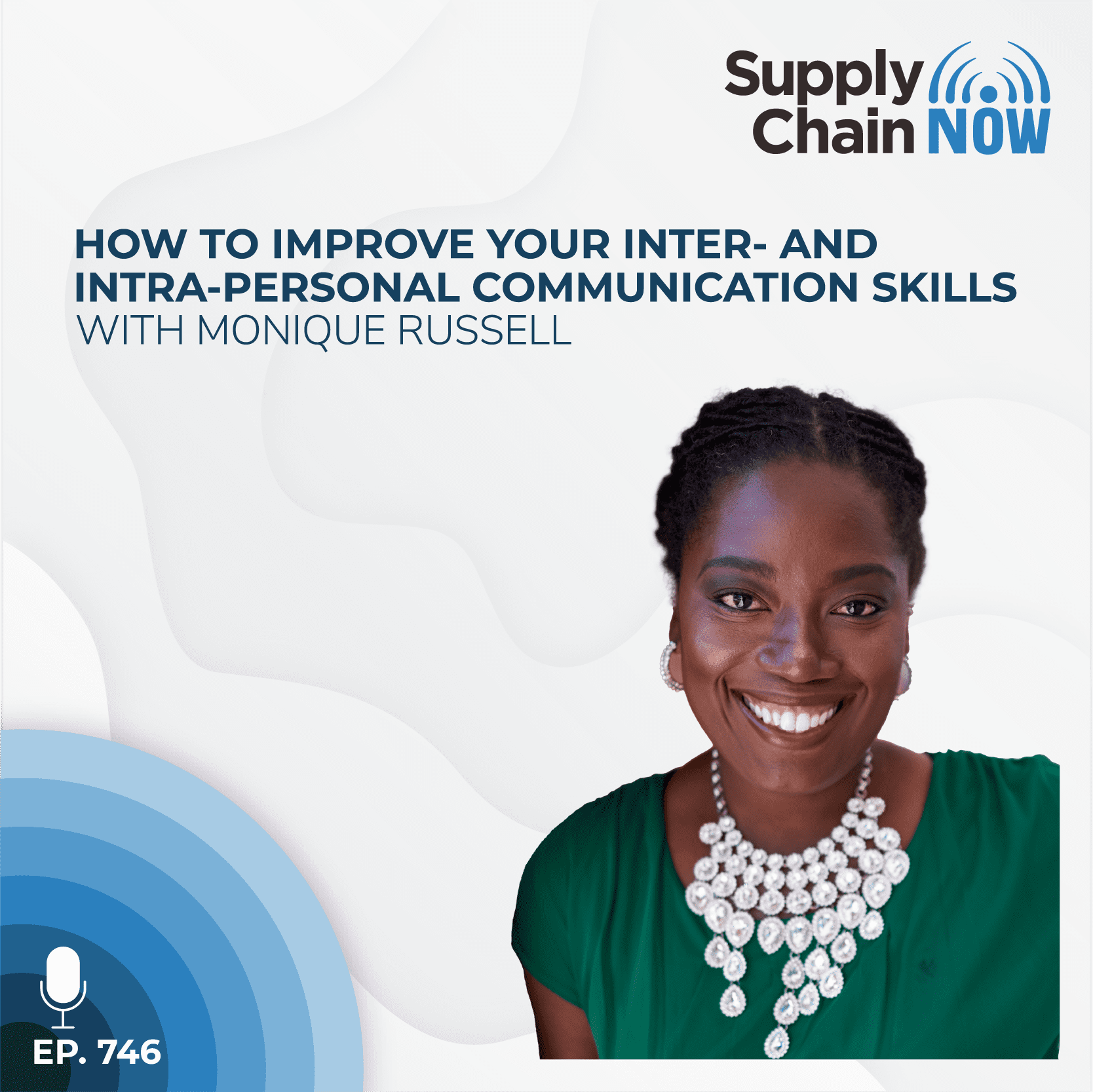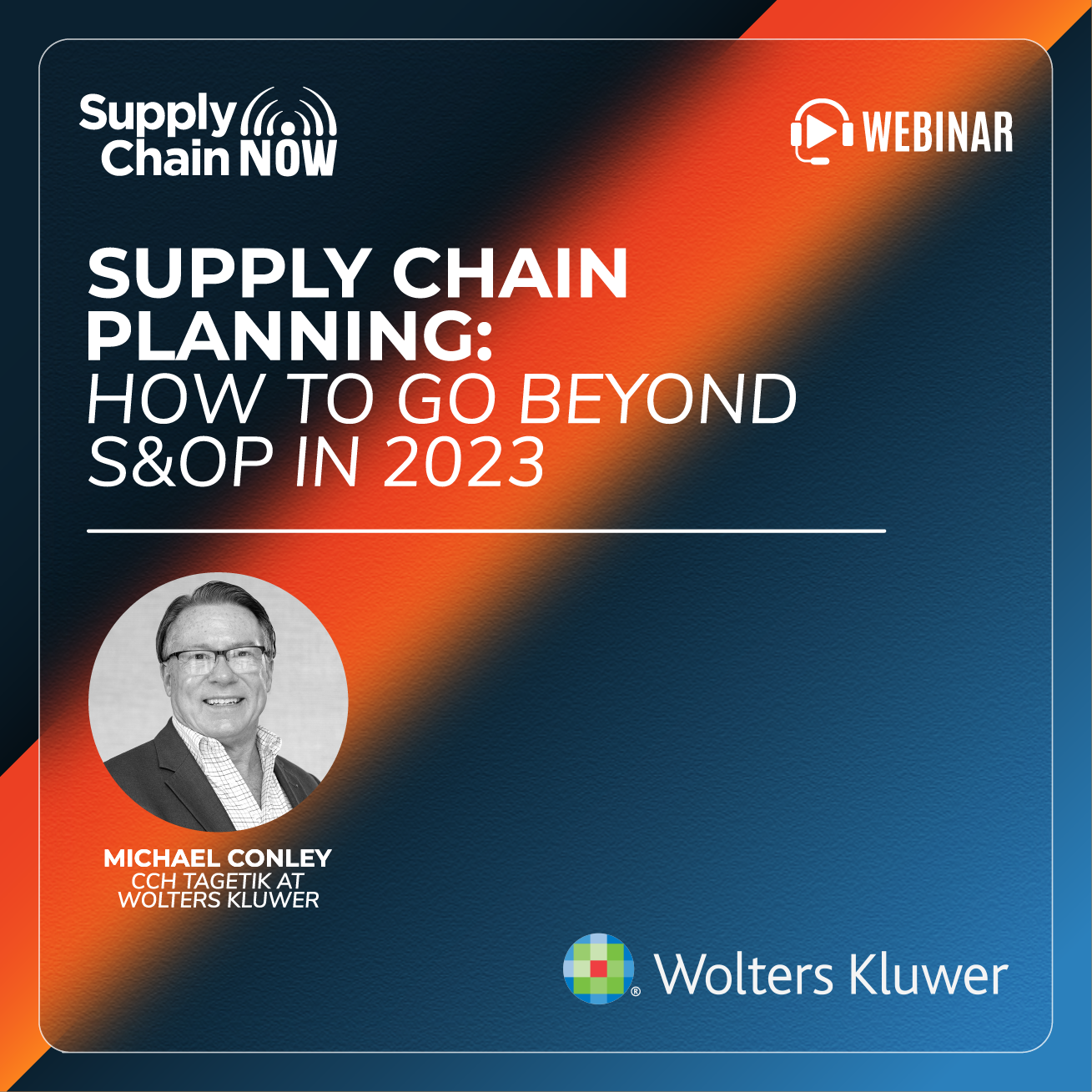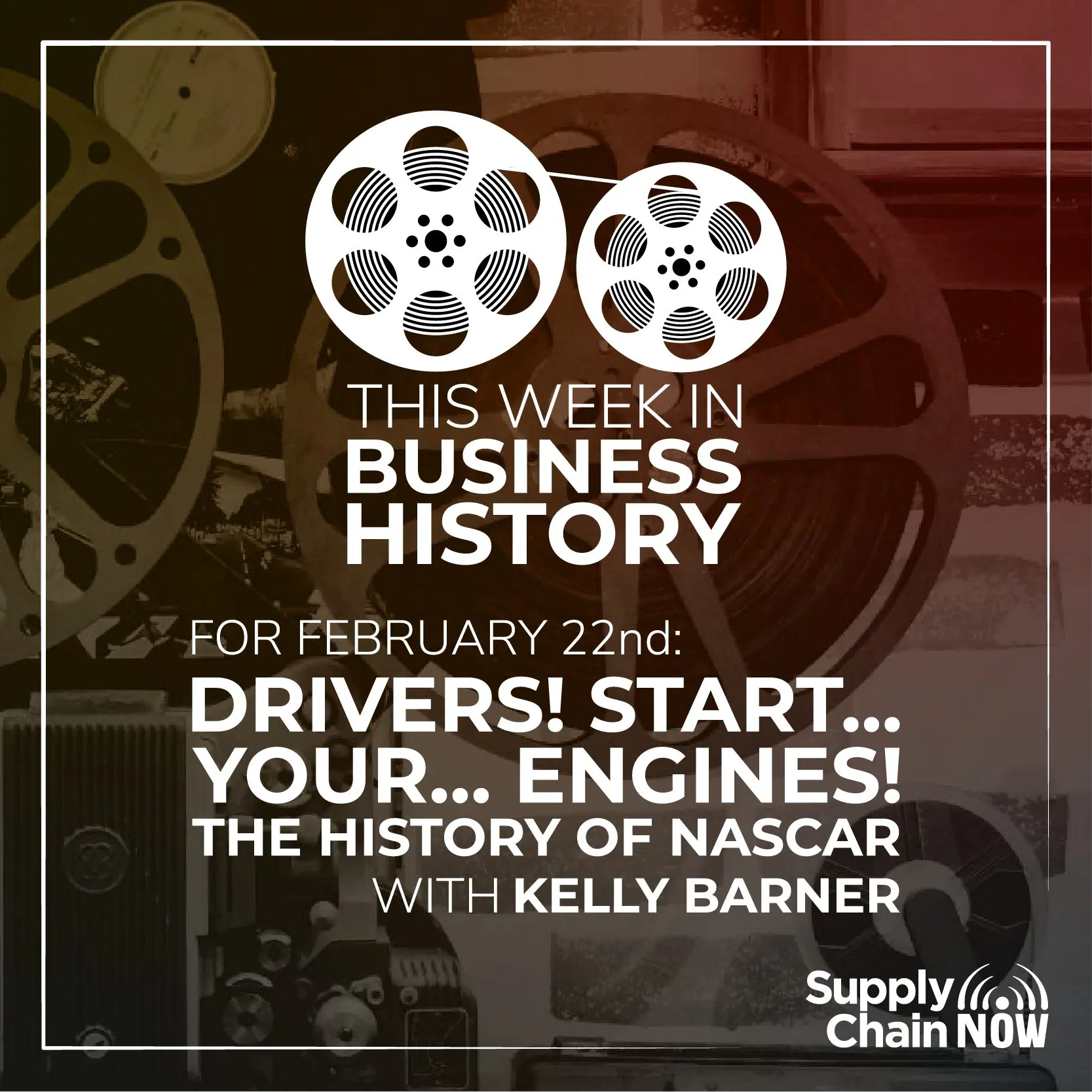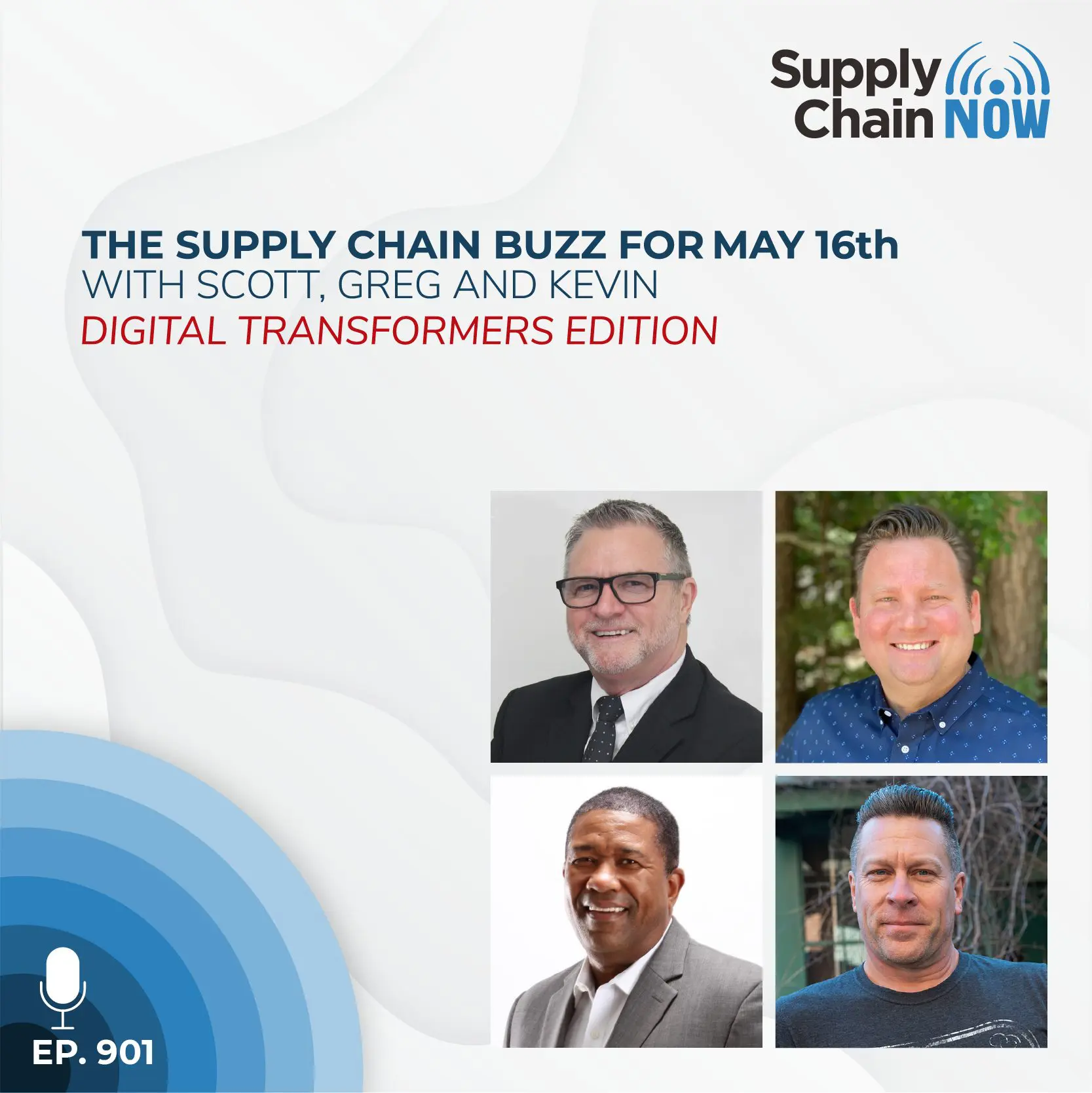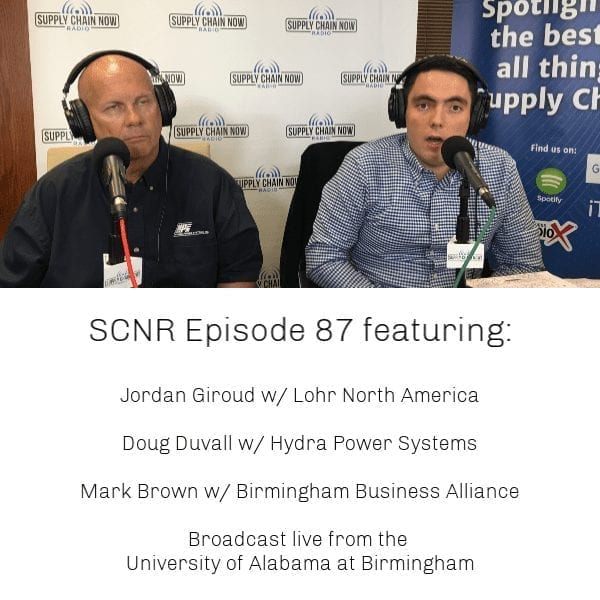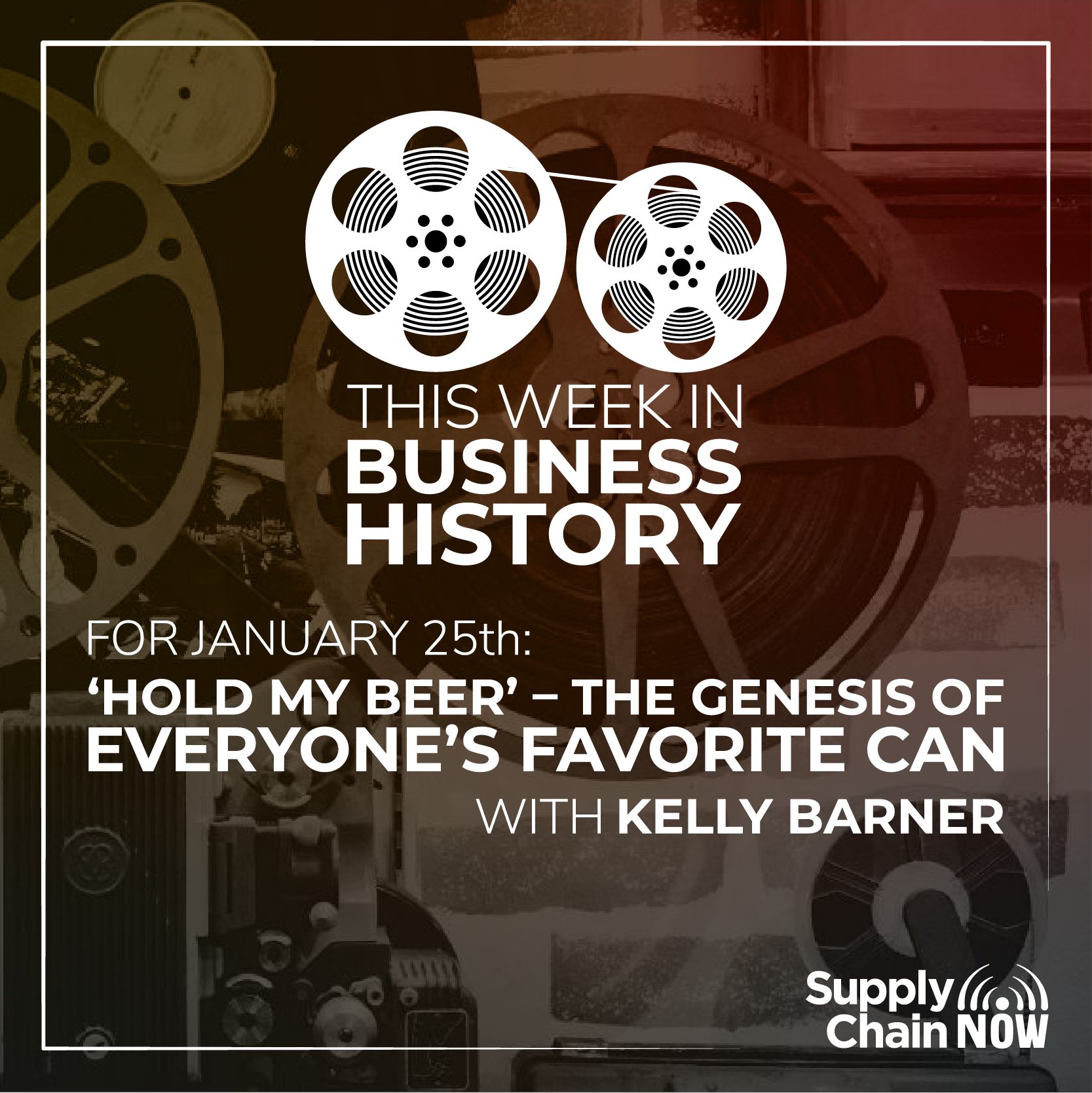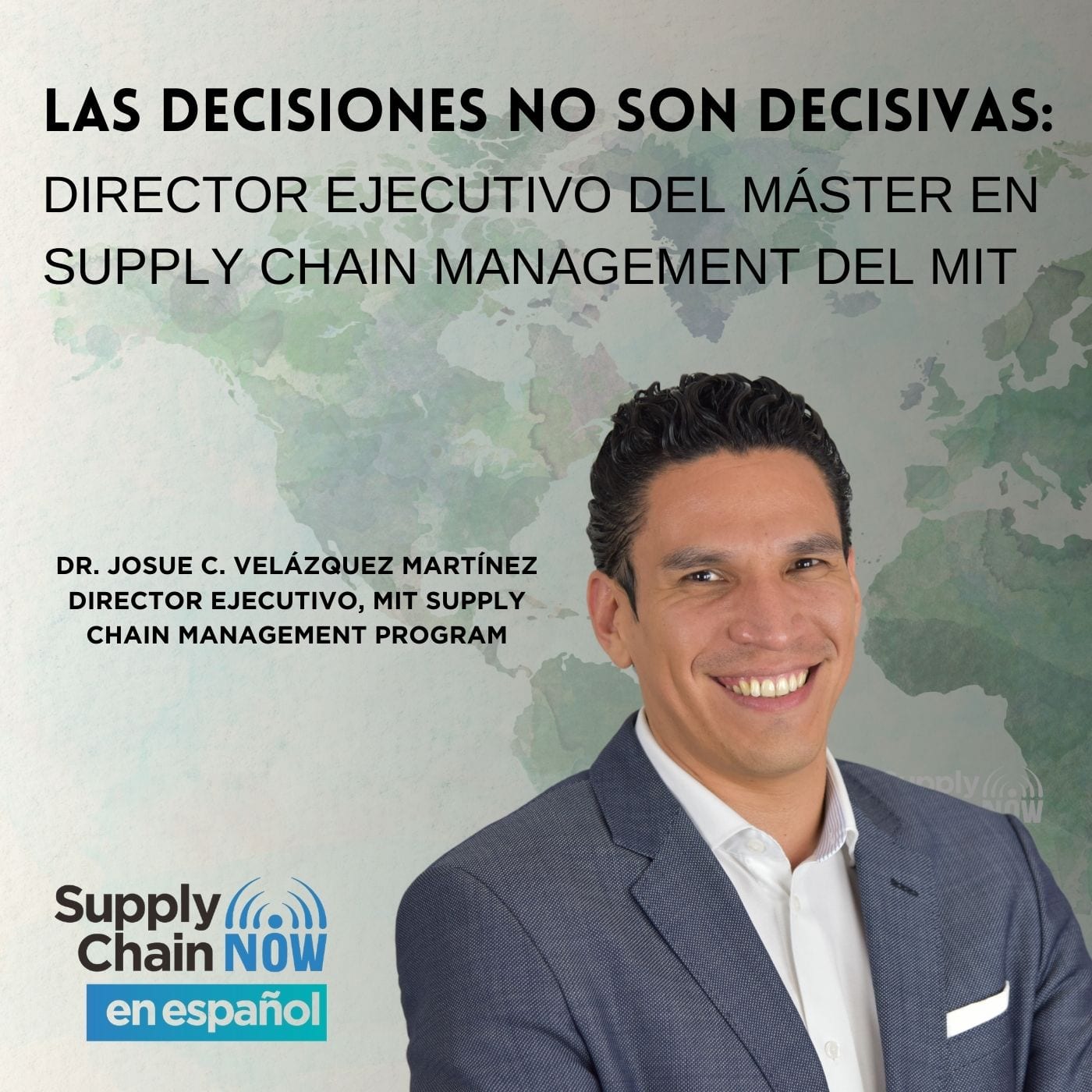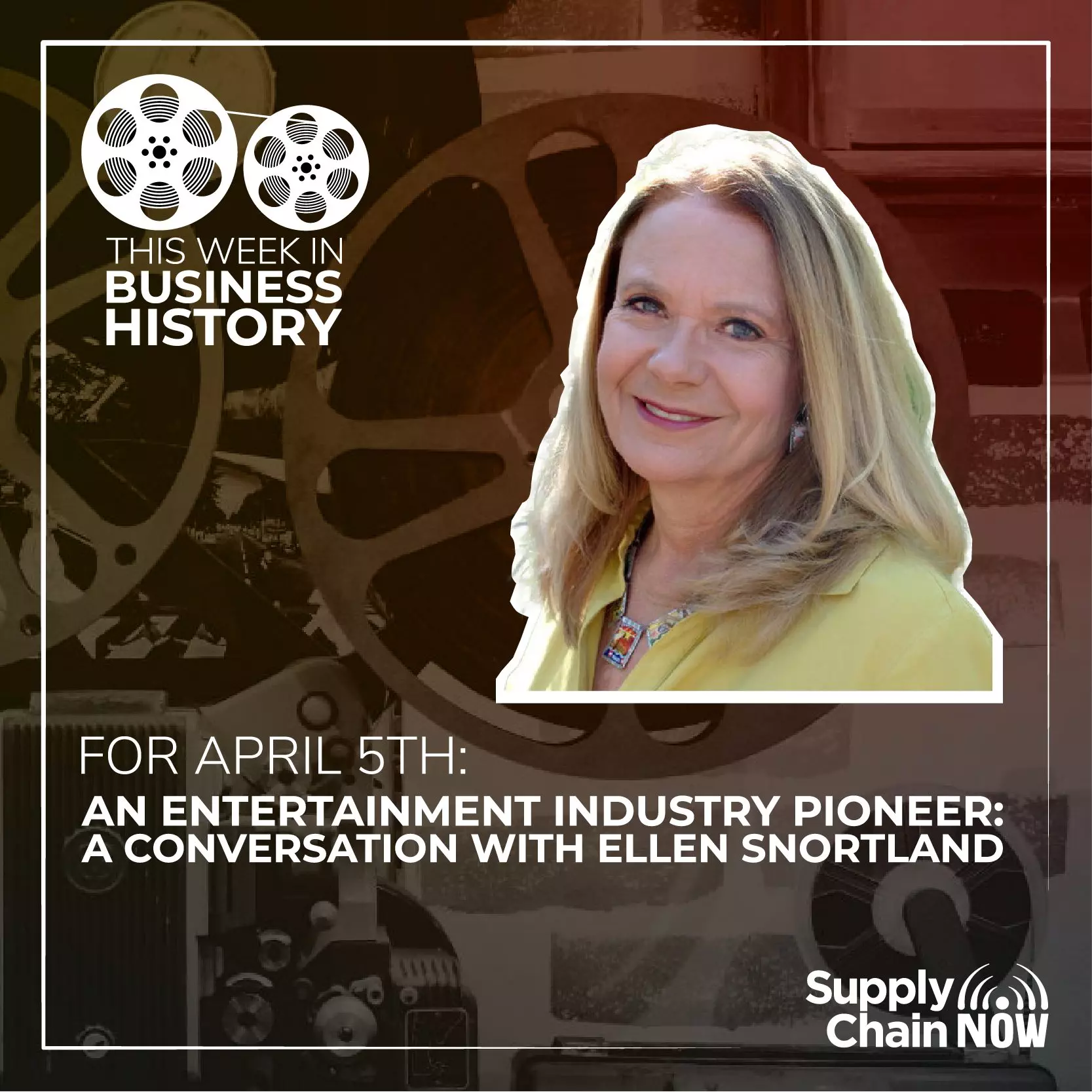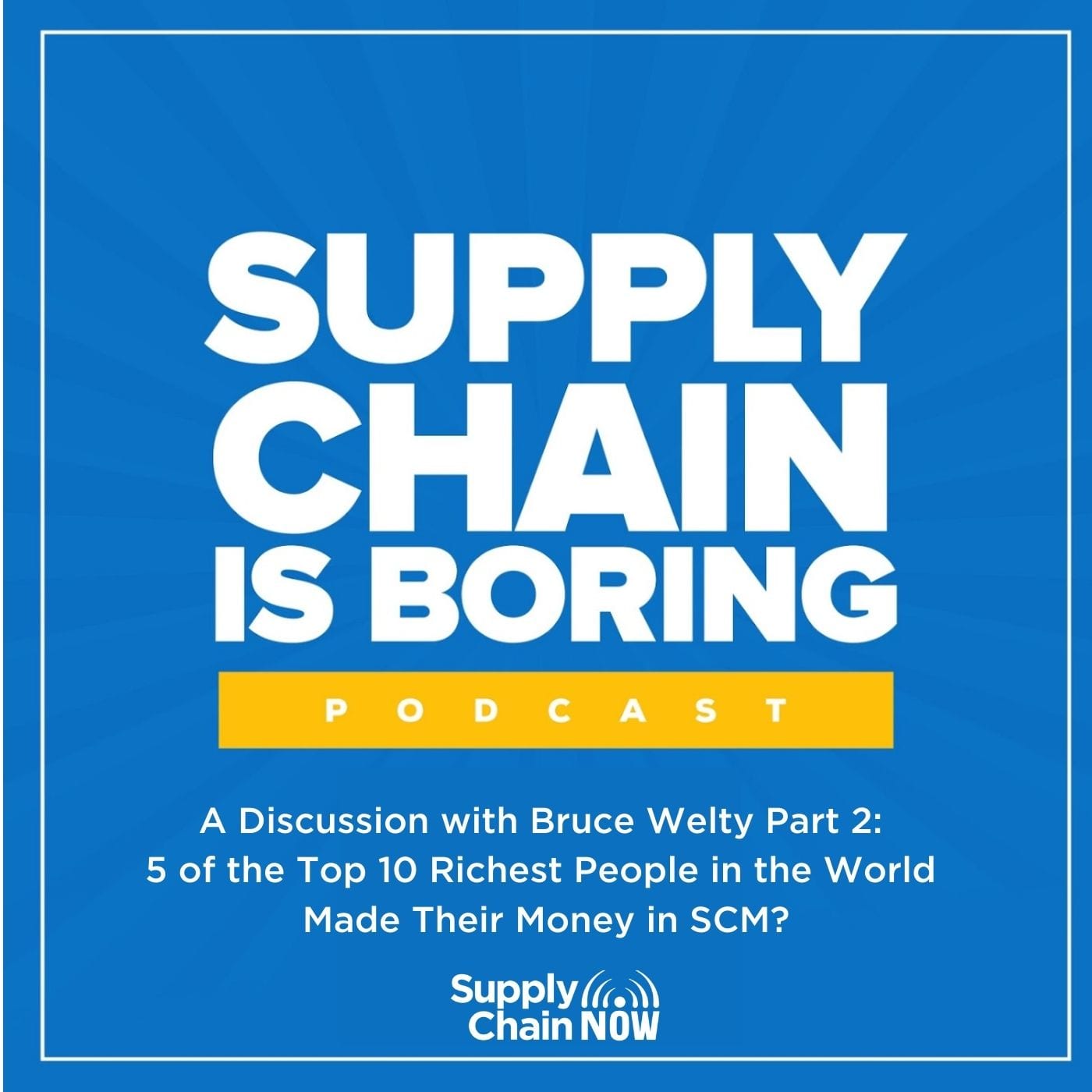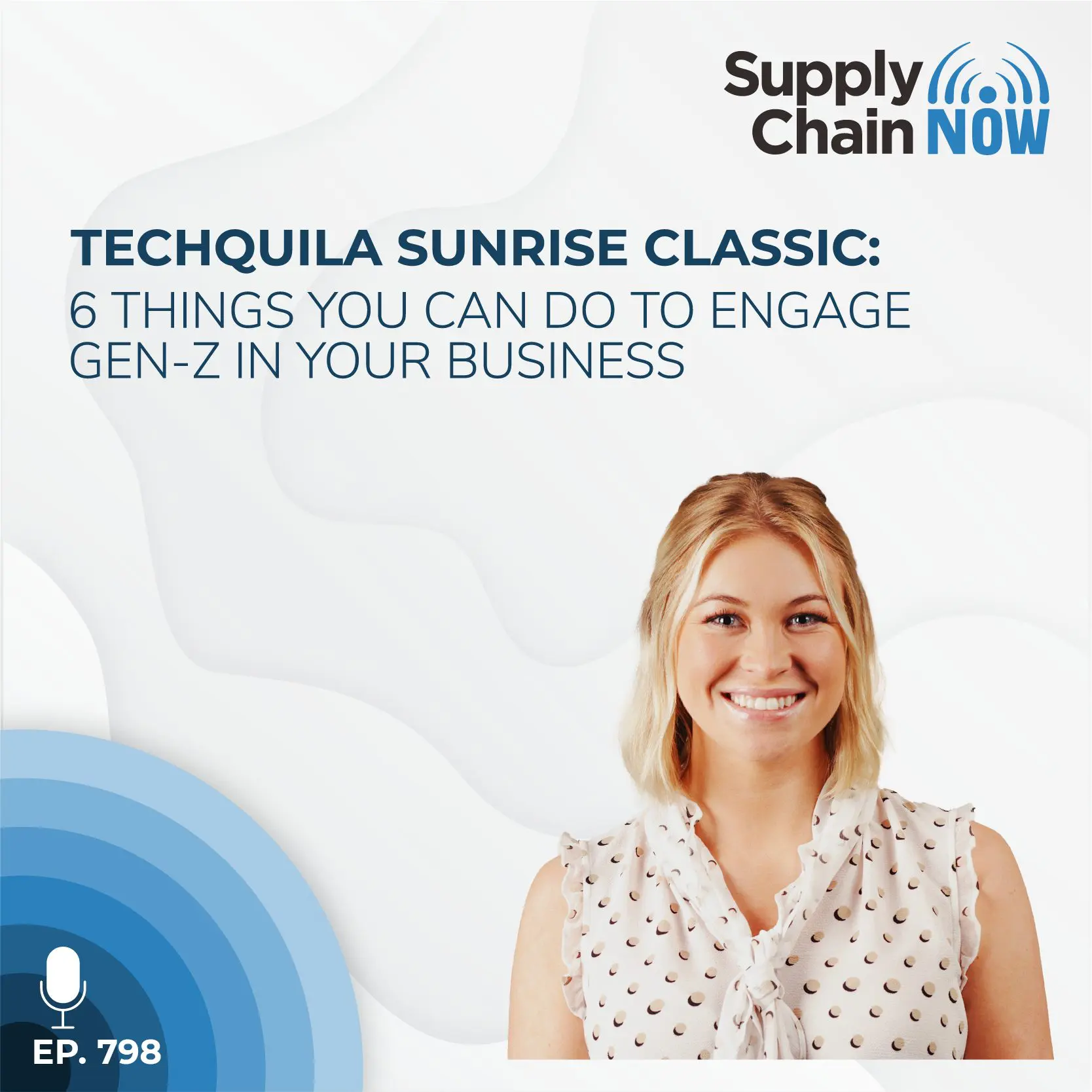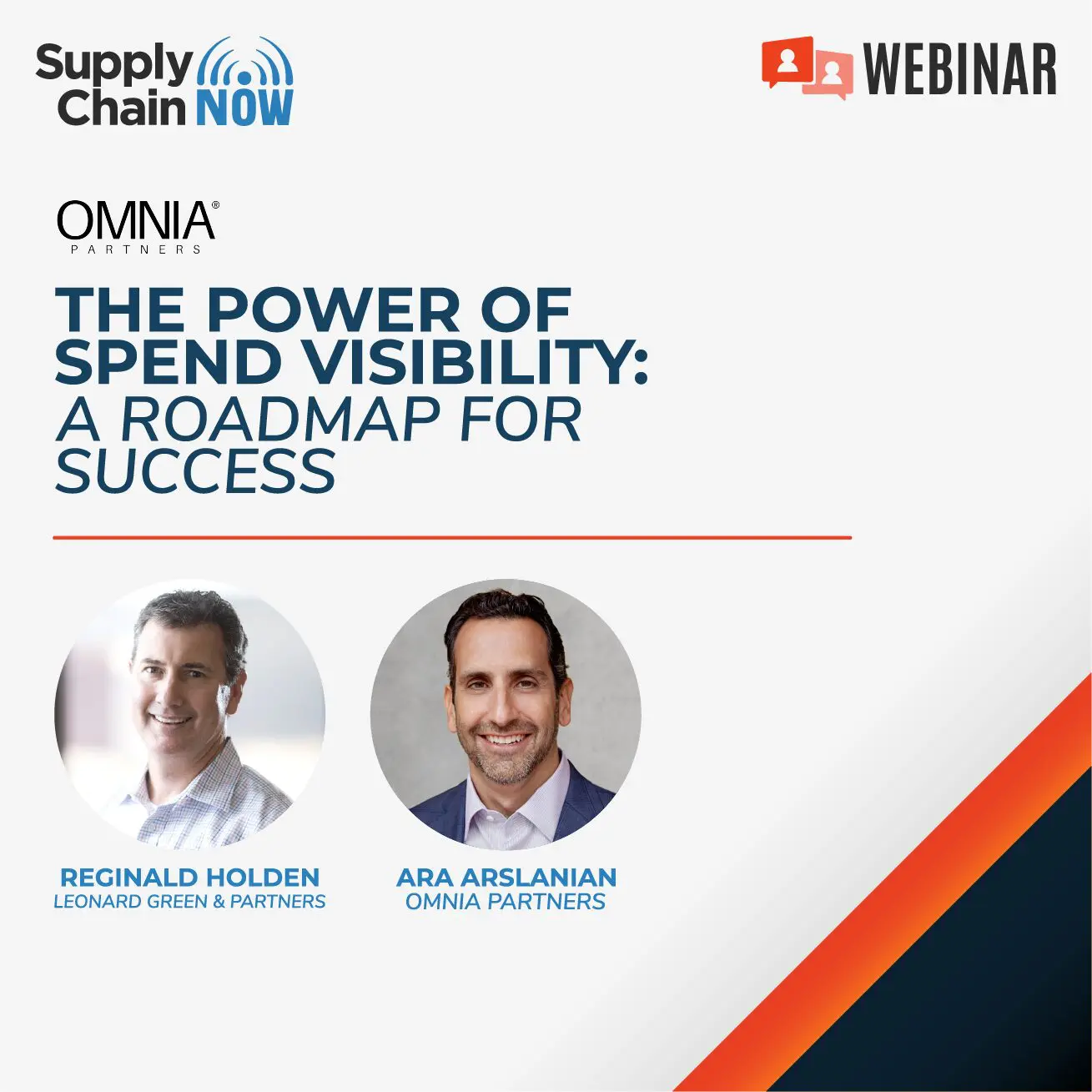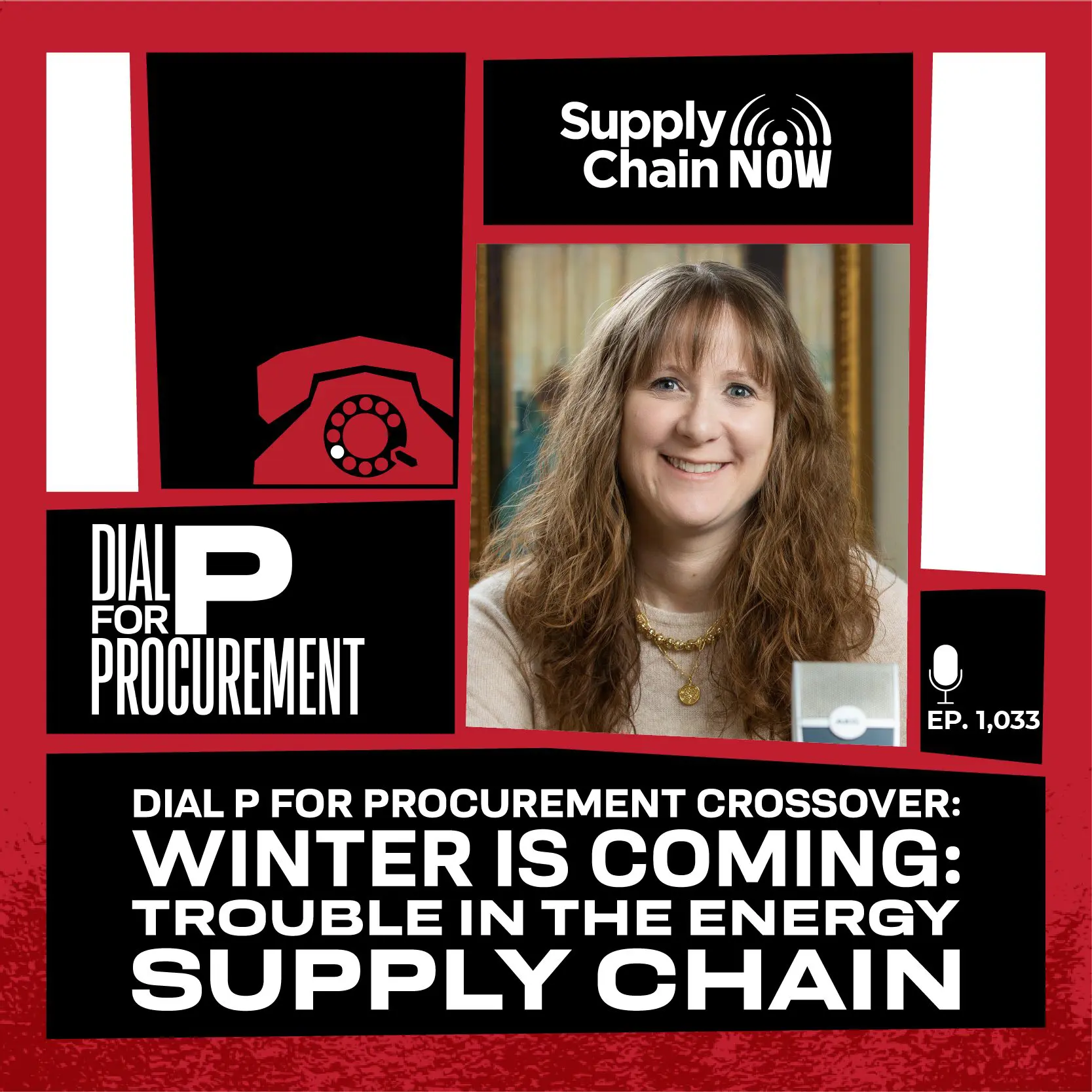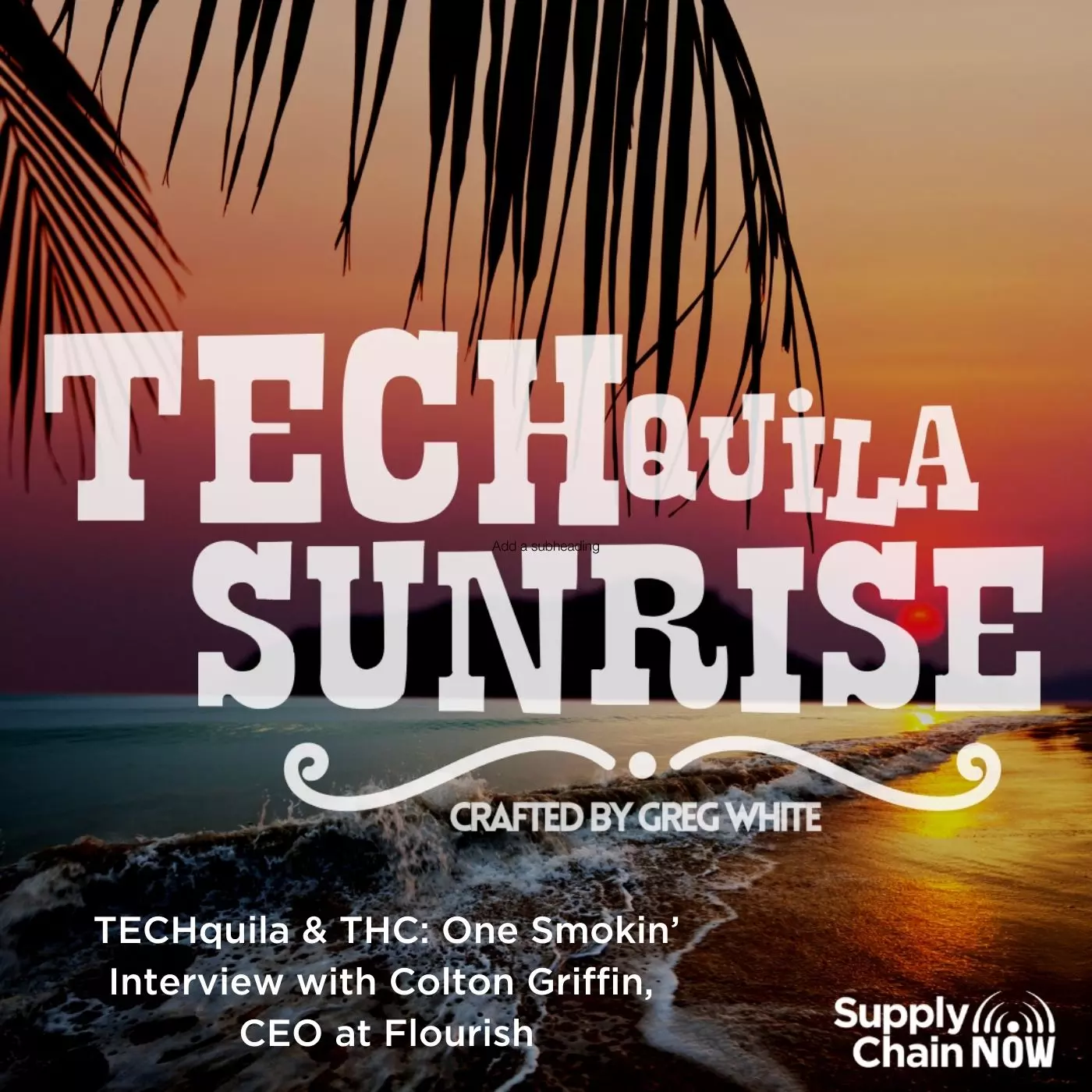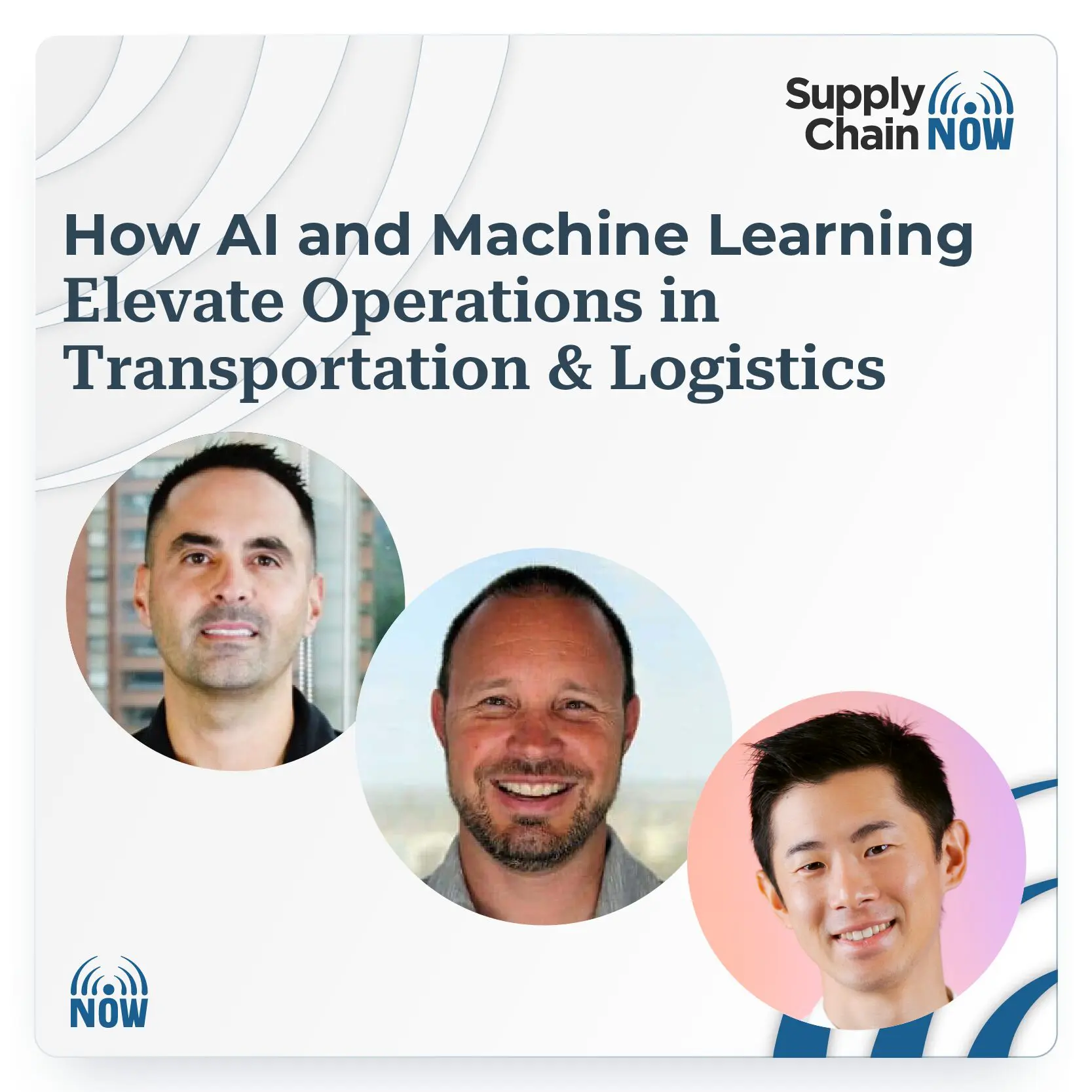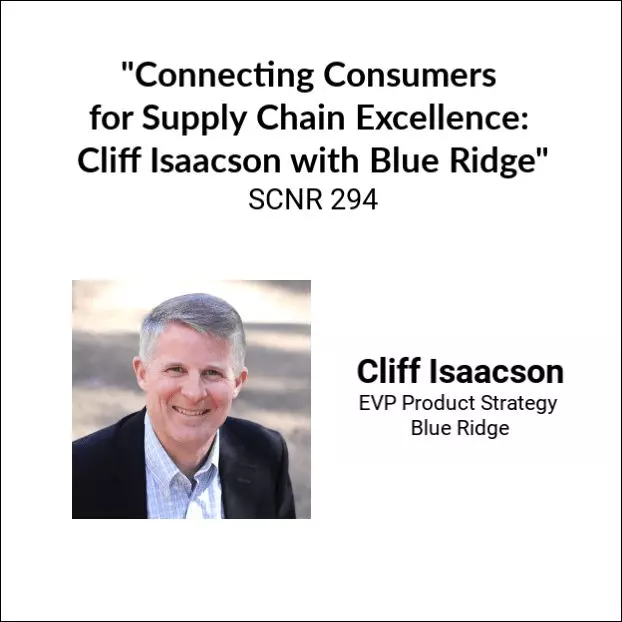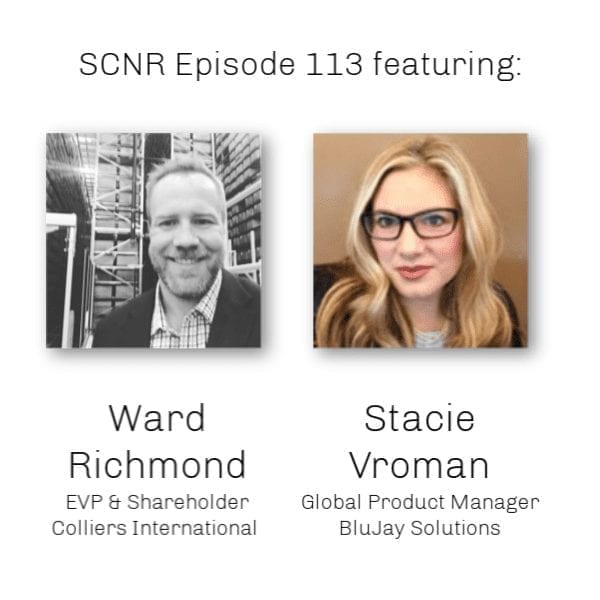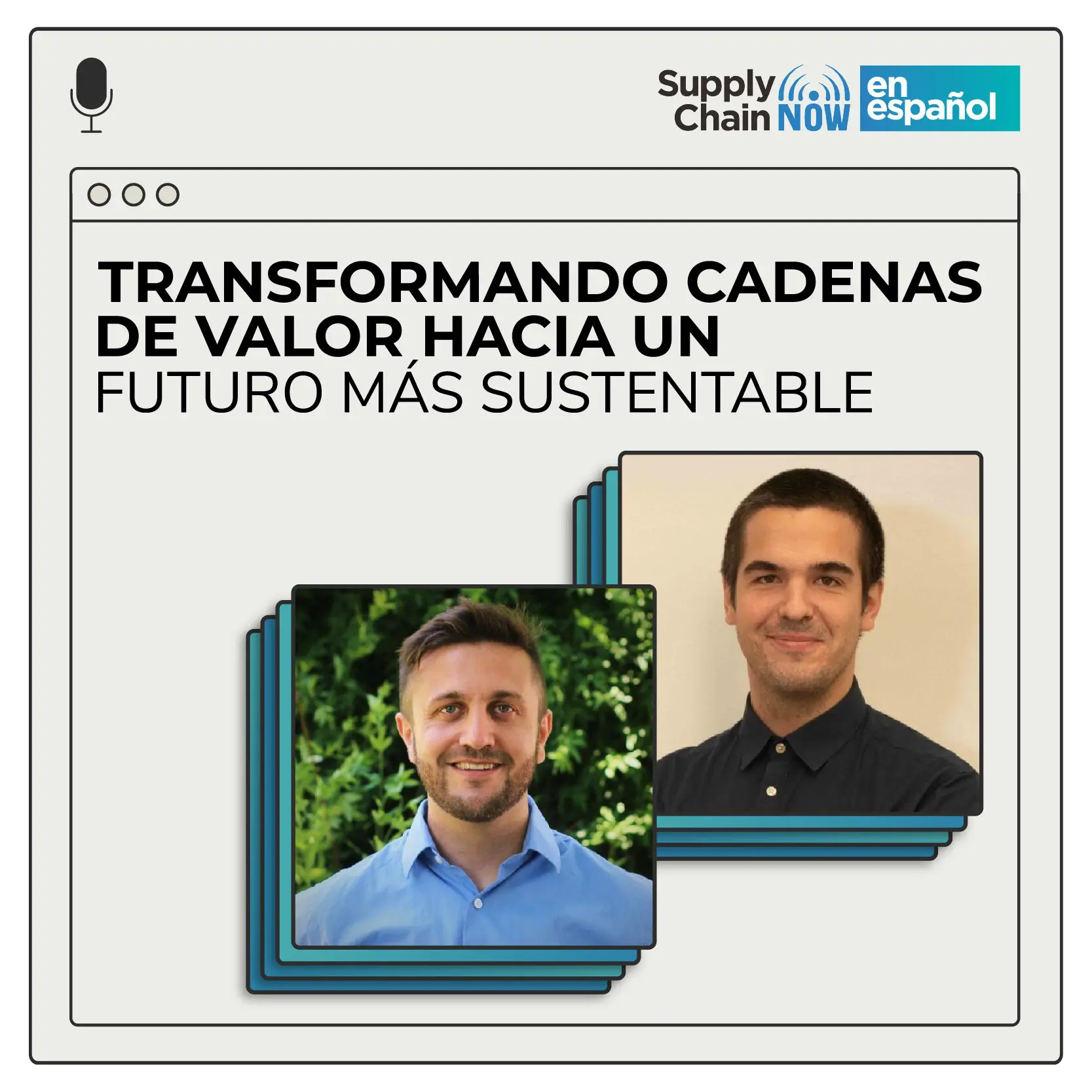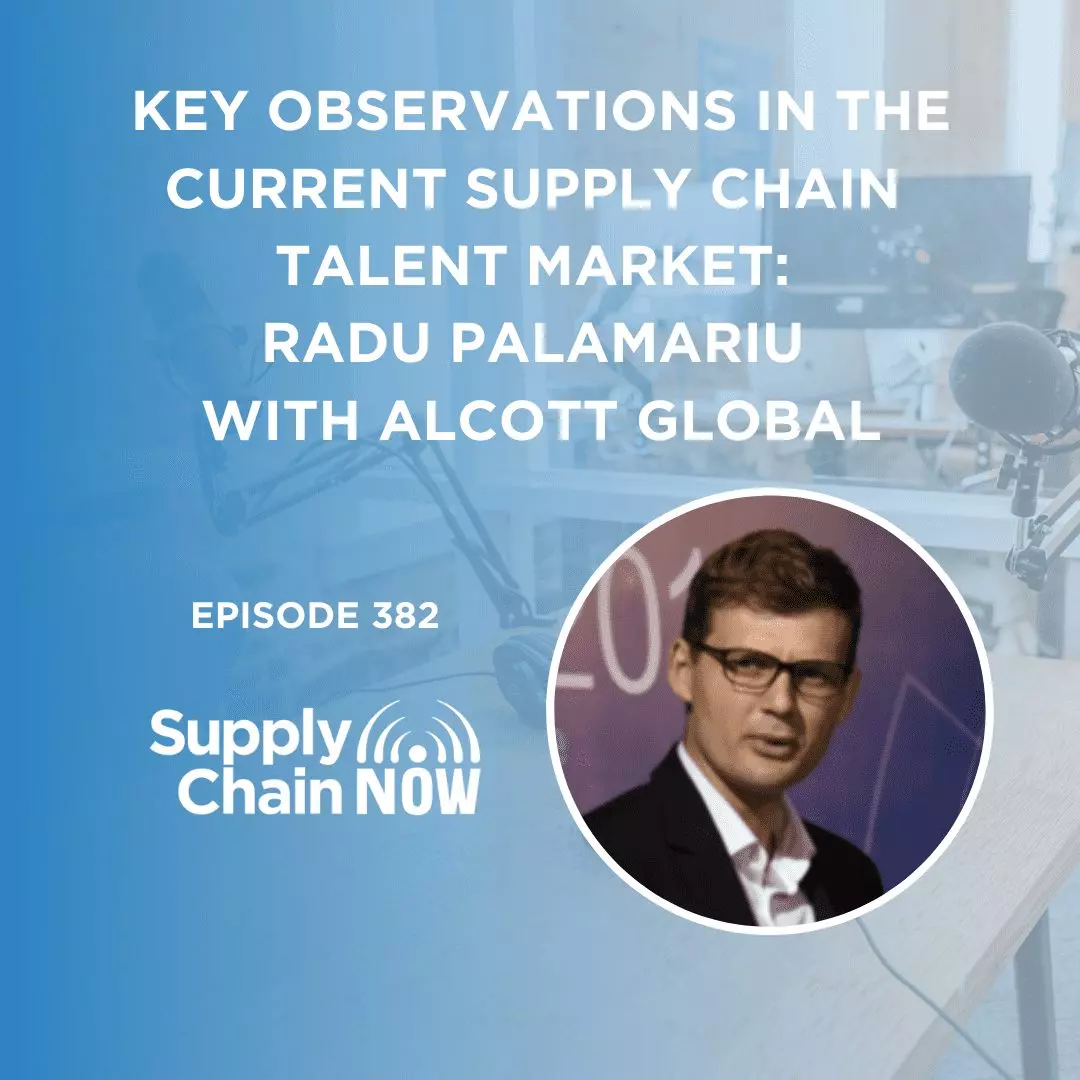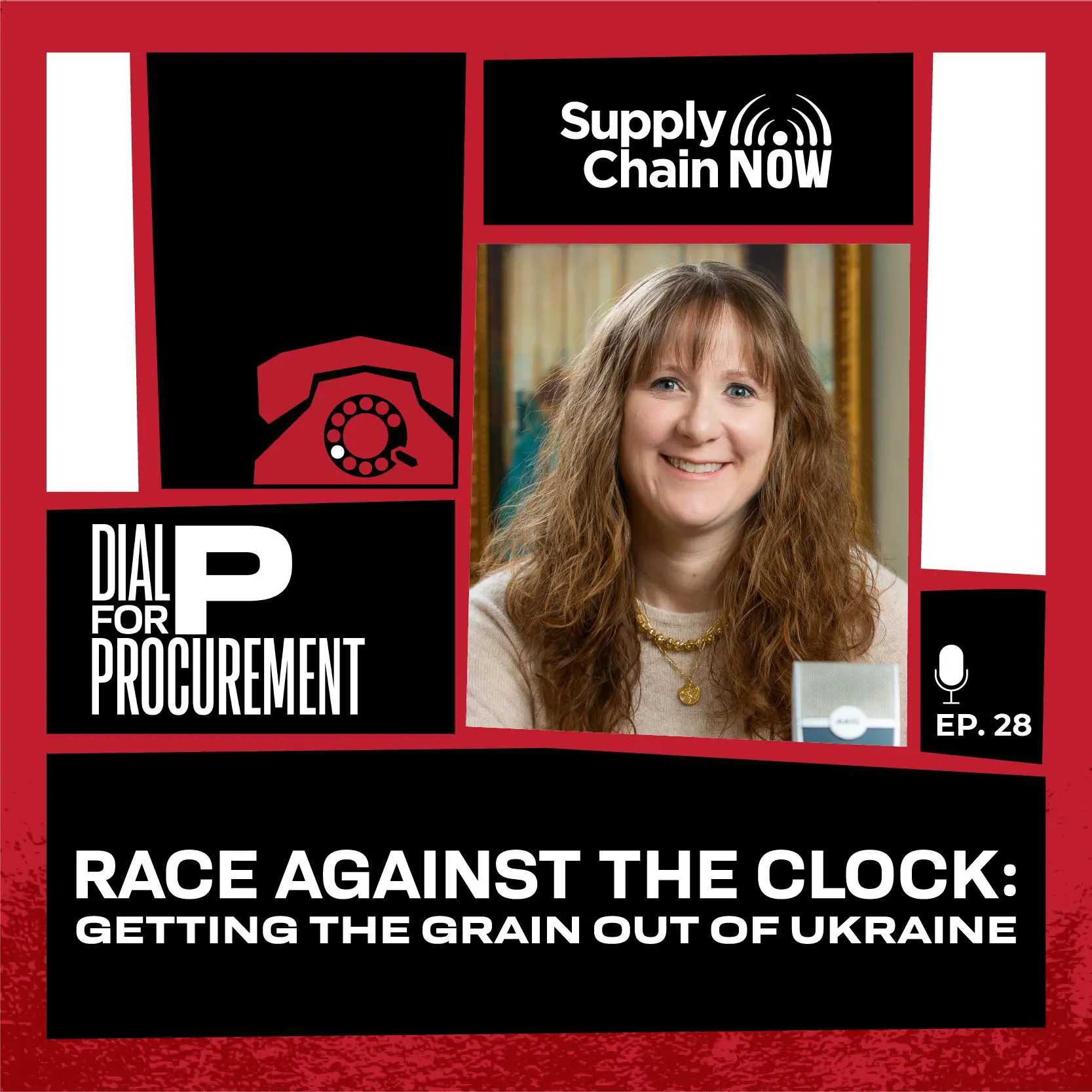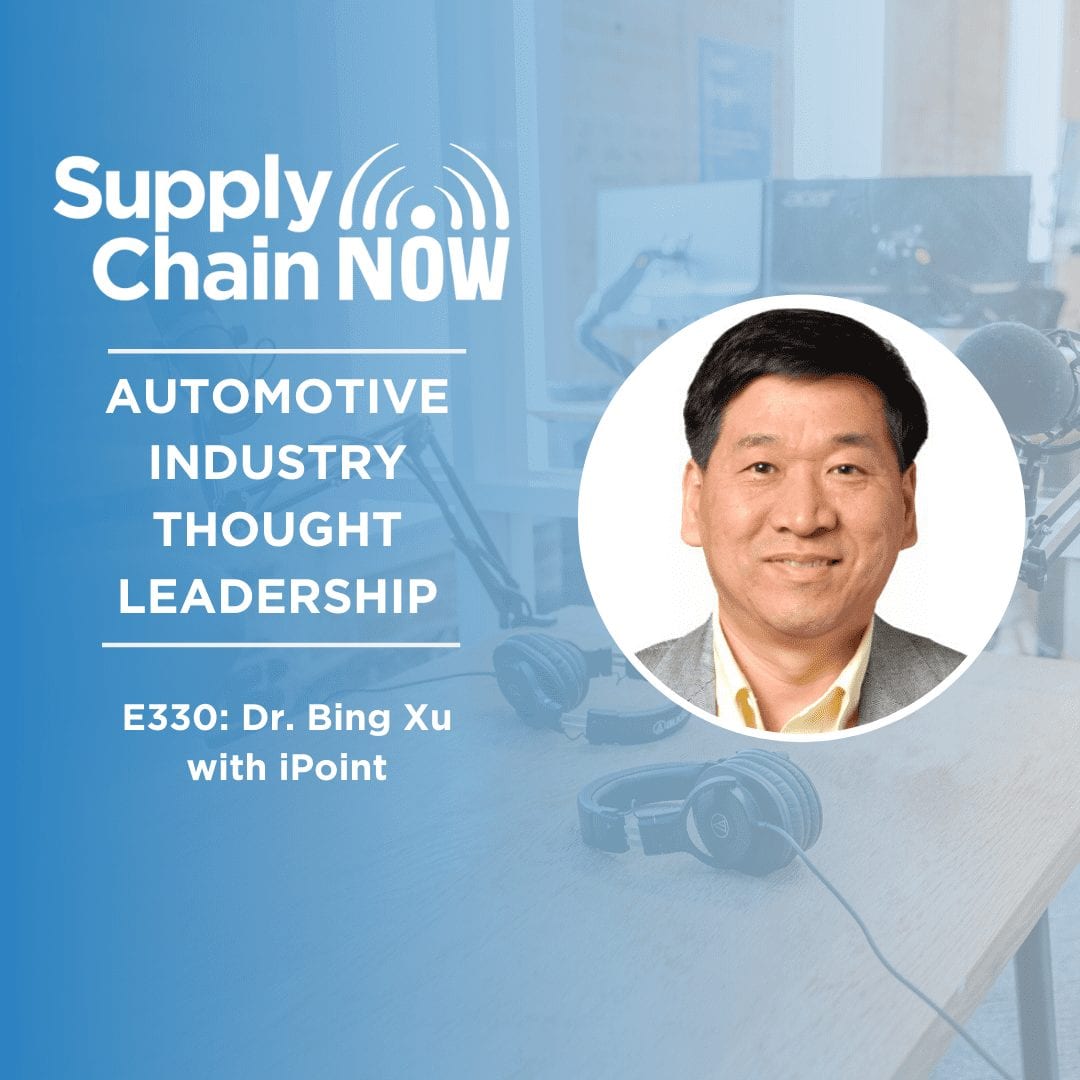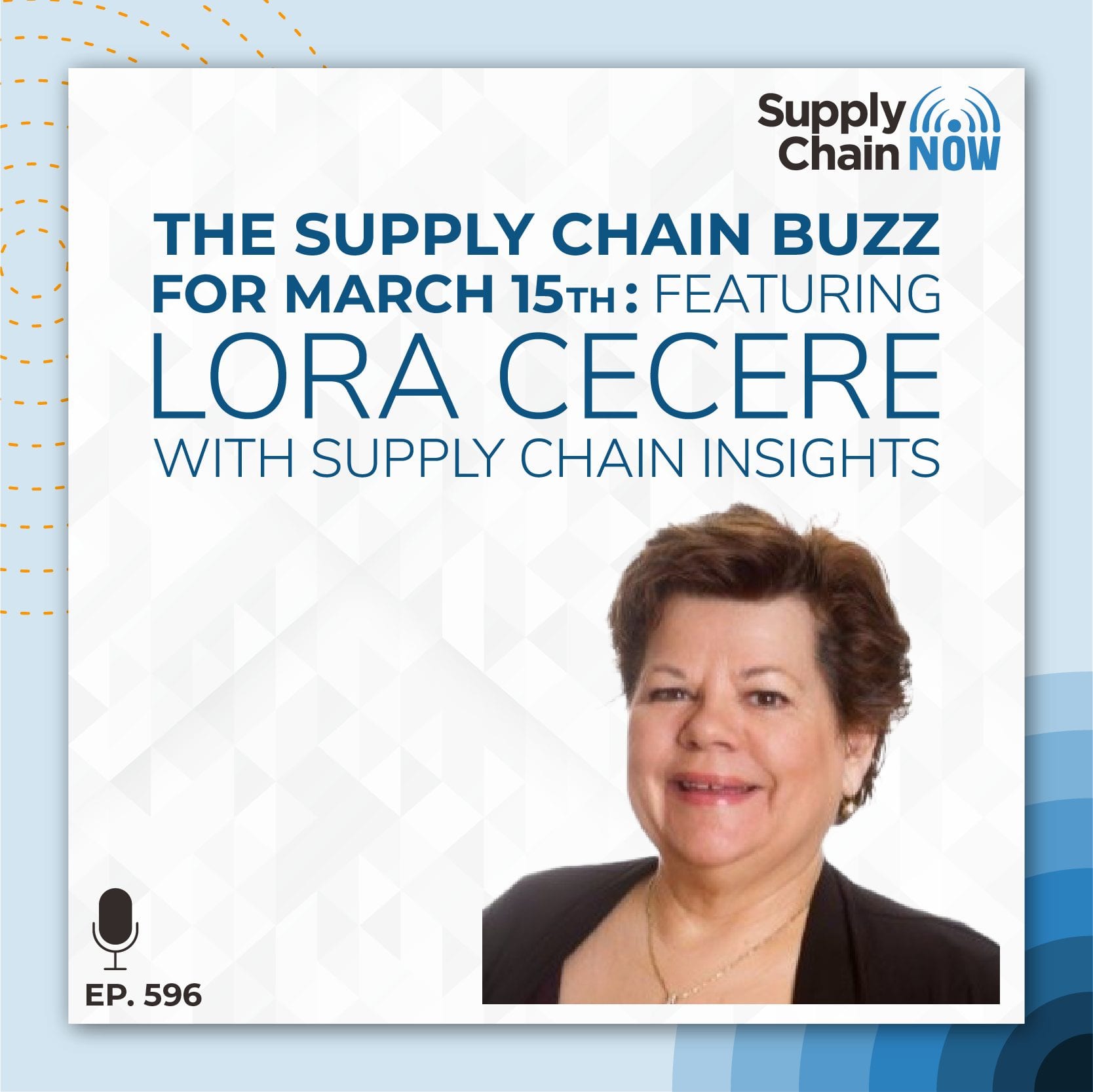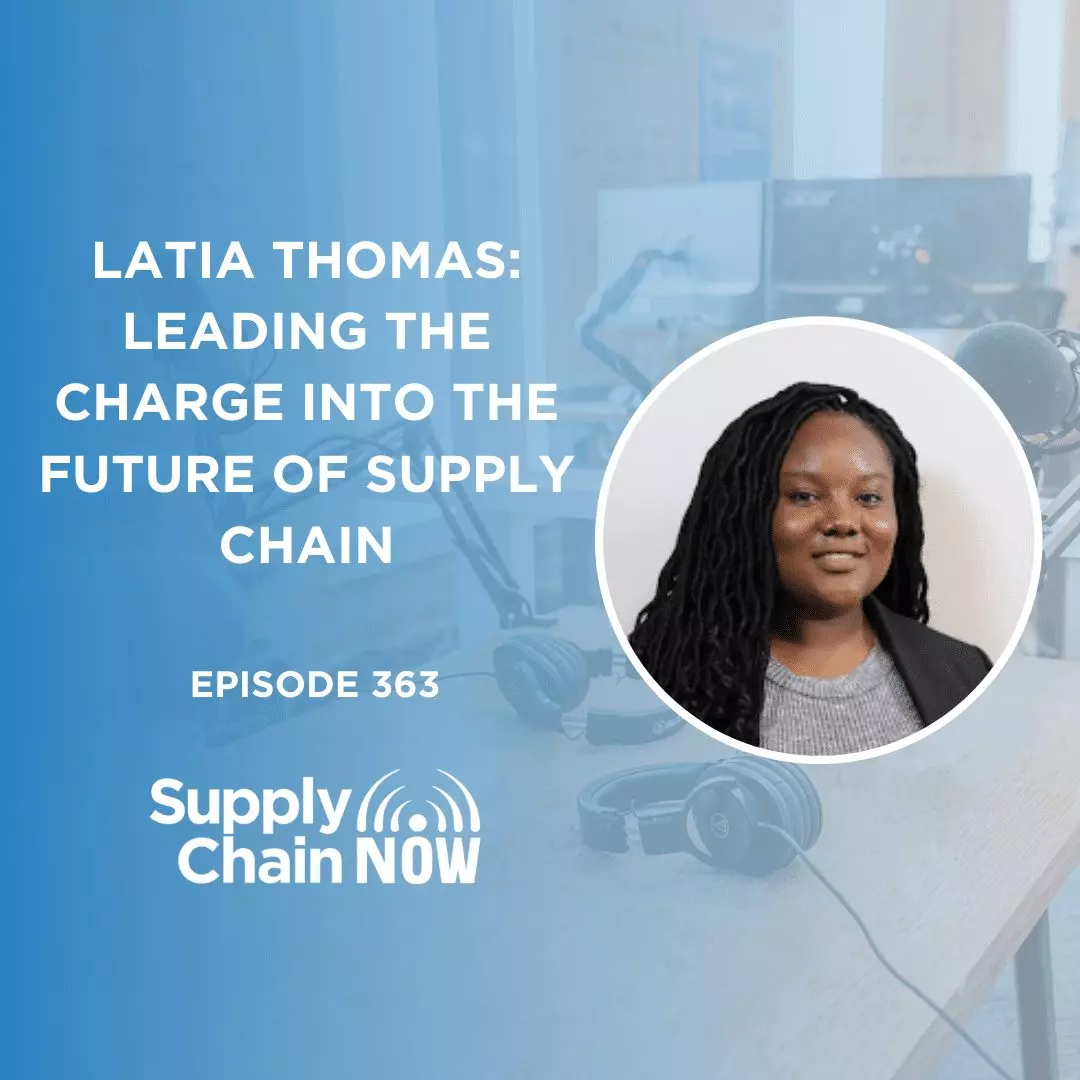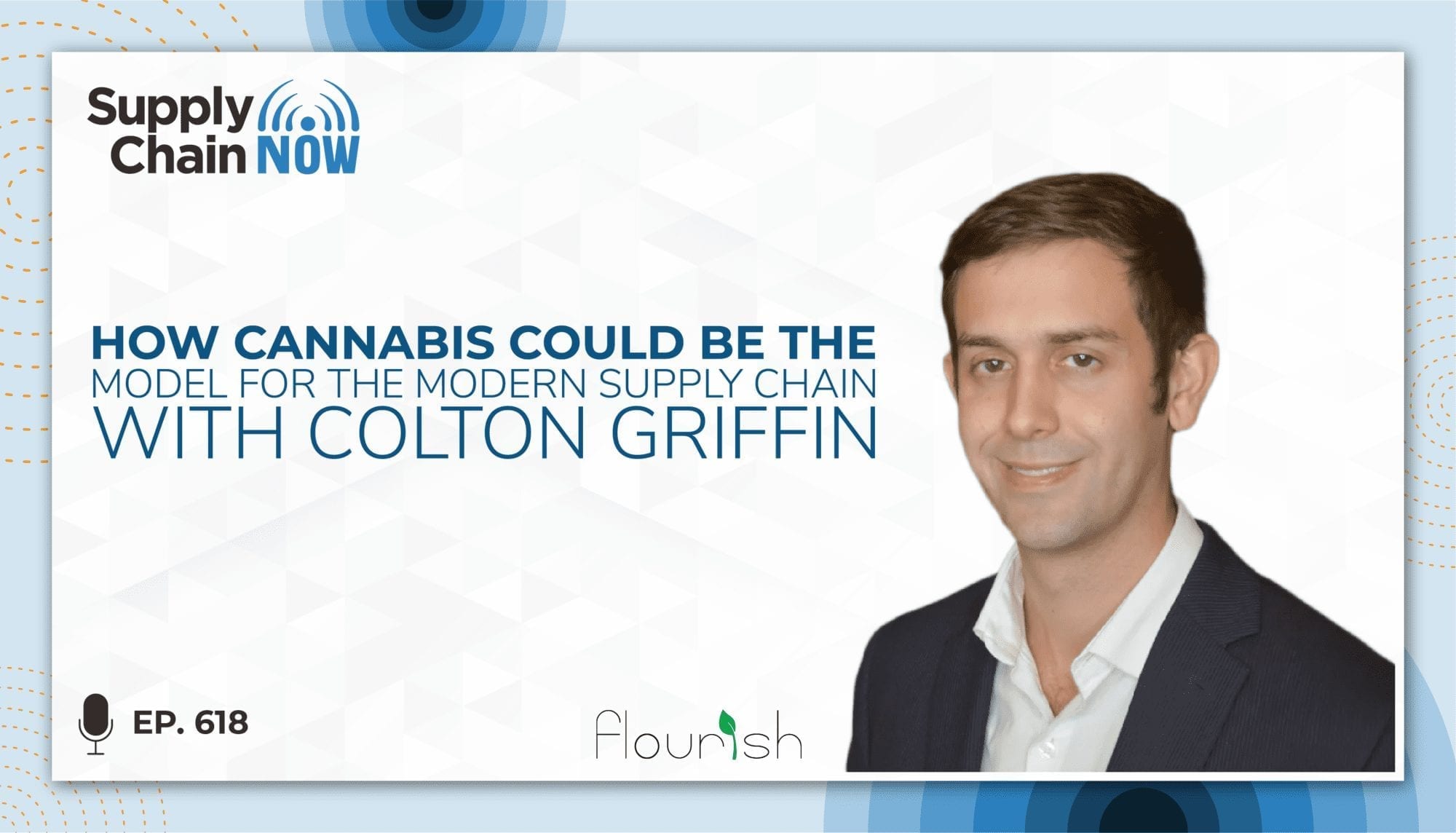
Episode Summary
“You can build the coolest widget in the world, but if nobody wants to give you money for it, it’s not going to pan out. Make sure you don’t spend a year working on something only to realize that there’s not a market for it.”
– Colton Griffin, CEO, Flourish Software
Despite the fact that it is still illegal at the Federal level, 12 states have legalized recreational marijuana, 35 have legalized medicinal marijuana, and CBD oil, a non-intoxicating nutritional supplement made from hemp, is legal in all 50 states under Federal Law. Legal cannabis is one of the fastest growing industries in the United States, and – as might be expected – that pace of growth is causing some ’growing pains’ in the supply chain.
Colton Griffin is the CEO of Flourish Software, a leading supply chain management and ‘seed to sale’ tracking software solution for cannabis, CBD, and hemp. With a significant amount of vertical integration from cultivation through warehouse management, these producers require a unique type of supply chain oversight and tracking.
In this conversation, Colton tells Supply Chain Now Co-hosts Greg White and Scott Luton about:
· The operational challenges of ensuring detailed marijuana traceability down to the specific plant level
· Why he advises entrepreneurs to “hire slow and fire fast,” especially during phases of quick growth or expansion
· Why a company’s brand or label matters more as a market matures over time than it does when the market is new
Episode Transcript
Intro/Outro (00:00:03):
Welcome to supply chain. Now the voice of global supply chain supply chain now focuses on the best in the business for our worldwide audience, the people, the technologies, the best practices, and today’s critical issues. The challenges and opportunities stay tuned to hear from those making global business happen right here on supply chain now,
Scott Luton (00:00:33):
Hey, good morning, Scott Luton and Greg white with you here on supply chain. Now, welcome to today’s episode, Greg, how are we doing? I’m doing quite well, Scott, and as you can see, I am completely unbiased in this discussion. Well, Hey, it’s a small world and this conversation reflects some of that, but I’m really excited to meet with a, a founder and a company that is truly on the move. And that’s what this episode is going to focus on. And for that matter, an industry that continues every day to get bigger and bigger and bigger. So our guests here today, Greg is not new to you and I, but we’re really excited about sharing his perspective and expertise with our community earlier in his career, our guests spent valuable time at big name companies, such as Manhattan associates and genuine parts company. And just over four years ago, he founded an enterprise supply chain software company built specifically for the growing cannabis industry.
Scott Luton (00:01:29):
And by growing that doesn’t do it. Justice is exploding and the company has been mirroring the industry. They’ve been, uh, really exploding in growth ever since. So let’s welcome in Colton Griffin CEO with flourish software, Colton, how you doing? Doing great. Thanks for having me, Scott. It is so neat to sit down after having collaborated and rubbed elbows with you in the Atlanta area and in supply chain circles, to be able to sit down and reconnect with you and Greg, and just get an update on all the cool things that you’re up to. So I’ve really been studying you from afar, not creeping on you, or, uh, but it really, I mean, the industry in itself is such a fascinating one and it’d be cool to get an update on your story here today. Yeah. I don’t think there’s any, any more exciting thing to be part of then, then the rollout of legalized cannabis and the explosion of hemp and CBD around the country.
Scott Luton (00:02:22):
Awesome. No doubt. All right. So on that note, uh, Gregory to dive right in, let’s do this. I talked to Colton all the time. I don’t want to monopolize the conversation, but yeah, let’s do it. Alright. So as I mentioned, Colton is not new to our team here. We we’ve enjoyed our work together, but we want to kind of assume that many of the folks in our, in our listening audience community, haven’t had a chance to get to know Colton. So I’m going to start from the beginning. Colton, tell us where you grew up and give us a couple of stories from your upbringing. Yeah. I, uh, grew up in East Tennessee, between and Chattanooga
Colton Griffin (00:03:00):
On your small town called, uh, Athens in Inglewood when to university of Tennessee, uh, got an industrial engineering degree after, uh, I was really fortunate to go to the high school, Baylor and Chattanooga and cut up and an amazing high school education. Just, you know, you don’t know where life’s going to take you. And, um, uh, and after getting out of UT, I landed at Manhattan associates. I’m just at a software company and I knew nothing about software, but orientation was, uh, was just, you know, a plunge into this world that, uh, that I’ve fully embraced over the last almost 10 years now. So it’s, uh, it’s been a wild ride with a couple of twists and turns, but yeah, I, uh, that’s where that’s where it all started was somewhere far away from the theater
Scott Luton (00:03:46):
Going back a minute there. So there’s an Athens Tennessee that right? Yes. And it’s that ink in it. And is it Inglewood County, Tennessee?
Colton Griffin (00:03:54):
Uh, McMahon County Inglewood. That’s a little town here in town.
Scott Luton (00:03:59):
Oh, a little town in a suburb of Athens,
Colton Griffin (00:04:02):
Tennessee. Yeah. I grew up, I grew up in the County, so it wasn’t in the city limits of the 3,500 people lived in that small town. I went. Gotcha.
Scott Luton (00:04:12):
Well, Inglewood is never up to any good as, as we all know, but it’d be nice to add a third. I did pay her songs off top. So Colton, what Greg’s going to kind of take us through your professional side, but, but backing up as, as a kid or a teenager, or what have you, or early student, what was it about computers technology in general? Do you remember your earliest moment where you’re like, Hey, this is what I’m going to do?
Colton Griffin (00:04:36):
Well, it wasn’t computers. I don’t think so. I, uh, uh, I definitely, you know, grew up as the age of the internet has, you know, has sort of grown up. Right. So I spent plenty of time online and I don’t know, I just, I looked back and I realized how fortunate I was to have access to so much information like so early, uh, right. Like even 10, 12, 13 years old. And then, you know, went to high school, 14 through, you know, through high school, like, like, you know, news and ideas and, you know, YouTube didn’t come online until like 2007. I don’t think so. That was like really, you know, like I was kind of out of school at that point, but yeah, I mean, you know, I always loved building things. I think when I was younger, I thought maybe I’ll be an architect, I guess now I’m building software architecting software.
Colton Griffin (00:05:22):
So, you know, some of that creativity is still there. And I actually, you know, ended up going for an engineering degree after I did a project in high school to make biodiesel, we made biodiesel from oil, like cooking oil, and it was like a fun project. We built this whole thing to do it. And it was, you know, a lot about putting things together. And I was like, Hey, this, you know, engineering’s like this translatable hard school, you always going to have a career and job in. And, uh, so, you know, maybe, maybe you can go get an MBA later, baseball, just go ahead and go for an engineering, an engineering degree. Wow.
Scott Luton (00:05:58):
So one final question for our toss up to Greg here. So your, we talked about your mom pre-show, it sounds like she was really supportive as you were exploring, you know, technology, engineering, architecture, even if it wasn’t the George Constanza type of architecture, she was really supportive of, of what you were experimenting. Right?
Colton Griffin (00:06:16):
Totally. Yeah. Both my parents have always been, you know, my mom graduated high school, moved to Texas and started welding and nuclear power industry way back when that was definitely not a career path for women at the time, but, you know, she fell into it and my parents worked, uh, nuclear construction early on, even before I was around. And, you know, that’s how we landed in Tennessee. Cause that’s the last, last plant they built for, you know, 20 years or so, but it was the TVA plant and you know, my dad ended up, you know, working for himself, just like an independent business owner when I was growing up. And my mom sort of took a step back and took care of us kids and then, and then got back to the workforce, we got a little older, so she was just wrapped up some work in mobile there in Georgia and uh, yeah,
Scott Luton (00:07:06):
Love it. All right. So Greg, where are we going next?
Greg White (00:07:11):
And you know, we’ve learned about your childhood Colton and some of your early days, but, and strangely Scott, we never Colton and I never really met, but we actually competed for a time arguably right. When you were at Manhattan. Yeah. And that’s kinda how we came together to work together a flourish as well. So tell us a little bit about before you got to flourish before you founded flourish, tell us a little bit about some of the roles that you had, some of the things that you did that fits so well into what you’re doing at flourish and how that shaped your professional career and maybe even, you know, some of your worldview and management styles.
Colton Griffin (00:07:49):
Certainly I, um, you know, I landed at Manhattan associates at a school, which is, uh, you know, best of breed supply chain software. Probably most of the listeners are familiar with Manhattan, awesome company. You know, they recruit from UT and other schools around the region. And I landed in a group called the supply chain intelligence group, which was like a 10 person team of the 700 person professional services practice focused on all the reporting, the analytics on top of all the projects. So, you know, I just, I remember, you know, an orientation when our first exercises was like to create a test script. And I honestly had zero idea of what they were talking about. Uh, and you know, this is your first day, you know, essentially your first, probably first second day of work. And, you know, you’re like test script and you know, what that was was like, you know, a lot of times you’re a junior implementation engineer.
Colton Griffin (00:08:43):
You’re like, you’re like going through the software and making sure it functions as expected, which is not why I went to school, go to school, but I was very fortunate. Uh, and our team, we really just did like the analytics and, and we own the project from end to end. So like within the first month or two, I found myself in the server green screen, uh, installing software on like Linux machines in the database learn sequel like in a week, doing all the data prep and analysis. And then, you know, talking to stakeholders that were deploying, you know, warehouse management, order management, inventory management systems, you know, the Manhattan software, like to understand everything they needed to get past just making the software function. So it was managing your five or six minimum five or six projects at any given time. And they were quick projects that you would come in and out of.
Colton Griffin (00:09:36):
So, you know, like the last year I worked in a hat and I was in 10 different, I work in different States and I only traveled maybe 50% of the time or less. So it was just, it was a lot of great exposure across their whole portfolio, which meant, you know, understanding the, how the data flows through the supply chain, what all the functionality is, and then really what the business problems you’re trying to solve with. It were, I mean, I don’t think it could have asked for like a better exposure, but what, uh, what was happening in the world of supply chain and technology.
Greg White (00:10:07):
Yeah, no doubt. And you know, it’s funny when you look back on that and you look at the recognition that supply chain has now, I mean, do you, do you feel like you’re an O G in supply chain even, I mean, even with your timing of starting in supply chain, it still feels like that to me
Colton Griffin (00:10:24):
Some degree, I mean, you know, it just continued to get, it’s continued to get more and more and more attention. I mean, maybe it’s because we live in this world, but I feel like it’s much more heightened awareness of like the role and the language and, you know, technology just is eaten up every piece of it. So it’s, it’s crazy.
Greg White (00:10:43):
So for Manhattan, you went to genuine parts and that sort of was the catalyst for flourish. So share with us how that sort of evolved into what you’re doing today.
Colton Griffin (00:10:55):
Yeah. I like great, great experience in Manhattan. You know, I, I was having fun there and continuing to just innovate and, you know, and, and do my thing. And I got a recall from a recruiter. I remember I was, I was on a project for a client. I won’t go name that was dealing with a lot of issues. Like millions of dollars a day is of issue is that I had to go up and help with, uh, as part of like a SWAT team. And, you know, it was just like 12 hour days, you know, like, uh, it just was a long week and, you know, trying to fix, fix some problems, get some visibility to the problems and a recruiter called and said, Hey, I got this awesome opportunity for you. And I know it’s like, okay, tell me more. So I walked the process.
Colton Griffin (00:11:35):
It was literally meant be office for shared services, literally across the woods from Manhattan. So it seems like the next it’s the next driveway I landed there. And then I suddenly found myself owning it, like not just owning the project, but owning everything right. So I built out all their capabilities for supply chain reporting analytics. Ultimately we deployed that to like, I dunno, like 120 or so, uh, distribution centers. And then we on top of their inventory, uh, optimization suite. So multiple billions of dollars in purchasing and on top of their trade management system. And, you know, it’s like a whole different experience being inside, inside the client versus the, the, you know, the contractor or the consultant coming out. And I think it was a great opportunity to, to learn and just hone the skills. And then at a certain point, you know, you got to itch, I got the edge to get out of the cubicle and build something a little bit bigger.
Colton Griffin (00:12:29):
So we originally, when we stepped out and when I stepped out, it was, you know, consulting in this domain expertise, which is very specialized and important. And, uh, and you know, doing consulting projects in your originally were building one of the product ties, like the knowledge that I’ve been working on. Right. So we wanted to build an analytics platform for distribution centers and for supply chain ops, uh, which was I think a great concept and a great consulting business. Uh, but the enterprise sale, uh, to those types of customers for software, uh, was a whole different animal that I, um, so, so we, we fell into cannabis like a little bit by accident and, uh, this has been very rewarding and, uh, applying all that, all that knowledge and all that experience to, to an industry that, that sorely needs it,
Speaker 5 (00:13:26):
[inaudible],
Colton Griffin (00:13:27):
We’re leading the, uh, what’s the analogy maybe like leading the horse to water, maybe we’re, we’re trying to, to, to just nudge it all in the right direction and put the frameworks in place. And, you know, we have like super rapid developed. We released new features every other week. I mean, we’re constantly just listening to our customers and trying to guide our customers on how to adopt, you know, mobile scanning and, you know, like of all things I did a this week pick a light demo with a light pick, the light solution, really thinking about doing a pilot for one of our larger distribution clients, which, you know, we’re, so we’re even getting ready to start, uh, having some, uh, uh, proven integrations to some material handling. So, uh, who would have thought that, but it’s, this industry is it’s a rocket ship and, you know, like we’re trying to figure out, like, how do you handle, you know, five to 10 times more volume for clients that are on that trajectory to get there. And, uh, and that’s where this knowledge comes into play.
Scott Luton (00:14:25):
I love that if I could interject for a minute, great question, really, to both of y’all, because I think maybe a lot of folks are listening to this interview. They may not be aware of some of the unique challenges that the cannabis industry has that further complicates, you know, every sector of industry has its own unique elements, but some may be surprised, but what the cannabis industry has to overcome Colton or Greg, can you all share just a couple of those? I think we skipped
Colton Griffin (00:14:52):
Right over diving into what we do on a day-to-day basis.
Greg White (00:14:56):
Yeah, yeah. Go for that. Because I think that the applications and how you’ve applied your knowledge of data extraction and reporting and analytics, I think that goes really powerfully to the question that Scott asked.
Colton Griffin (00:15:11):
So, you know, we, bill we build an end to end platform to handle the inventory management, the purchasing, the order fulfillment. And then the cultivation, we, we track the cultivation lifecycle of vault, excuse me, of all the plants and the harvest. And then we also handle manufacturing processes. So we track like the assemblies and the extraction runs and, you know, inputs and outputs for the yields. We even went as far as to extend into the retail point of sale. So we have a nice retail point of sale retail delivery module, because a lot of operators in cannabis are vertically integrated, meaning they, they own the production all the way through the retail sales. And then a lot of, one of our customers. So we don’t retail is very crowded in this industry. Happy to go into that if we want to. Um, but we really mostly focus on the upstream supply chain software.
Colton Griffin (00:15:56):
So, um, all the production and the cultivation and the warehouse management and, um, you know, a lot of, even a lot of those customers still like may grow their own stuff. And also like they manufacture and distribute and then we do have like pure-play distributors and just distribute on brands and in cannabis, like, okay, so like all this is sort of been solved in other industries. Uh, so like, why do we need like special software for this? The cannabis like regulations require, let’s say cultivation us to tag all the plants like at conception. Uh, we generally we’re tagging them in like groups when they’re, you know, a couple inches high and then we’re splitting them out as they get, you know, six inches, 12 inches high. And we’re putting an individual tag on every single plant. And we’re tracking that through the phase of its growth cycle.
Colton Griffin (00:16:44):
And then we’re consuming that into a harvest and tracking all the weight that comes off off of those plants. And we do both indoor grows, greenhouses and outdoor grows. And then all of that harvest materials and tagged to essentially license plate numbers is probably the term be most familiar, um, to, you know, to package ideas is what we call them. So every piece of inventory in the, in the four walls that has cannabis in it has a tag on it. And then everything has this auditability and traceability from where it came from. So we’re splitting it into something else, consuming it into something else. And it’s just like absolutely ridiculous level of specificity that we have to handle. And so all that is, is its own animal, but to just make it a little bit more complicated, we also have to sync up and most States with all that data, to some government, some software, the government of what States have licensed that governments have license to provide some visibility to them. So, um, the dominant provider in about 14 States is a program called metric. I think it’s marijuana enforcement tracking and compliance software is the acronym they came up with in Colorado when Colorado went legal and needed some piece of software to help prevent diversion. And so they came up with this insane tracking, really that business makes all its money selling those tags, you know, they’re making a fortune and, uh, and it’s a horrible interface and a horrible API, and it causes all of its own
Greg White (00:18:13):
Exactly what you would expect of a government system.
Colton Griffin (00:18:16):
Yeah. And build it. So it’s just, uh, yeah. Yeah. It’s like, it’s a contract that system, even. So the government didn’t even have to take ownership over it. They just have to, they just like, well, it’s their problem. And well, it’s not in our contract, our customers government and work. Uh, so, um, so we interface to that in real time, uh, to keep everybody above board. Uh, so it’s just lots and lots of details. And we’re, we’re in about, I think about 17 States. Now we do, we do serve as him, which doesn’t have the ridiculous level of tracking, but they have the same workflows and they still have to have Providence tracking and understand the lab testing and stuff like that. Um, uh, but, uh, but yeah, every state has its own flavor of, um, you know, little details that, that will get you if you don’t engineer things properly.
Greg White (00:19:05):
And I think that Scott too, to your point, I think that is uniqueness of this industry. On one end, you have a very, very fledgling industry, frankly, literally street dealers coming, coming out of the woodwork to become legitimate, um, merchants. Right. Um, and you have a lot of naivete of traditional business. You have a lot of distrust of government, and yet you have this incredible amount of government oversight, not just the state that you operate in, but you also can’t do some things that would violate federal law because of course the federal law, actually, you SERPs state law. And if you violate federal law, you go to prison. So the stakes are very, very high here. And then you have what Colton has described, and that is this incredible amount of accountability of tracking. You use one of our favorite words, Colton provenance, and accountability in the supply chain and the incredibly complex nature of laws where the laws in Colorado are different than the laws in California.
Greg White (00:20:18):
And even in some States, I think it was Colorado a few years back, 180 law chains. And it changes in a single year. So you’ve got a very fluid environment as well with all of this regulation. You’ve got onerous tax requirements, upwards of 40 plus percent taxes by the States. So the States are, have a lot of the motivation for legalization is this cash grab of taxes against the States, which motivates some producers to kind of ride the Razor’s edge of legal, legal, and reported product growth, distribution, and sale. And some that’s not as legal or reported growth distribution and sale and, and squarely in the middle of it. Our technologies, I don’t know if I would call, well, we have to call metric a technology, an ancient technology like metric, and then advanced technologies like what flourish is doing to assure that the state gets its accountability to assure that the product gets to, to the marketplace does so in legal and accountable fashion and also provides oversight to the government. So gosh, even even saying it again, Colton makes overwhelming doesn’t it? Yes. It’s a little overwhelming.
Scott Luton (00:21:39):
I asked this question as the non technologists in this panel here. So metric is what I heard here is flourish. Software does not replace metric, but enables folks to work better and easier with this, this metric technology that isn’t the most cutting edge is what I’m hearing to put it nicely, maybe. Yeah. Is that right?
Colton Griffin (00:22:02):
Exactly. And you know, like, so metric is really tracking the movement of inventory, but let’s just say, if you’re doing all this data entry and keeping all this data, maybe your sales orders are also important and the price of the inventory and the ingredients that went into the inventory, right? So like your main, how much it’s selling and where, and all of that.
Greg White (00:22:25):
If you’re making any profit, all of those things are right. Those are all of those things are not provided by metric. And they’re also not provided by the predominant ERP or accounting providers in the industry. I mean, QuickBooks is one of the most predominant accounting softwares and it can’t provide you with that just like it can’t in any other industry.
Colton Griffin (00:22:47):
Yeah. And we will, so we’ll, we’ll send invoices back to QuickBooks to reconcile the book know with financial financials. And it’s a great part of a, kind of the proven tech stack that we come and deploy, uh, commonly deployed with. But yeah, you know, we got to keep metric and we gotta keep the state happy and give them what they need to, you know, to get in and out of an inspection. And then, but like we really, from day one, if focused on providing software that helps people run their business better, you know, make decisions, have visibility, you know, capture what went in, what went out, um, uh, you know, like use tech to actually, uh, grow the business. Then imagine that this is,
Greg White (00:23:29):
This is something we’ve been working on at flourish is the, so what, so what does flourish mean to a company? It means they remain in compliance. It remains, it means they do so by making as much profit as possible while complying. And that have this visibility that Colton has made his career, they have providing, they have this visibility that allows them to change on the fly, to plan for the future and to respond to disruptions that occur in the moment. So it’s a really powerful piece of technology that, that closes the gap between just simply complying and simply growing, creating product and selling it to what does all of that mean? And I think one of the fascinating things about this industry is that this model, this model of compliance of, of understanding provenance of assuring, that the product is where it needs to be.
Greg White (00:24:27):
Literally you have to account for the parts of the product that you do use to make product, and also for the parts of the product that you don’t use, for instance, stems and things like that, oils that come out of the product, they’re all you’re accountable for that down to microns. And it’s very, it is a very, very highly regulated industry. And just imagine, just think of the kids you knew in high school that, that were entrepreneurs, probably not their strong suit, some of these things, and these are the people who are running a lot of these companies and they are evolving rapidly, right? It’s not that they’re unintelligent. They were just undisciplined before they are evolving to this, to this maturity level. And it’s incredible. So I’m curious, Oh, go ahead, Scott.
Scott Luton (00:25:16):
So a quick editorial or information nugget, you know, the industry, the sentiments and the industry is also rapidly evolving, which is creating more and more, um, headroom for it to grow. And you look at a variety of projections, uh, just like we’ve seen Canada legalize it for full recreational use. It’s not going to be very far behind when we’re going to see a lot more States and perhaps the us government make it much easier, not just for, regardless of the purpose, uh, for us, for, uh, citizens to use cannabis, you’re going to see regulatory action from what I see, make it easier to do business in the industry. So that makes entrepreneurs and investors and everyone else take a lot more notice. It seems of this industry and really as a supply chain, uh, geek, anyway, it’s fascinating to hear both of, y’all speak about kind of the, uh, the, the supply chain operations logistics and the retail aspect of this, this, this Fastly rapidly evolving, uh, business opportunity. So
Colton Griffin (00:26:15):
Thank y’all both. I have the quick education, the billion dollar market is what their minimum. Yeah.
Greg White (00:26:24):
I mean, right. Some of the larger projections are that cannabis cannabinoid based products, you know, will start to replace things like energy drinks, or start to approach those industries, healthcare products, health, and beauty AIDS, things like that. Over a two point trillion dollar industry, all of that and cannabis products will start to overtake that.
Scott Luton (00:26:49):
So I got to share this little quick little anecdote. We were out the last in-person event that I attended was a dense conference out in Arizona, Greg, as you and I know we chatted about it a thousand times out in Arizona, um, off I’m, uh, um, getting dropped off at the airport by a Uber driver. And as I get out, this guy approaches me for a free sample of a, of a cannabis project, uh, product and right over his shoulder, or a couple of cops. And look, I don’t know where the rules are wherever I am. Right. So I was kinda hesitant. I went, I grabbed it. And then I saw a cop approach. I’m like, Oh gosh, this is just, just what I needed. She got set up, right? Yeah. The cop goes, Hey, can I get a sample of that? And for that one little moment, it was like, you know, just the proliferation of the benefits and the health benefits of various products. So, um, it’s really intriguing as an entreprenuer to see this explosion. And we’re just getting started seems, I mean, this time, next year, it’s going to be looking a lot different than, than here we are today. So fascinating.
Greg White (00:27:47):
I want to ask Colton a question about some of the surprising things of the industry. But before I do that, I want to share one of my major surprises. So we had a board meeting in December of 2019 Colton in Las Vegas at a trade show called MJ biz con. I’d never been to MJ biz con, as I told many people before I wasted my youth not getting wasted. So I’m a bit naive when it come, you know, when it comes to the industry and even working daily with, with flourish, I’m a bit kind of extracted from, from what the industry is and what it means. I walk in the front door of this thing and what I expect is not what I saw, what I saw was miniature processing plant for cannabis products, looked like it could have been in a Proctor and gamble or a Johnson and Johnson medical facility.
Greg White (00:28:41):
Right? I mean, it was impressive, incredible. It is a mature and an incredibly strong industry. And the other thing I saw was people my grandmother’s age, who are in the industry and who have been long time industry advocates and longtime industry activists, it is a serious, serious business. It is not the kid down the street, growing weed in his basement. It certainly, there is an aspect of that that exists, but it is a very serious business. And there is a lot of research going into it. There is a lot of analysis going into, there’s a lot of breeding. And as somebody from a, from a farm state, Kansas, all of the breeding and cross-breeding, and having maybe past Kansas has had some alternate crops over the years, I may have taken a little bit of buckshot in the hind, in running through one of those fields once or twice, but having seen, you know, how that works it’s, that was one of the most surprising things for me. There’s another thing. One I’d like you to start by sharing Colton and then, and then share some of the other things that folks might not be aware of. But first I want you to share what you think is really surprising about the industry, but please start with how many States have legalized in what, in one form or fashion, and you know, what we’re seeing or you’re seeing in terms of future legalizations on the cusp in the United States,
Colton Griffin (00:30:10):
The most hard to keep track. We just had two yesterday, New York and New Mexico. So I think we’re about 35, I think there’s, yeah, I think there’s about 35 States where you can legally go into a shop and buy either medicinal or adult use in your recreational cannabis. So it’s like the majority of, of the United States at this point right now, there’s that being said, there’s a, we’re still very early in the, and how much is actually available. Right? So there’s a lot of different models. And how States have been rolling this out. And, you know, some States have very limited programs, some case limited licenses, others are more much further along, you know, even States like California, that, you know, what was the first, I think, 96 to allow medical marijuana. What, like still, maybe only 20% of the industry is actually in the market at this point, 80% still in the shadows.
Colton Griffin (00:31:10):
So we’re just seeing, you know, double digit compounding growth year over year. Uh, and you know, it’s, it’s mind boggling how quick, how quick things are changing when laws change, then, you know, you’d have to raise capital and find a site and do the build out and hire a team and do the production. So it’s not, it doesn’t just happen overnight. Although I will say, uh, we’ve been doing a lot and stuff in Arizona, Arizona voted in adult use, uh, in the, in the, in the elections. And they flipped a switch a couple of months ago. I mean, there was like four months, uh, they had a healthy medical, uh, industry and, um, you know, it’s been, it’s been great. Uh, it’s, that’s actually a state that we love working in because they don’t have that metric system. They just have, you know, logical reporting.
Colton Griffin (00:31:59):
So, you know, we track everything at the same degree, but you can just produce a report and, and the regulators, they were happy with that. Not having to like pay a ridiculous amount of money to stick a plastic tag on everything that goes through. Um, at least that level of plastic tag and interface with it gives them a little bit more flexibility to just run the business. But, um, yeah, we’re seeing, we’re seeing movement in every state, um, and internationally as well. Um, even, you know, talking to people in South Africa about, you know, uh, there’s a Rizutto lose that Rizutto was a kingdom in center of South Africa that has like 300 cannabis farms that are, uh, getting, uh, ready to heat to open. And in some form of opening, uh, you know, just there’s movement, like dozens of countries around the world where people are, are starting to set up, you know, local economy use. And it’s a, it’s truly a global phenomenon.
Greg White (00:32:54):
I love it. I think that’s probably as surprising as anything is how global it is. Right. I mean, we, in the States, even in North America, we tend to think of it in terms of our own, not small, but our own sort of limited purview, but it is a global phenomenon. And if you count CBD, then it is CBD, which contains less than three. You need to check me on this Colton three tenths of 1% THC, correct.
Colton Griffin (00:33:27):
That for the hemp plant. Yeah. The CBD would just be the CBD itself. Um, yeah, yeah,
Greg White (00:33:32):
Yeah. So that, so that is, um, that’s legal in virtually every state in the nation right now. And that is the sort of channel to, to make, uh, creating legality and, uh, of the THC product product.
Colton Griffin (00:33:47):
So in 2018, the farm bill blessed cultivation of hemp, uh, which is low THC cannabis, uh, it’s the same plant. It’s just different chemical compound in, it looks the same smells the same. Uh, you had, um, you know, in that sparked the CBD craze, uh, that, that, you know, and, and unlocked, unlocked that to the market. So we, we have a good book of business in that, um, you know, over the last couple of years that we’ve grown some really advanced, uh, you know, clients that came from ag and tobacco and just, or traditional farming and, you know, have grown and, you know, put together really cool processing plans and, uh, models together to, uh, produce, you know, him cigarettes and CBD, uh, you know, extracted CBD to put in all these consumer products. And, uh, it’s a, it’s a pretty, it’s a pretty neat business itself. It also is helping us make sure we’re ready for federal legalization, right. We’re already working with people that are doing trade across the country and are operating under GMP and, uh, you know, sort of guidance and stuff like that, that, um, that’s setting the bar for what cannabis is going to look like as things, uh, open up over the next couple of years.
Greg White (00:35:02):
So you all have been really successful in terms of establishing a presence in the marketplace in terms of creating a niche for yourself and in growing the business and acquiring investment. So I think it would be great if you could share some, you know, some of that journey and maybe a little bit, I’d love for you to give a couple of three takeaways for other entrepreneurs or other founders and startups that they could use to help grow their business, regardless of what industry they’re in, but certainly technology, what jumps to
Greg White (00:35:38):
Mind there. Oh, so many things
Colton Griffin (00:35:42):
You gotta do it.
Colton Griffin (00:35:43):
Uh, first of all, I would say, you know, test, uh, your idea, um, early and often, uh, you need to establish the willingness for, for people to pay for your, what you’re doing, uh, and, uh, understand that, you know, the market is there, right? You can build the coolest widget in the world, but nobody wants to give you money for it. It’s, um, it’s not going to pan out. So learn some of that early on when we were doing the analytics stuff about, you know, what they would pay for and what they wouldn’t pay for it. And, uh, I would just say, you know, proofs of concepts, customer discovery, you know, and, you know, and then getting those checks written is, is just key, um, early on. Uh, so you make sure that you’re, you don’t want to spend a year working on something and realizing that there’s not a market for it.
Colton Griffin (00:36:34):
Uh, and you know, ultimately investors are looking for those proof points as well. They want to see, you know, there’s a lot of ways to like, prove that, right? Like adoption, like volumes going through the platform like ITO, inter engagements, um, you know, and in dollars revenue, I mean, it doesn’t always have to be dollar. Sometimes you can have a monetization second strategy in certain industries. That’s okay. Um, but you got to show, you know, you got to show customer traction and interest like early as possible. So that’s one, um, fundraising always takes conservatively twice as long as you’d want it to
Colton Griffin (00:37:14):
Oh, great one right there. Yeah.
Colton Griffin (00:37:19):
You got to stay ahead of that. I mean, that is ultimately, you know, if you’re the COC, he got an, a, that’s your job to make sure there’s there’s gas in the tank and, uh, you know, start building those relationships. Investors want to invest in people that they know, uh, that they’ve tracked that have, you know, some level of confidence, right? Like, you know, you’re not going to give a million dollar show stranger, your man on the street, you want to develop a little bit of rapport, um, you know, have an idea of who you want to be working with, you know, give them updates, get on the radar and, uh, and cultivate that relationship until. So when, when you’re ready to make the ask, you know, they’re also aware and, and excited about what, you know, we can be, uh, I’d say that’s an efficient way to, to make that with the fundraising process, go a little smoother, and then it’s all about the team.
Colton Griffin (00:38:08):
So hire slow and smart and fire fast, and, uh, you’re not going to do it all yourself. So be ready to hand off a handoff to the things that you can hand off and empower your team. And you know, it really, especially the first couple of years, it’s about having the right team around you. It’s, uh, you know, you’ve got to have folks that can put in the time when you need to put in the time and have the, and communication is key. Uh, you know, we all went remote and COVID, so we’re, we’ve all adjusted to that. Uh, but, uh, you know, it’s like, that is like, that’s it, um, you know, if customers like the idea and they’re willing to pay for it and, you know, you have what you need to invest in. It, it is about it’s about the people at the end of the day to deliver it.
Scott Luton (00:38:56):
I love that. I mean, it’s a ton of it, of very practical. Been there, done that advice. Uh, Greg and clearly a ton of lessons learned in the, in the first, about four years of flourish, right? Four years and two or three months, I believe he counting
Colton Griffin (00:39:09):
That his count
Scott Luton (00:39:12):
And, and, and a ton of pear as as many unique elements to the journey of flourish zone, still a ton of common, you know, common threads with any entrepreneurial journey. And so I appreciate you taking time to share some of those key lessons learned for folks that maybe listening, whether they’re early stage already or founders already, or they really want to be those entrepreneurs. So one of my favorite questions to ask Colton, and you’ve kind of shed some light kind of along the way here, but what lies ahead for a company on the move like flourish?
Colton Griffin (00:39:43):
Well, you know, Aztec is a $30 billion, uh, software market, uh, is what is what I think a lot of analysts look at. Uh, at least that’s just part of what we do this, not just warehouse management, it’s a lot of that, the cultivation and connection of the farm to the market. We’re just relentlessly focused on, you know, owning cannabis and hemp, uh, fill in like we’re an early mover in the hemp. So we’re helping, it’d be be that mover there and, you know, just executing every single day on, on, on cannabis. And, um, you know, in looking at the bigger picture and how we help provide this level of access to technology, to folks that haven’t traditionally had it, uh, in a way that they can adopt it and drive value and, you know, ultimately provide a lot more security and, and, um, and, and value to the supply chain, right?
Colton Griffin (00:40:35):
Like the traceability and the, uh, the ability for people to connect to the market, um, you know, and, and handle this stuff at scale it’s, everything is going, technology is in, you know, is a grind in everything we do. And, um, what we do on a day to day basis is no different. So it’s maybe not things that have traditionally been super tech heavy, and there are certain pieces that have been, you know, already digitized. Uh, but I think all the stuff we’re working on is still, uh, still early and PD about what we’re doing here is just, you know, the government’s forcing you to use all this tech technology. So we’re, we’re figuring out how to make that work at scale. Um, and, uh, in work, you know, in a, in a cost efficient way. So, um, I don’t know, we have a big product and we love, we love doubling down on, on cool product features and solutions and, and integrations and all that. And, uh, that’s really, that’s really what we’re doing. Relentless,
Scott Luton (00:41:32):
Relentless, Colton Griffin. Well, you know, some, some of our listeners, most of them may not know that in our earliest days, really what proceeded supply chain now, as we were experimenting in our little neck of the woods, uh, digital content and, and what folks were interested in and, and, and w how they chose to engage and lean into content to get better and, and, you know, gather market Intel. Colton was kind enough to be on a couple of those early webinars sessions. And Colton, I brought the pictures of print. Now, I’m just kidding. I’ve shared a couple of pictures with Greg, but I swear Colton doesn’t age. And we told him this pre-show, he does not age I’m so jealous of his jeans, but I appreciate with your, uh, appreciate, uh, your willingness to collaborate in those early days and the predecessors to what has become supply chain now.
Scott Luton (00:42:21):
And, um, uh, you know, it’s so neat to see where, you know, someone that is, is putting in the hard work and, and innovating and, and, uh, experimenting and, and putting themselves out there, because we all know the risks that comes with being an entrepreneur, and just to see where you flourishes now, and as tickled as, as we all can be to where you’re headed. So, um, we’ll have you back as the space continues to evolve and, and as flourish continues to evolve as well, but before we let you go, I want to get, you know, we’ve talked a lot about the cannabis industry, uh, and we’ve got to two wonderful sources information here for that, but let’s go a little bit broader here. You know, there’s no shortage of, of news and developments, innovations challenges, you name it. As we look at global business and global supply chain, what’s, what’s one or two items that you’re tracking right now, more than that
Colton Griffin (00:43:15):
Intersection of con consumer tech and B2B enterprise tech, uh, you know, folks are not putting up with, um, I mean, they just have a whole different expectation of what technology looks and feels like and how they interact with on a day-to-day basis, uh, which is exciting, but maybe a little scary for like a C operators that, uh, look at a code base that’s 20 or 30 years old and figuring out how to keep that up to speed. I think, you know, one of our key differentiators in the market is around integrations. Uh, so you know, a very e-commerce first or marketplace first, you know, thought process on how people are getting the market. And, you know, you see a lot of success with some of these, some companies doing integrations and API APIs, and like, and that connectivity and the specialization of little functions, but how, how it all pulls together.
Colton Griffin (00:44:06):
I mean, this is a trend that’s definitely not slowing down. And then, so, you know, those, those are two, two big things that are, that are happening and supply chain is no longer a siloed organization. It’s the whole business for, you know, for billions and billions of billions of dollars, uh, of, of, of industries or, Hey, I mean, you don’t like the Instagram influencers selling, whatever their sound, you know, on Instagram, it’s a supply chain business at the end of the day, Oh, it’s a marketing and sales and brand, but it’s all tech and fulfillment on the back end and where that, you know, and like we’re doing cool three PO and four PL capabilities for our customers and in cannabis, which is, which is con cool and crazy. But like, it’s like, look at every, every thing that we interact with, like Apple, Apple has a huge supply chain. I, you know, tech companies have supply chain like retail, supply chain, food, and supply chain at all.
Scott Luton (00:45:02):
Your chicken sandwich has a supply chain folks.
Colton Griffin (00:45:06):
I it’s, uh, so it’s, it’s such a, it’s a big topic, but, you know, it’s, um, it’s cool. You know, I think we all have to challenge, to think challenge ourselves, to think about how, you know, in a planet of 7 billion people we’re connected and there’s a lot of emerging economies and emerging talent, uh, in the world, uh, that is all going to be plugged into, you know, something that’s very interconnected, um,
Scott Luton (00:45:33):
Well said. Yeah. I think some of what you touched on there, consumers have record-setting levels of leverage these days, and that’s a great thing. It’s empowering thing for all consumers and supply chain practitioners. They’re the salt after not commodities, but a sought after talent and experts. And, and it’s great for the industry or the craft as Greg has put it before we pick Colton’s brain on the Eureka moment, Greg, what w what did you hear Colton just share?
Greg White (00:45:59):
Well, you know, I have additional context, but I think what, what I really heard Colton shares, what I think are some of his greatest gifts. One, he has an incredible vision for not just his product and his company, but for the marketplace itself, Colton is he is a collaborator. The number of companies that flourish is working with and working on working with to create an ecosystem that provides a really, really powerful solution set for companies in this industry is astounding. I still remember we were at the win in Vegas around that board meeting, and you probably remember they were moving machines from one section of the casino to the other. And as we stood there for, after we had wrapped up our meeting for what seemed like an hour, what we were talking about was the collaborations and the integrations and the partnerships that, that the company was embracing. So that is definitely a gift. And that is a, that is a time now time gift, because you can’t do it alone, no solution, as, as Colton, you said, it’s no longer supply chain is no longer siloed. Technology is no longer siloed. It’s not worth it to create a technology that does everything. Hey, Scott, this is nothing to sneeze at.
Scott Luton (00:47:17):
Well, I was on mute. My apologies. No, you were,
Greg White (00:47:22):
But you’re also on camera. Um, but anyway, so there’s so much interaction in the world today, and I think that’s really important gift. And the other is that Colton has an incredible gift for product. He hears what the marketplace says as, as he alluded to before he responds to it, he knows how to respond to it effectively and create an effective solution that solves the problem. And that’s one of the things that has gotten flourished over the line with so many of their clients is not only do they hear the problem, but they know how to solve the problem. And I think one of the gifts, and one of the advantages that flourish has is they are truly advanced supply chain, tech experts, Colton and Bennett. And one, three of the co-founders are incredibly gifted supply chain experts. And they bring an unfair advantage of ply chain expertise and analytical expertise to a marketplace that where most of the technology providers are industry focused first, they know the industry, but they may not know best practice and the ability to bring that in. So those are some of the gifts, obviously the Colton has, and of course, that I think flourish has. And I mean, that’s why we’re all so excited about what they’re doing and see such great things in the future of this company.
Scott Luton (00:48:41):
Love it. All right. So before the pollen gets me again there, Colton let’s talk, let’s talk,
Greg White (00:48:46):
Remember that, don’t you Colton it’s that time of year, right? It’s that time of year.
Scott Luton (00:48:52):
So no shortage of Eureka moments, right? We have every day, every hour, sometimes, uh, in the last 18 months in particular, we’ve learned a lot as a society and as a profession, as, as leaders, as entrepreneurs, what what’s one Eureka moment, uh, uh, fairly recently, uh, Colton that comes to mind for you.
Colton Griffin (00:49:11):
So a concept of talent density, uh, which I quite love, I read, uh, I was reading this Netflix, no rules, rules, book of a Reed Hoffman. And it was just like, yes, this is where, this is how I’m thinking about things. This is, I mean, there was a lot of, I got out of that book. It was a cool book, but the first chapter is all around, around talent density. They, uh, you know, Netflix early on, you know, w did a lay off, uh, like what years ago, and found that, uh, after that they had a very strong, like a stronger team and they were putting out more in their league or putting out more of less people. And this concept of like, I’ve like not of like having really, really smart people working together, like feeding off each other, you know, really producing, you know, stellar results and outperforming a team that’s bigger. And, you know, I was, I was reading that the other, uh, other week and, um, it, it clicked in a good way. And, you know, I thought it was like such a, an important concept that I, I just hadn’t had it like verbalized, I guess, or framed. Uh, and, um, you know, as we’ve looked at, you know, our team in, in what, you know, how hiring and building out the team and the teams within the teams or that concept, it was like, I think very, it resonates well,
Scott Luton (00:50:36):
Yeah, talent density. I mean, you know, there’s a reason why a part of your neck of the woods certainly here in Atlanta, uh, and, and other, um, geographic centers of technology talent, and it’s, it’s fueling, fueling the growth and, and opportunity in the, in those neck of the woods. However, on the flip side, we’re getting closer and closer as, as a, as a global community these days, right. Uh, we’re working, it’s been really neat as an entrepreneurial and RN to work with people really across the globe. And, and, and to try to pull it in each week, Greg, is we with a team meeting and, and kind of make sure folks feel like they’re connected. I think that’s one of the challenges we have as leaders in, in a global, uh, business era, but talent density will keep our finger on the pulse. And what was the name of that book, Colton that you
Colton Griffin (00:51:20):
No rules, rules. Uh, that’s great. But I have, I have other one other Eureka moment for, for the industry and maybe more where your question was going. I was in a meeting like this probably December, uh, now, um, with one of our clients, a really large distributor in Oregon. And, you know, we’ve been working with them for a while and, you know, um, very cool deployment. They have a couple of warehouses and they manage a couple brands, um, and they use some marketplace to help get those brands out to the market and allow retailers to reorder from them. And I was like, this is a three PL I didn’t, you know, cannabis has third party logistics, uh, and, uh, and we’re doing it and, you know, and we’re doing it at a large scale. And, you know, when we’re taking that elsewhere, I don’t know, you know, like when we’ve been in such an early market, like you, don’t like, it’s mostly just like, you know, distribution is cool, but in this industry, but it’s not, you’re not moving 50,000 orders a day.
Colton Griffin (00:52:20):
It’s not, it’s not the, not the Manhattan world that you know, out out of, but, um, it’s just like, I was like, wow, that’s really powerful. And, you know, and you think about how people are trying to launch hundreds of hundreds of brands across the country and how, you know, how do you do that effect effectively and efficiently in a new market where, um, or had a meeting, uh, last summer? I think it was last summer. It may have been, yeah, it was last summer, uh, with a guy who his family and him have 40 years in retail, uh, major retail, uh, background, launching multiple successful retail brands, um, go into all the details, uh, talking about the, the ability to actually have a brand in a state like California. And, uh, and the evolution of, um, you know, you have to have a certain market to be able to actually differentiate a brand and then create an audience and then do that.
Colton Griffin (00:53:16):
And so we’re now seeing that sort of happen in cannabis. Like everyone’s talked about brands, but like in early market, it’s not, it’s just about product and in States where there’s no inventory, it doesn’t really matter what the label is. You just want, you just want your weed. Um, right. And you’re just trying to keep the shelves stocked, but, you know, but then as these markets mature, the brand becomes important. And so, and then so efficiently taking a brand to market. I mean, it’s reliant on, on distribution and all the things that we do every single day. So, um, that was a little aha moment, a couple of months ago for us. That was pretty cool. And I think we’re hoping relevant to the audience here.
Scott Luton (00:53:55):
Love it. I love that. Uh, so we’re just scratching the surface, but Colton Griffin, I got to add, uh, you’ve mentioned Netflix in your first Eureka moment. There’s a great documentary that came out about a year ago called the last blockbuster. And if you, if you like studying business history and, and, and kind of the decisions that were, and the decisions that weren’t, that had seismic impact on, on kind of how things played out as an outstanding documentary, I think it’s on Netflix, Amazon, and others to check that out. Okay.
Colton Griffin (00:54:26):
[inaudible] been there. I’ve seen it, seeing that that’s where it is, right?
Scott Luton (00:54:30):
Yeah. It’s so cool. Uh, such a great story. And by the way, the blockbuster Twitter account, and if y’all are big on Twitter, like, like we’re, we’re big Twitter dorks here, but enjoy it learn ton. It popped in, it has been dormant for like seven years or something. And then blockbuster, it popped in about six months ago. Hey, just checking out and see how things are going. And yeah, that’s enough for us. And that was just those two tweets. So such a neat, neat social moment. But anyway, so Greg, before we ask Colton how folks can connect with him and flourish and, and, um, which is such a neat story, what’s, uh, you know, we’re talking Eureka moments, we’re talking, um, all of these, these, these massive lessons that, that not only Colton is learning, but he’s executing an acting on before we wrap up here. What, what comes to mind for you?
Greg White (00:55:17):
Well, I mean, I kind of go back to the takeaways. Uh, the t-shirt moment is you gotta do it to learn it, right? I mean, that, that is a simple stroke of genius right there. And then, you know, one of the things that constantly as an investor, or as an advisor or a director constantly harp on is you have to know your market. And just when you think, you know, your market dig a bit deeper because the litmus test for whether, you know, your market is whether you’ve built a product that people will pay you for. So that’s a brilliant discovery and, and a point of awareness that every founder needs far before they usually get it. They usually have that discussion after they’ve built, or that recognition after they built a product and nobody buys it, or very few people buy it, or they won’t pay the price they want for it.
Greg White (00:56:09):
But that research and responsiveness to the marketplace is ongoing and never ending that, that you have to constantly meet your market where they are. And then, gosh, this one fundraising is far more complex. It’s far more time consuming than you could ever imagine. And finally, team not only think, not only hire slow and fire fast, but also think about who your team is. And one of the things that really stands out to me having met Colton’s team before, even deciding to join the board is the quality. He does have an incredible talent density there. Bennett and Juan both have areas of extreme expertise. They’re both, they participate in the board meetings. They are very creative to the board meetings. They bring information, they have a very tactical view of things. They have intentionally made their view much, much more strategic, and they bring both of those viewpoints to the board meetings, which helps us a lot to assess and improve the company.
Greg White (00:57:13):
And the other thing is the board. I mean, not just me, of course, of course, I think I’m great. Uh, but no, I mean the board, I mean, the way that, that Colton has embraced advisors and board members to help shore him and the rest of the team up in terms of knowledge, Mike attachment, um, and Tom and myself and Bennett, of course, one of the founders being on the board and Juan being an advisor, and of course, Colton and his viewpoints gives us a tremendous cross section of knowledge. Every time we get together to talk about the strategy of the company and they take action, this is absolutely critical. Of course have advisors, of course have board guidance take action on what, on the knowledge that you’re given. And that is something that is so powerful and is something we see happen every day. I mean, he has actually put us to work. We recommended some actions in the board meeting and he put us to work on it and I would encourage founders and leaders of companies to do that.
Scott Luton (00:58:15):
Hmm. Deeds, not words. I love that. Yeah, Greg, uh, and, and gosh, talent density yarn it, you’re talking about in the team, they’ll have a very dense with geographic way. Uh, really, it’s such a neat story. It’s a neat story to, um, uh, have seen it early on and to see it blossom and flourish and continue to grow and, and be more successful. So Colton we’ll have you back, but in the meantime, as we wrap here, let’s make sure folks know how to connect with you, Colton Griffin, whether you know, want to be entrepreneurs. Maybe we don’t wanna do business with floors or learn from, uh, what y’all have learned from as you learn it. And do it, I think is if I had that right, what you shared earlier, how can folks connect with you and flourish
Colton Griffin (00:59:01):
Finally flourished on pretty much all the social medias. So Twitter, Instagram, Facebook, or on LinkedIn flourish, software, uh, flourish, software.com or Uriel, and, um, in a pretty easy to find as well. Colton Griffin is a, a unique name. I think we’re going to have some links on, on the podcast here. And, uh, yeah, I mean, we’re definitely, uh, definitely if there’s any technology, you know, we’re always challenging to find the right engineers. So we’re looking for engineers, no supply chain, like, please, please hit us up and be part of this journey. I mean, we’re looking to expand the team this year and in a good way, and, uh, you know, apply all these skills and we love, we can always teach you the canvas language. Uh, we can always teach you that the, the supply chain language. So if we need to, but, uh, yeah, we, uh, um, uh, I had finally flourish, which was inspired by, uh, our point of sale rollout where our customers were like finally software that works.
Scott Luton (01:00:01):
I love that. We also call if you’re, if you’re watching this, we call it that Colton’s our role, as he said, that would be even better. So make sure you connect with, of course we’ll have, we’ll have the links in the show notes, make sure you connect with Colton and the flourish team. Big. Thanks. Uh, Colton Griffin, CEO.
Colton Griffin (01:00:17):
Thanks. Great. All the guidance of the board. Thanks Rob and Scott for thinking this happening.
Scott Luton (01:00:23):
Hey, I love, um, I I’m selfish. I want to learn from what you’ve seen and as you’ve continued to build flourish. So thanks so much for your time. We’ll have you back soon. Hey, everybody to our listeners, make sure you connect with Colton Griffin, CEO of florists, big thanks to him and his team for being a part of today’s episode. Big, thanks to Greg white, for helping us to see the sys, uh, decipher easy for you to say all the opportunity that is the exist in, in the cannabis industry and, and a lot more to come. So Greg big thanks to you to our listeners. Hey, if you enjoyed this conversation, be sure to check us out@supplychainnow.com brand new website, easier to find stuff, easier to plug in and engage. And if there’s something not there that give us some feedback, let us know what you’d like to see on that note, signing off here for now as Scott Luton, along with Greg white, hope this finds you well, wherever you are, but do good. Give forward. Be the change that is needed. Be like Colton Griffin. And on that note, we’ll see you next time here on the supply chain now. Thanks.
Intro/Outro (01:01:22):
Right. Thanks for being a part of our supply chain. Now, community check out all of our programming@supplychainnow.com and make sure you subscribe to supply chain. Now anywhere you listen to podcasts and follow us on Facebook, LinkedIn, Twitter, and Instagram. See you next time on supply chain. Now
Featured Guests

Colton Griffin is CEO of Flourish Software, a leading supply chain management and seed to sale tracking software solution for the cannabis, CBD, and hemp verticals. Prior to Flourish, Colton was a consultant at Manhattan Associates, a market leader in best-of breed supply chain software. There he specialized in business intelligence and data analytics for supply chain applications, helping dozens of companies optimize their operations. He moved onto Genuine Parts Company (Fortune #177) where he built and managed a reporting platform deployed to dozens of distribution centers as well as corporate inventory optimization and trade management systems. He started a consulting practice focused on this discipline and ultimately founded a startup to build a SaaS analytics platform for distribution center operations. Flourish was born from this endeavor. He graduated from the University of Tennessee, Knoxville with a BS in Industrial Engineering.
